Things to know up front:
You can enlarge the photos by clicking on them. Click the back arrow key to return to the post.
Every chapter in My Life Story includes information about me, my work, my family and my friends. It also includes information about events that took place locally and nationally, etc. that I thought important enough to include. You’ll also find that I’ve included films, musicians and recordings/videos, in addition to books that were released in a given year.
While I have included many personal photos, most of the graphic content included below is borrowed from the Internet. I do not claim to own this material. I am just adding it for educational purposes. If the owners of any of the content in the “My Life Story” series want their stuff removed, I am happy to oblige. My email address is jrdiaz@arizona.edu. Thanks!
1987 marked the beginning of my career as a librarian. I had been attending school since I was five years old, and after 22 years was finally ready to do a job that I desired, one for which I had studied and had been trained to do. I was very idealistic and I still believed that I could do my part to change the world. My social/political perspective was leftist, feminist, pro-gay, Chicano, and socialist. I believed in equal rights for women and minorities and in spreading the wealth so that more people than just the rich could prosper. I believed in free education, multiculturalism and in the promotion of global consciousness. I wanted everyone to embrace socialism, as I did not value the acquisition of wealth and I thought that capitalism was deadly. Instead, I valued the acquisition of knowledge, the attainment of wisdom, and the search for truth and meaning in life. I was pro-love, pro-choice and anti-war. I didn’t believe in so-called “professional neutrality” or in the ideology of Manifest Destiny and all the lies about how if only one worked hard enough one could attain the American dream. To me, that story of “America” was one big fat lie. Freedom of thought, freedom of expression, and celebrating our human diversity were what I was all about. My goals as a budding professional were to do whatever I could to turn people on to reading and learning, to help them develop the ability to think critically about themselves and the world around them so that they could improve their lives and the lives of their families. I wanted people to learn to challenge the power structure and work towards changing society as a whole for the better.
While I focused my studies on academic librarianship in college, and had every intention of working in an academic setting after I graduated, a public services librarian job in Nogales became available, and I needed a job badly, so after applying for the position and interviewing for it, the job was offered to me. I accepted it, thinking I could have a positive impact working with children in a predominantly Mexicano community. It was an opportunity to live out my ideals. I focused on doing outreach in the primary grades to children to help them develop a love of reading and learning, to give them all library cards, to help them feel welcomed at the public library. I did story hours where I read and sang to children, I did school presentations about using the library. I did mini concerts. I wrote my own songs. I bought books that were culturally relevant. I found that I had a natural talent for working with children, and just loved it. Within the first six months of my job, I had reached hundreds of students and organized numerous library events for the community. I even applied for and was awarded a grant from the State Library to do community programming, and I implemented a summer reading program. My bilingual skills were incredibly helpful, and I felt good about my work. Working on the U.S. Mexico border provided many opportunities to help bridge cultural understanding between American culture and Mexican culture.
Unfortunately, the work environment at the library was challenging, and at times overwhelming. The library director took a hands off approach to my work. As the head librarian, she set the tone for the place, and because she had a variety of serious personal issues, it was not a very positive one. While some of the workers were competent and committed to what they were doing, others just went along for the ride. After a while, it became depressing and demoralizing. I was criticized for the outreach work I was doing. One library employee said she didn’t understand why I was giving kids library cards, because “they would just keep the books and not return them”.
Wow, I couldn’t believe it. I felt stuck and sure would’ve benefitted from talking to someone older and wiser, but I didn’t like my supervisor. She was older, but not very wise. She was wrapped up in her own world, and didn’t seem to care much about the library or its employees. I needed encouragement, guidance, and feedback. I didn’t get any at all and as a result, I messed some things up along the way. I bought a computer, for example, that would soon become obsolete, I ordered books that nobody read, I stepped on people’s toes a few times and ruffled some feathers here and there. Had my supervisor been there to give me pointers about how to navigate the politics of the community, I probably would not have hit so many brick walls. I really did need guidance, and it just wasn’t there.
Nogales, Arizona was also a small town, although there were hundreds of thousands of people right across the border. Brent and I had to hide the fact that we were a couple a lot of the time. We were not in a gay-friendly environment at all. It was dangerous, in fact. We played with fire whenever we crossed the border, especially at night. Luckily, nothing bad happened.
Thankfully, my family and friends were just 60 miles away, so I didn’t feel too disconnected from them. They came down to visit us periodically, and we also went to Tucson on occasion either to visit or to attend concerts and other activities. While Brent and I didn’t have any close friends in Nogales, we didn’t really feel like we were all alone in a strange place because we were just an hour away from Tucson. Still, it was sometimes difficult. Whereas in Tucson, I had friends like Tim, Teresa and Richard that I could talk to and do things with, in Nogales, Brent and I had only each other, and there were times when we felt smothered by each other and we clashed. I didn’t realize until much later that there were some differences that we would never resolve, and eventually those differences had a negative impact on our relationship, to the point where we finally split up in 1990.
One thing I really missed was my radio show, which I had done practically every week from the end of 1983 to the end of 1986. While I continued to listen to music and buy records all the time while in Nogales, putting radio shows together was a great way to express myself, and I missed having that creative outlet. I had invested a lot of time and effort into learning all I could about Latin music especially. I had also built up a decent following of listeners, and I missed my radio friends. I would have to wait almost 20 years before I got the opportunity to go back to doing radio again.
While working in Nogales was great fun for a while, there were too many things that were wrong, so in June I decided to start job hunting and applied to a few jobs in academia, including one at the University of California at Santa Barbara and one at the University of Michigan. I was lucky enough to get interviewed for both positions. These were initially both phone interviews, and I didn’t do a great job with the one for the Santa Barbara job. However, I did much better with the Michigan interview, and even attended the American Library Association conference in San Francisco to meet Barbara MacAdam, the director of the Undergraduate Library. It was a quick trip and we met only briefly, but I must have made a good impression on Ms. MacAdam because I was soon offered an in-person interview. I flew to Ann Arbor and back twice, once to do the interview, and then again to find housing for me and Brent once I was offered the job.
While I was in San Francisco, I decided not to spend money attending the ALA conference. Instead, I met up with Ms. MacAdam and then did other stuff. For example, I witnessed my very first gay pride parade. It was a blast. I also spent time with my friend Mike Carroll, a friend whom I had met several years earlier in Tucson. We went bar hopping one day to a number of different Irish pubs scattered throughout the city, and even attended an artsy fartsy party with a bunch of his and his partner Denise’s artist friends. That scene just blew me away. Denise was out of town at the time, unfortunately.
Making the decision to move even further away from home was difficult, but Brent was from Michigan, and he really wanted to get back home, and I was young and adventurous, so I thought, why not? I didn’t know my mom was so ill at the time. Had I known, I likely would not have moved so far away. For a long time, I felt guilty and regretted having made the move to Michigan, as my mom passed away just a year after I had left Arizona. It sounds kind of petty, but Brent also made me give away some of my furniture and a sizeable chunk of my book collection before we left for Ann Arbor, and I resented having to do that. Fortunately, however, I found a local teacher who was willing to take the book collection off my hands. I knew she would put the books to good use.
The University of Michigan is a top ranked school. Its programs in law, medicine and business are among the best in the world, its sports teams are top notch and its library system is one of the biggest in the country. The school is located in Ann Arbor, Michigan, a town of just over 100,000 people, just an hour west from the great metropolis of Detroit. Brent grew up on the western side of the state in a small village called Twin Lake, just outside of Muskegon, which is right on Lake Michigan. He was familiar with region, while I had only visited briefly back in 1985. I had never been to Ann Arbor before, so moving there was a big deal and a real eye opener for me.
In early 1987, there was a great deal of racial tension on the University of Michigan campus, and efforts were made to provide a better environment for the school’s minority students. More students of color were recruited, and funding was made available for programs that supported them and for hiring more faculty and staff of color. Within the library system, efforts were also made to diversify the staff. It was in this context that I was hired. I had no idea, however, that this was the case, but I found out soon enough.
I was hired to work in the Undergraduate Library, and my job consisted of providing reference service and instruction for the undergraduate population. I also had collection development responsibilities. While the training I received in graduate school helped me feel confident enough to do reference work, I had to learn from scratch how to teach effectively, but luckily, I got a lot of practice and was able to attend several workshops on teaching offered by the campus Center for Research on Learning and Teaching. I enjoyed the collection development work a lot, and after having received the appropriate training, started work on a couple of projects that involved enhancing the Undergraduate Library’s collections of Chicano literature and LGBT literature. I also spent a lot of time this semester attending orientation sessions offered by various units both within the Undergraduate Library and the broader University Library system. I also learned how to use email and word processing software, and began to get practice doing online searching. The Library was just beginning its implementation of a new online catalog, called Mirlyn, and I also attended a number of updates on progress being made getting the system up and running. The first few months flew by.
I must admit, however, that I did not like my supervisor. She had previously worked at the University of Georgia as a reference librarian, and had joined the library staff a month after I had started. She was originally from Texas and had studied theater in college. The only child of academics, she thought quite highly of herself. Almost immediately, I felt like she had issues with my ethnicity and sexual orientation, and I very quickly began to feel like she was treating me like an “affirmative action” hire, as though I wasn’t intelligent enough or worthy enough to have been hired based on my own merit. It’s so demoralizing to have a supervisor who thinks you’re intellectually unfit for a job and that you don’t belong in it. I hated her. She held me back from participating in conferences (I didn’t get to attend ALA until June, 1989, almost two years after I had been hired) and other activities in which others on our staff were able to participate, noting that I was “too new”, for example to attend ALA. She also assumed that I did not know how to write, and insisted on having weekly meetings with me to gauge progress on my work . While my previous supervisor wasn’t around much and gave me free reign to do whatever I wanted, this one had to approve my every move. I could tell she was also homophobic and racist, and her anti-gay sentiments and bigotry revealed themselves in a variety of ways over time. We never did get along, in all the years that I worked with her. Had it not been for intervention on the part of the Library administration, I probably would have left Michigan the following year because of her.
Aside from my supervisor, the majority of the people I worked with were nice. Over time I became very close friends with several of my colleagues, and we are still friends to this day. I must admit, however, that I felt out of place a lot of the time. I missed my family and friends and didn’t realize I that would miss home so much. I was in a state of shock, really, for the first few months, and had trouble “finding my voice” and feeling confident about my abilities. After a while, I wasn’t sure I made the right choice about moving so far away from home. Brent and I were also still having our share of troubles. I started smoking marijuana again and drinking more than I should have, and that didn’t help at all. At Brent’s insistence, I ended up seeing a counselor before the year was over.
On the other hand, I liked Ann Arbor. While it was much smaller than Tucson, it had a lot going on culturally, and it was gay-friendly overall. There were lots of concerts, places to go out and listen to live bands, art fairs and other cultural activities happening all the time. There were also lots of used bookstores and record stores. Detroit, the center of a huge metropolitan area of over 4 million people, was just an hour away too. Brent and I had a lot of fun exploring the region. We found good Mexican food in a neighborhood called Mexicantown, we visited the Detroit Institute of the Arts, and explored Greektown. A cousin of mine who I had gone to Salpointe with also lived in Dearborn Heights with his wife and children, so I had at least some family in the area. Ann Arbor, however, did not have a sizeable Latino population, and the Mexican food was just awful.
Writing about this chapter in my life has been difficult. I’ve struggled with the fact that I moved from Nogales to Ann Arbor, leaving behind my culture, friends, family and work that I loved doing to a job that required me to “fit in” as a member of a very elite academic community in a place 2,000 miles away from home. Did I sell out? Some of my friends thought so, and they called me a Guppie or a Chuppie at times, but I don’t think I sold out. Not at all. The work I did in Nogales was heartfelt and important to me. The work I would do at Michigan was also important, but it was more intellectually demanding and required that I fit in with a different crowd of people, many of whom were quite honestly, intellectual snobs. The environment was competitive, and there were times when I felt like a bumbling fool, but I didn’t bend to the point where my values and ideals changed, and I tried to do work that made a difference. It would take a long time to finally feel comfortable at Michigan. Perhaps I never did completely reach that state. I don’t know. I do know, however, that I learned a great deal about myself and my capabilities, and that I was truly a child of the Southwest, a region that is home to my family and my culture, and a place that I longed to go back to as soon as I could. I did eventually, but it took almost six years.
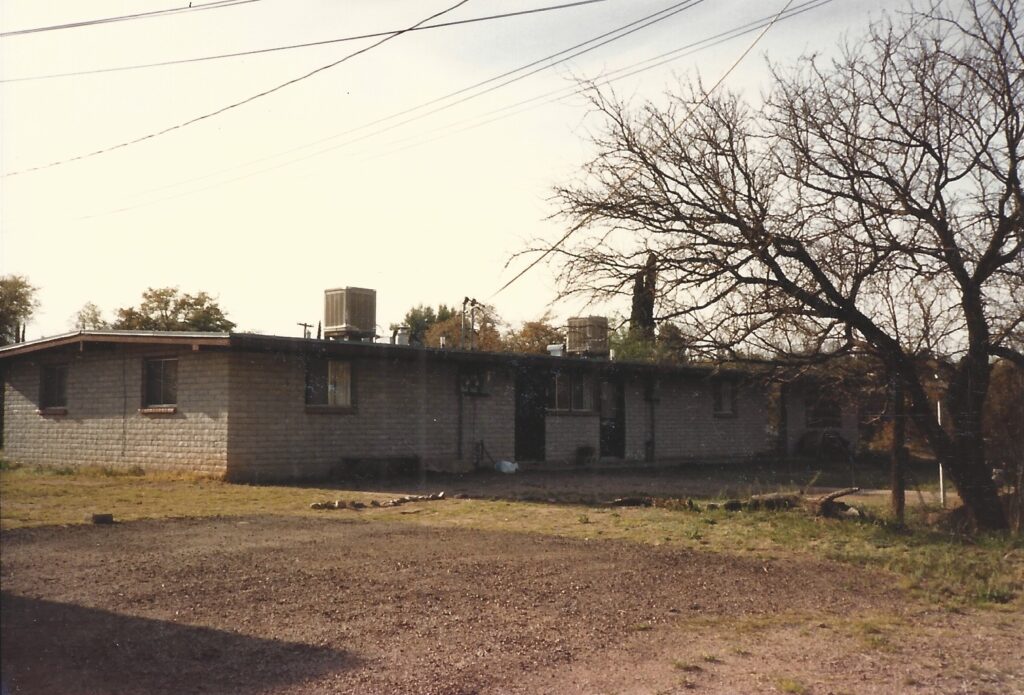
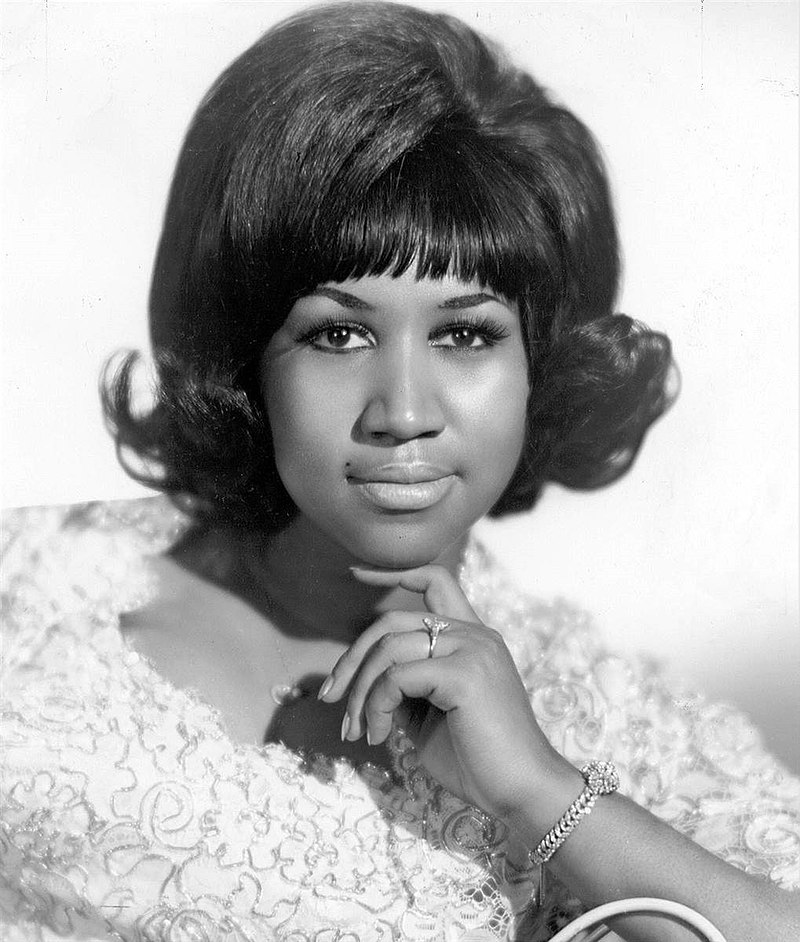
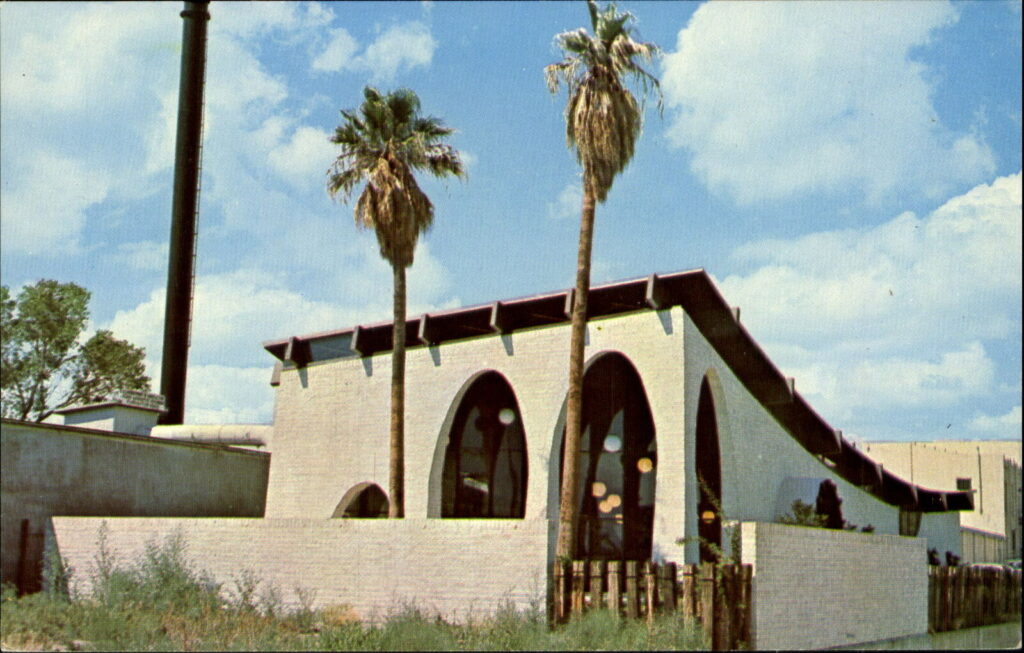
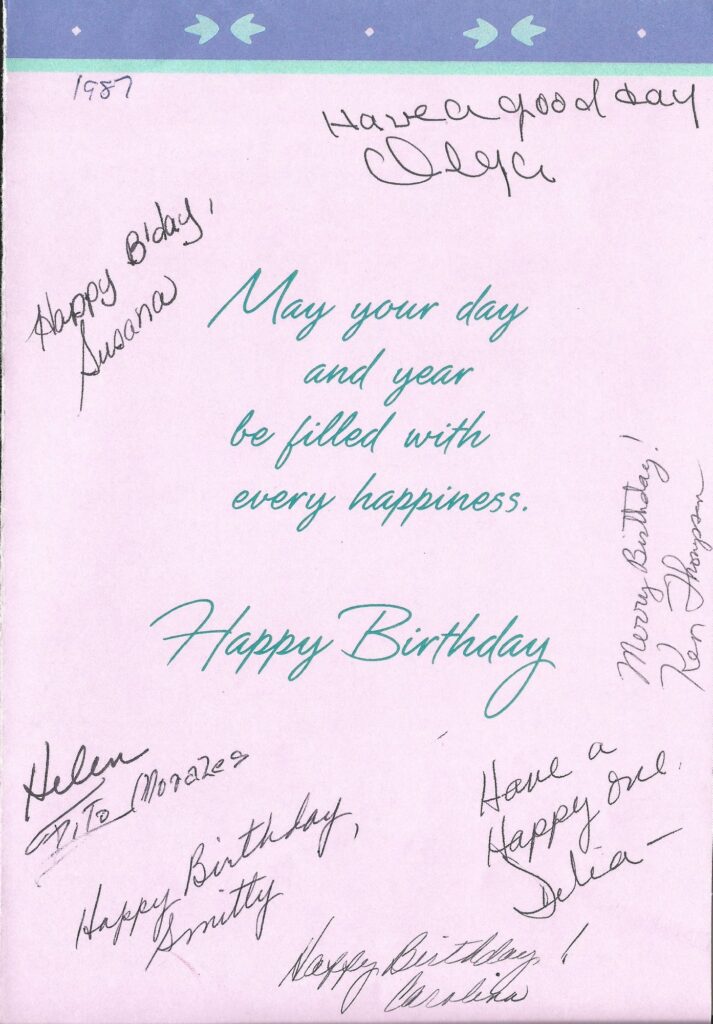
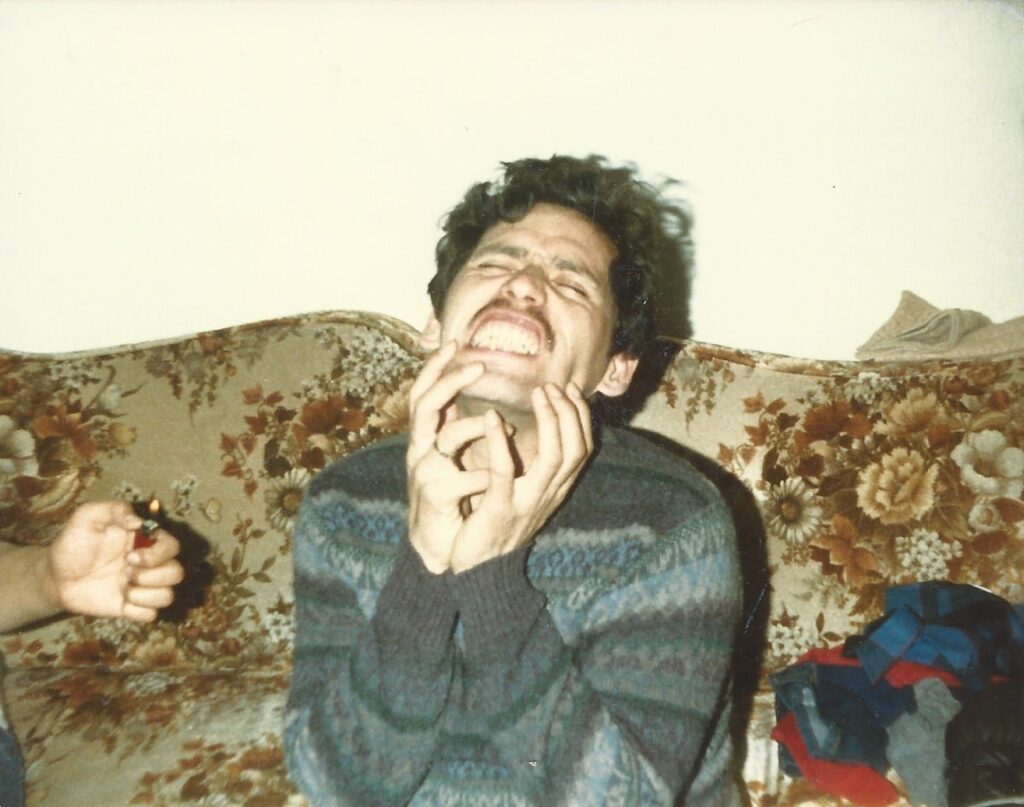
This is a great song.
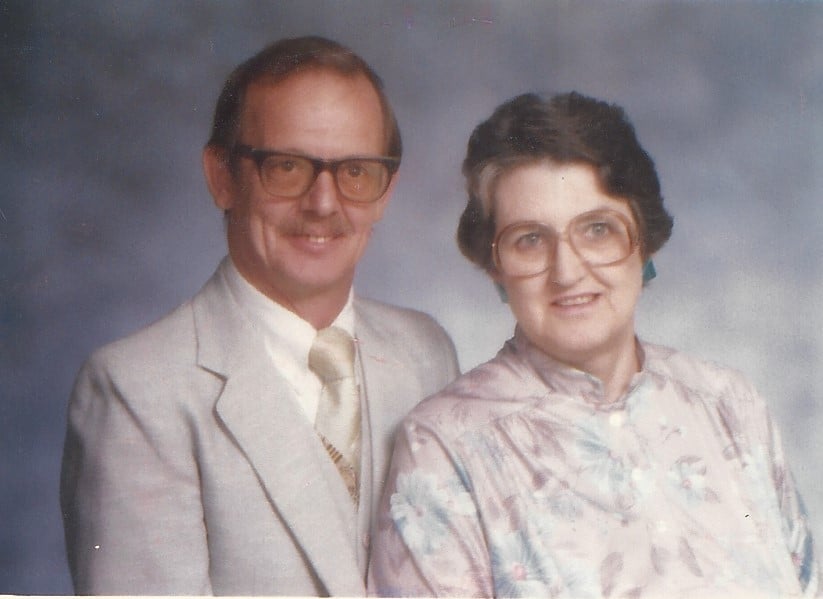
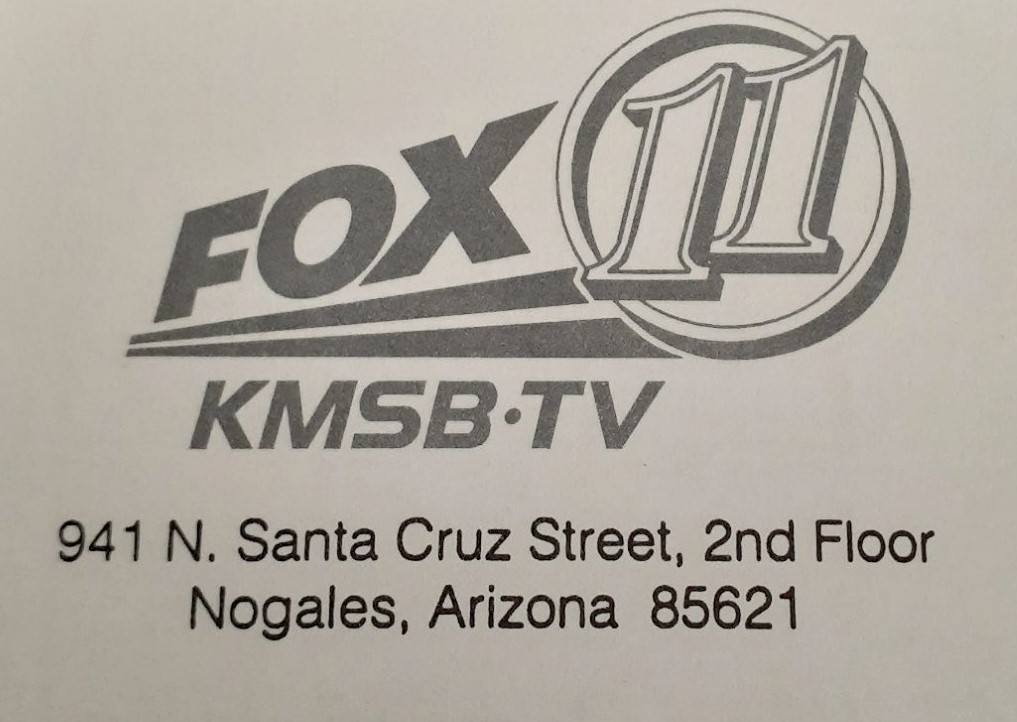
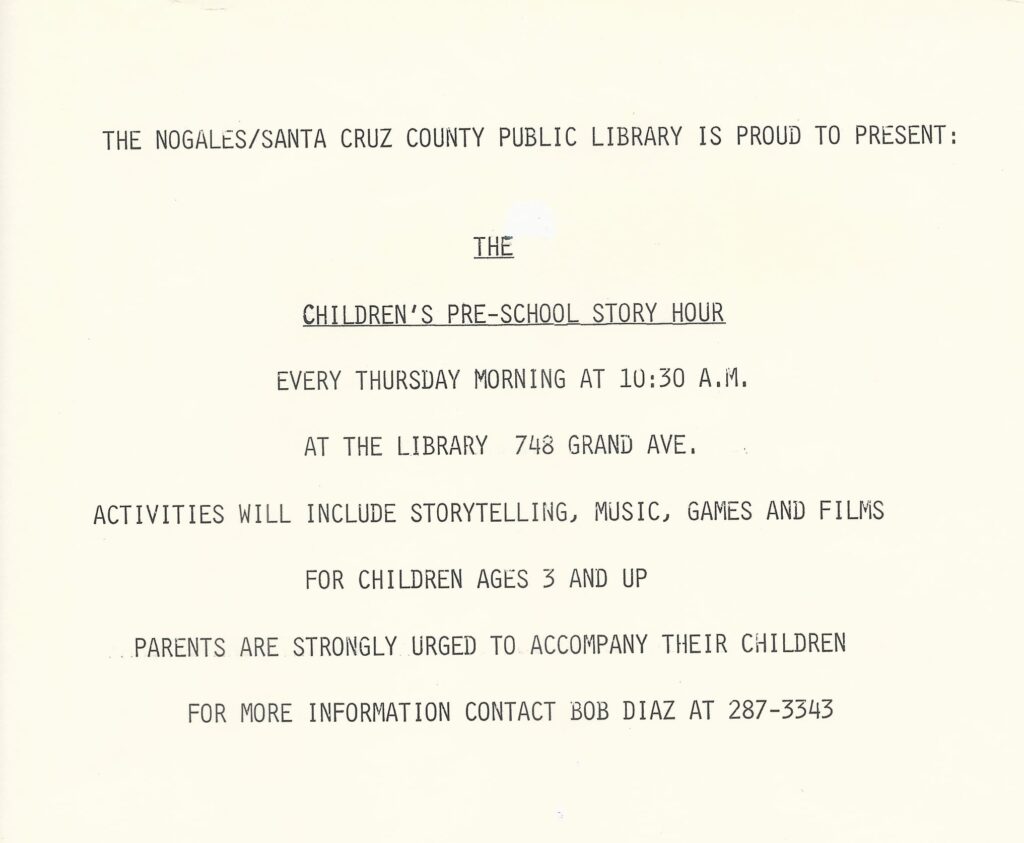
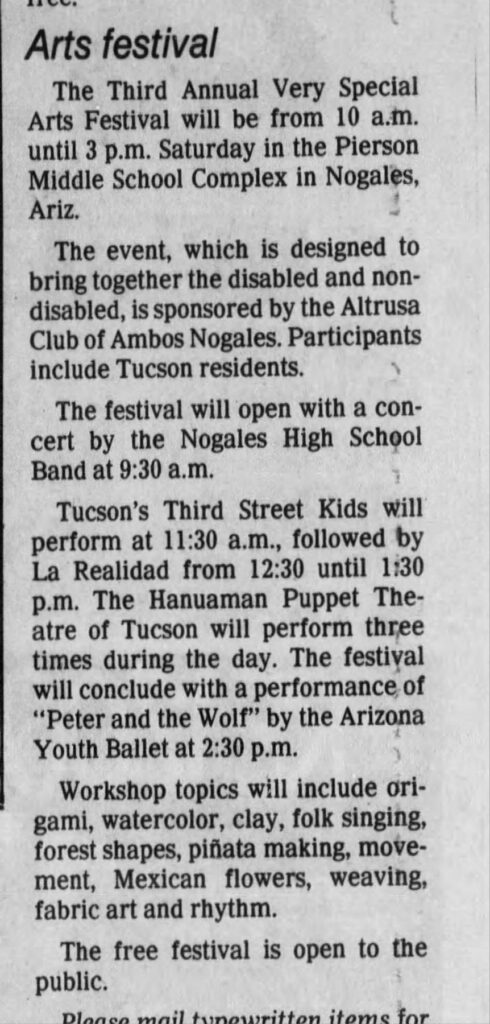
My favorite song from this album…
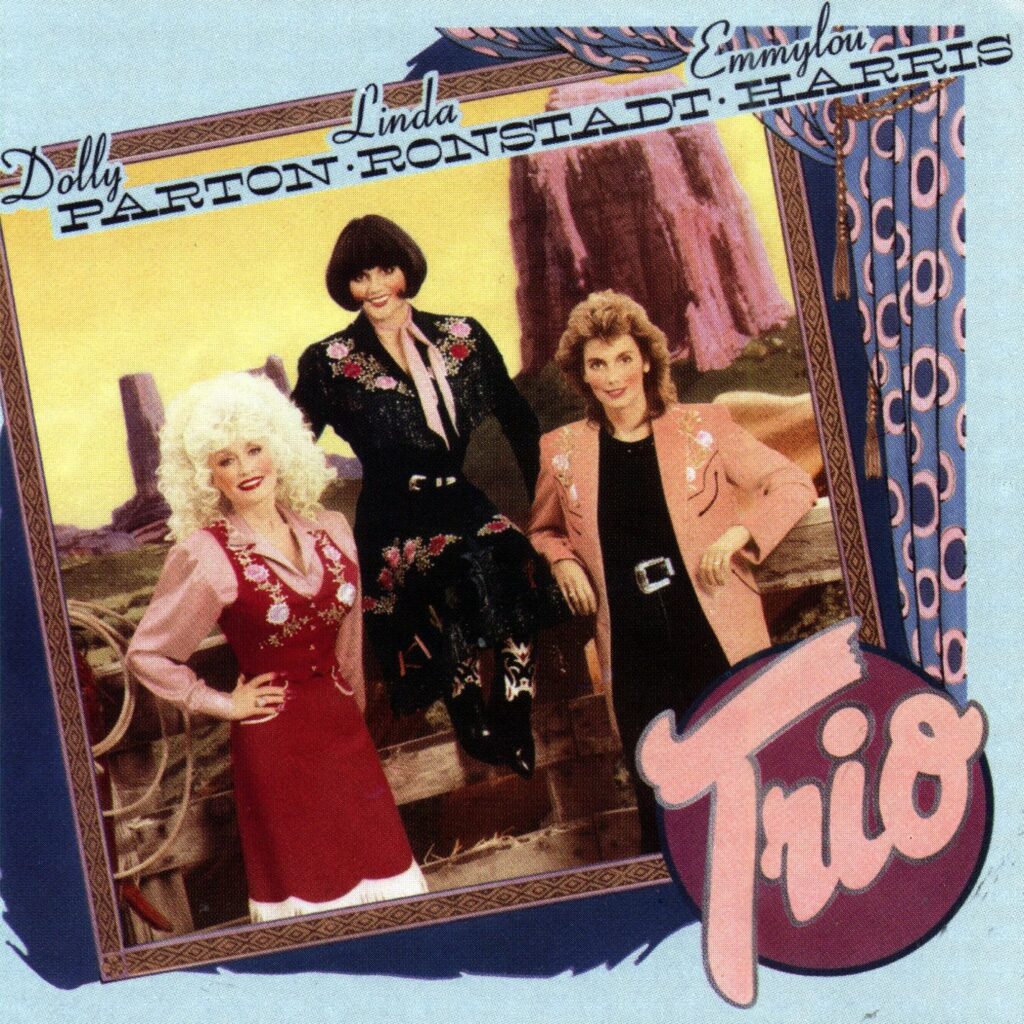
This is such a beautiful tune. My theme song…

Meanwhile, on the other side of the country, Larry Kramer founded ACT UP, the direct action organization that would push the envelope and force the government to start funding research on AIDS. Thousands upon thousands of gay men had already perished from the disease by the time the FDA paid any attention.
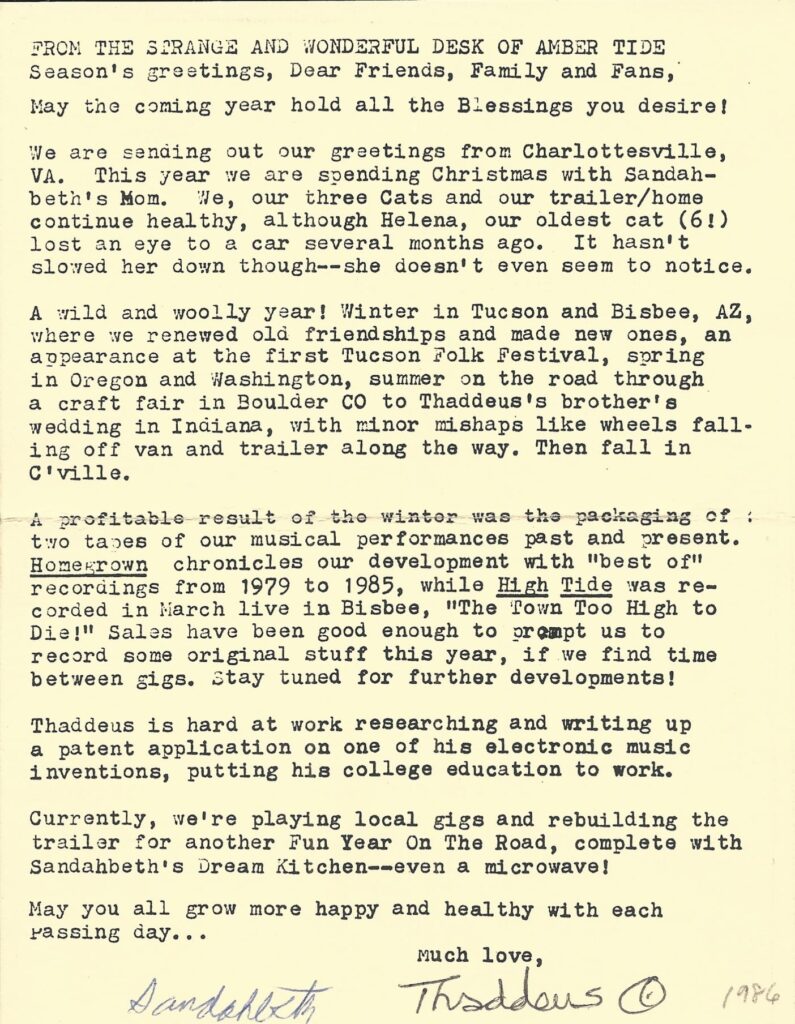
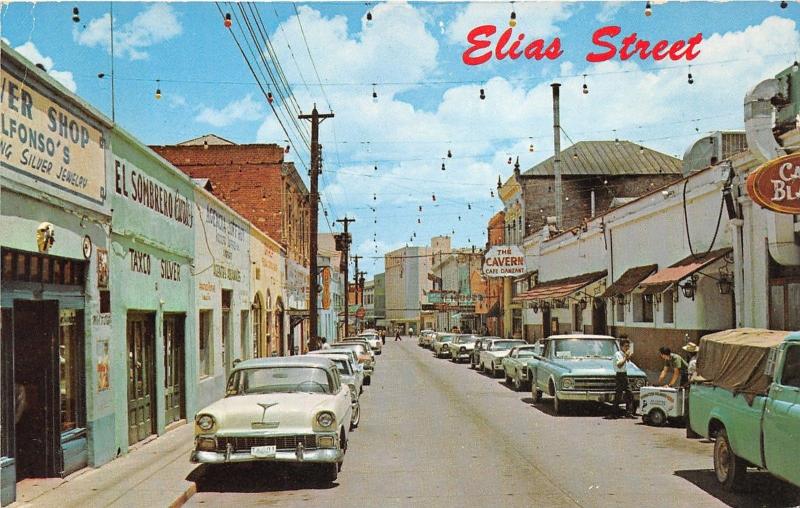
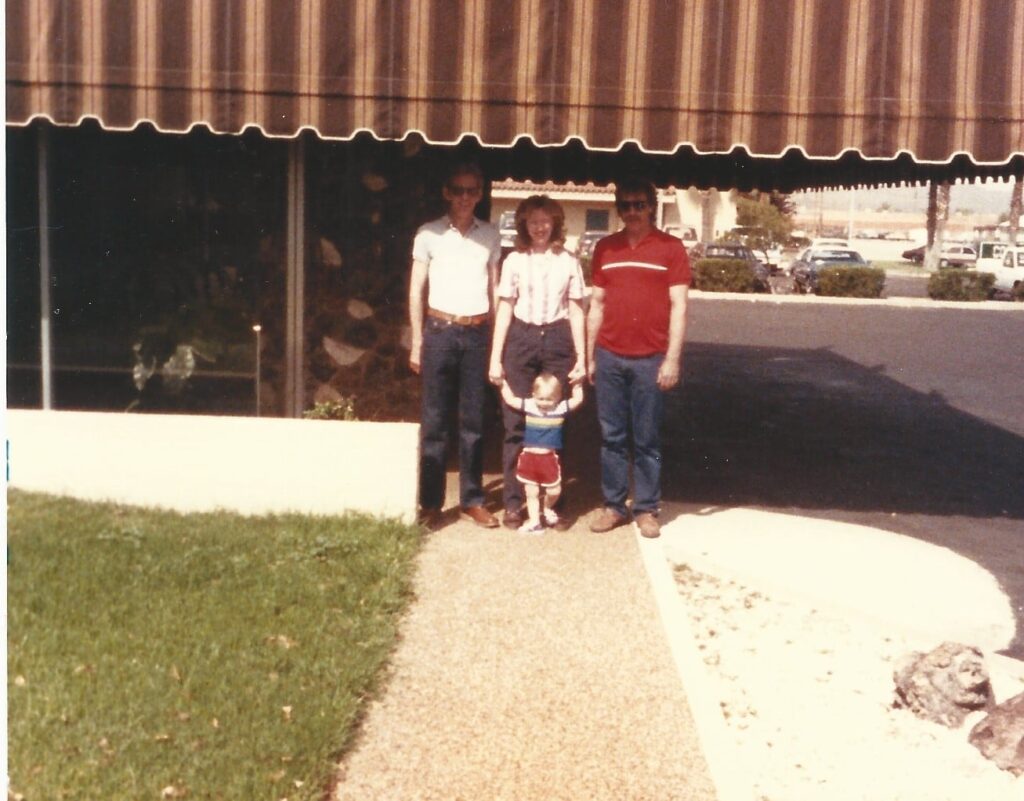
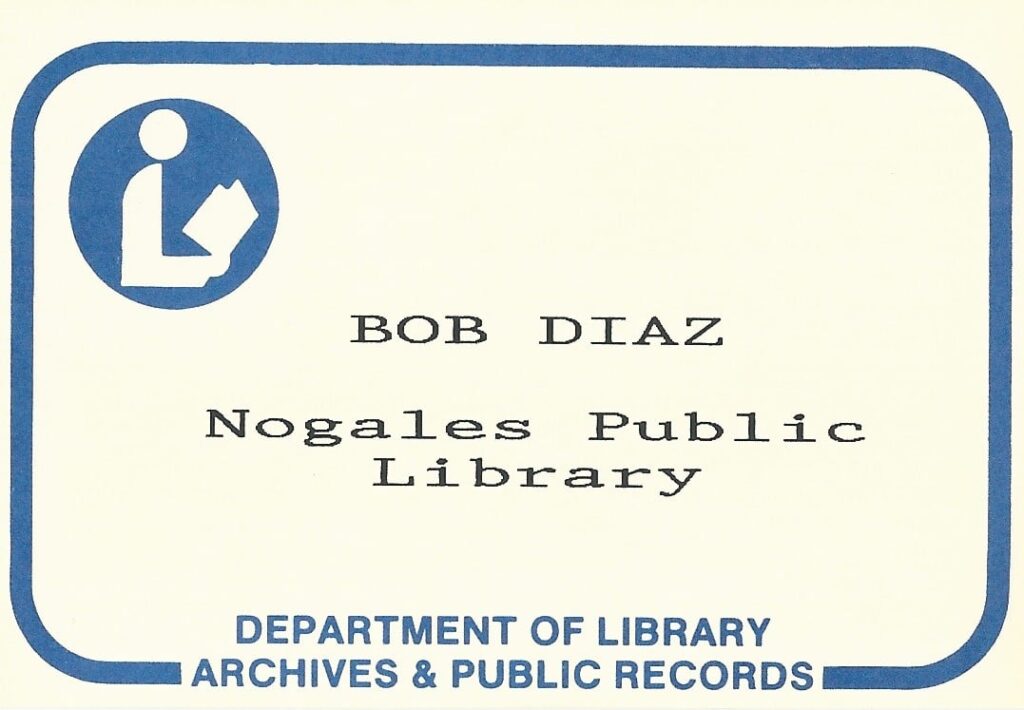
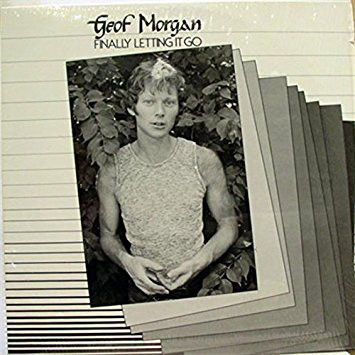
I love this video.
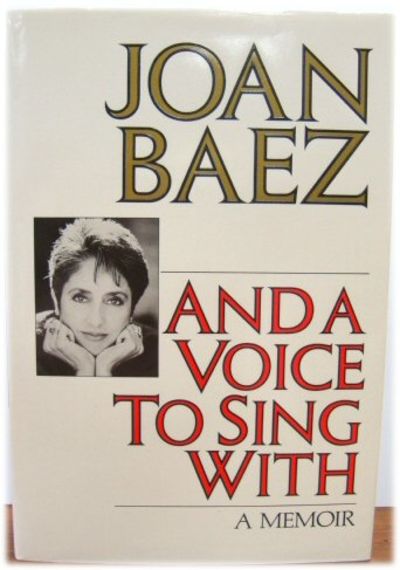
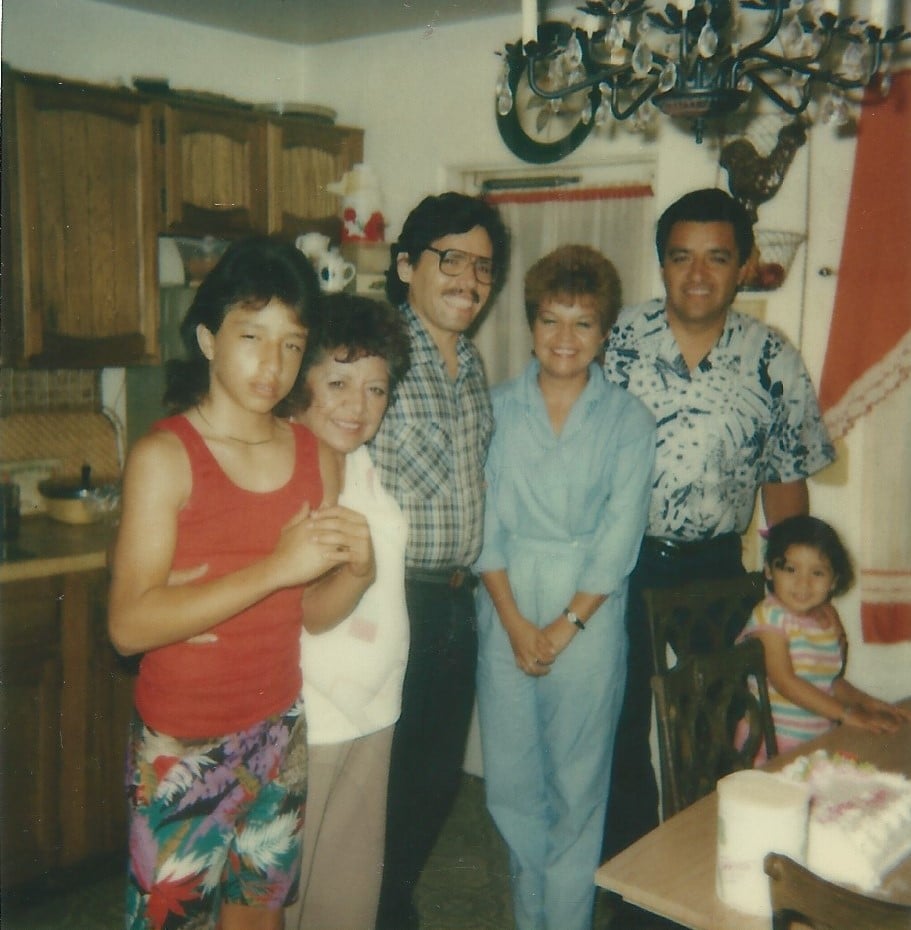
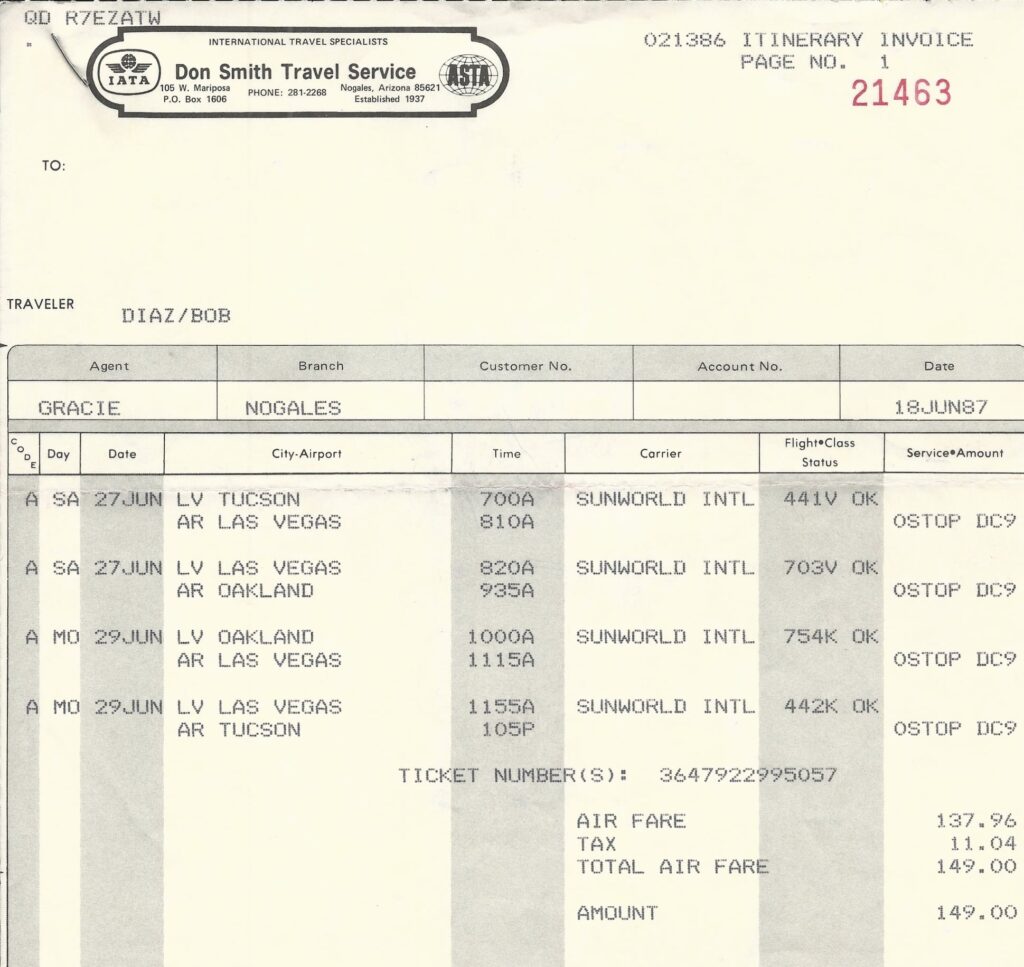
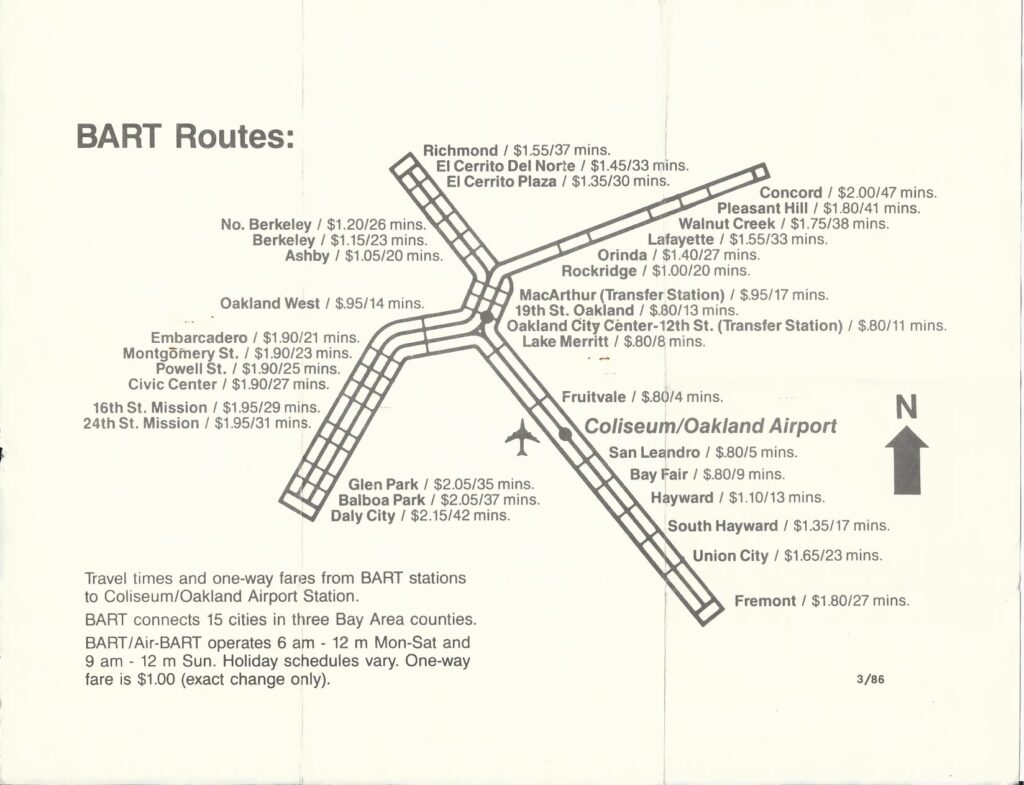
The title cut put Los Lobos on the map. La Bamba was a huge hit.
My friend Tim gave me the 45 single. It’s a collector’s item. Touch of grey. Ha! It’s now a whole headful!
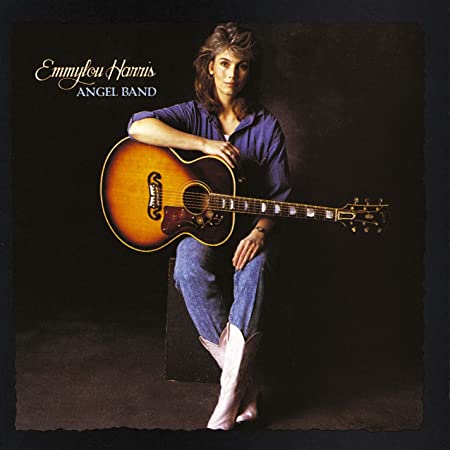
This song was fun.
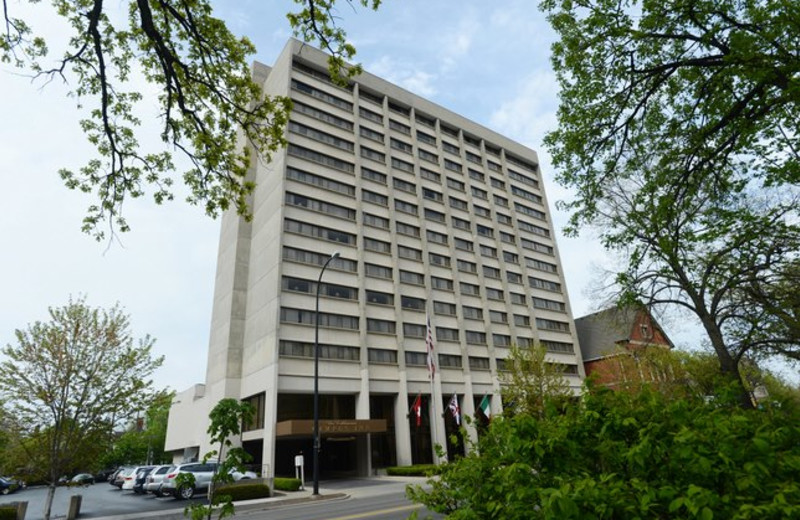
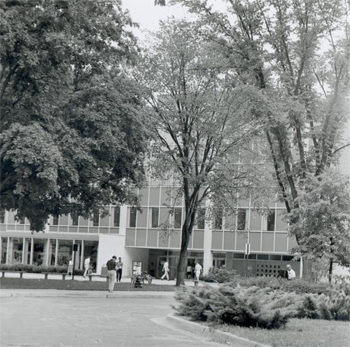
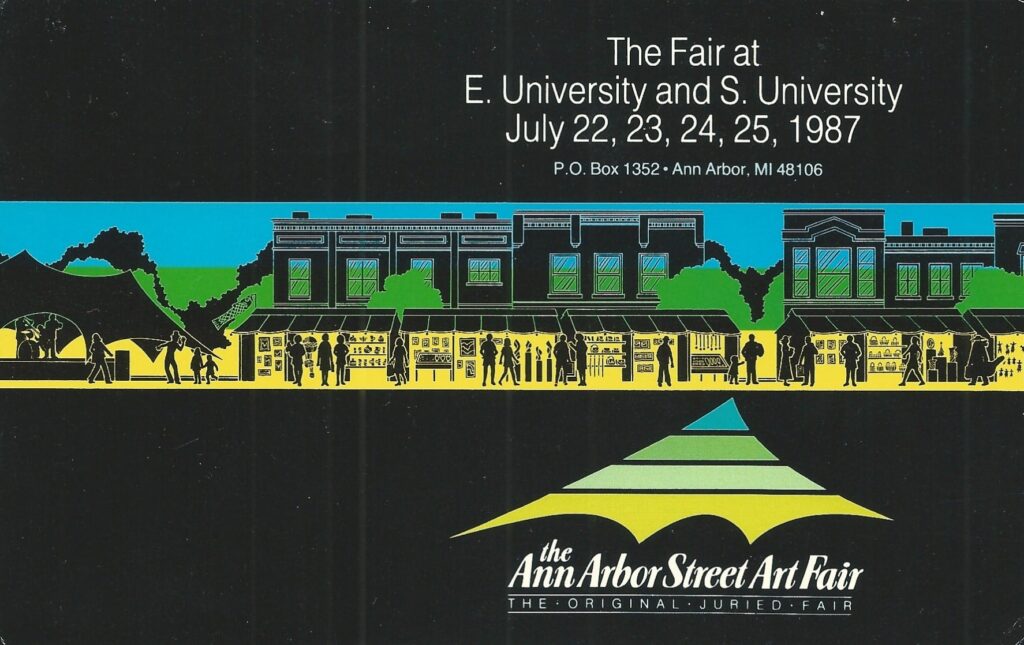
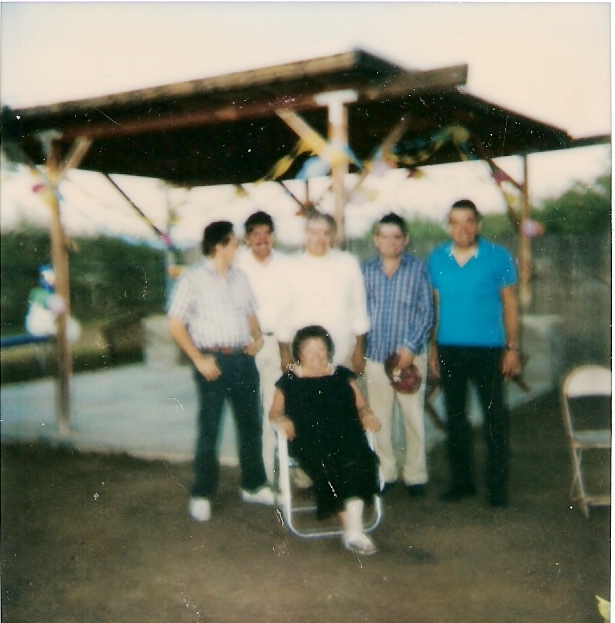
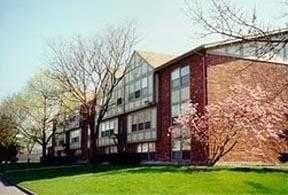
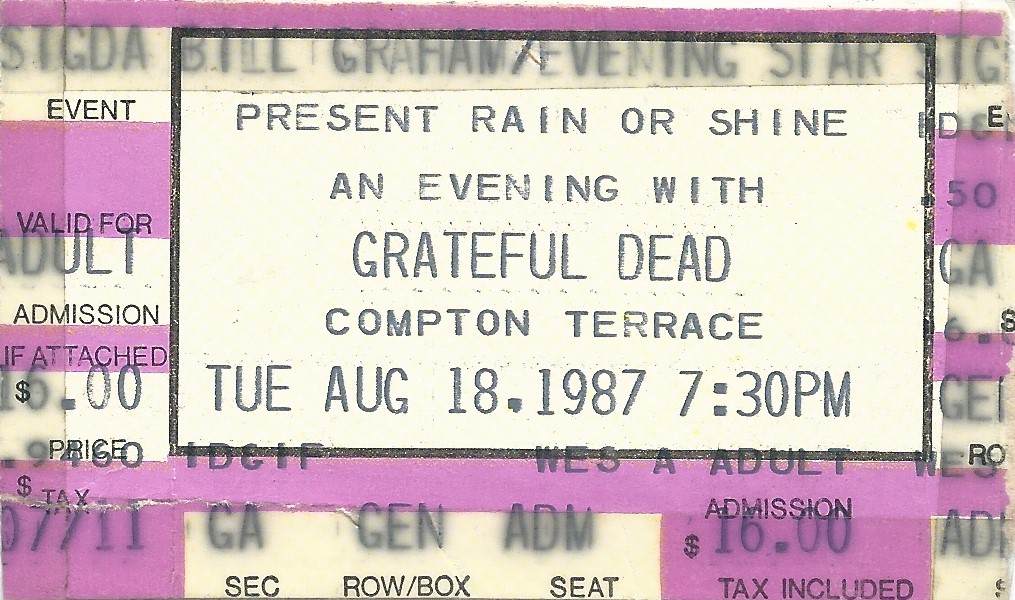
The theme song to the movie…
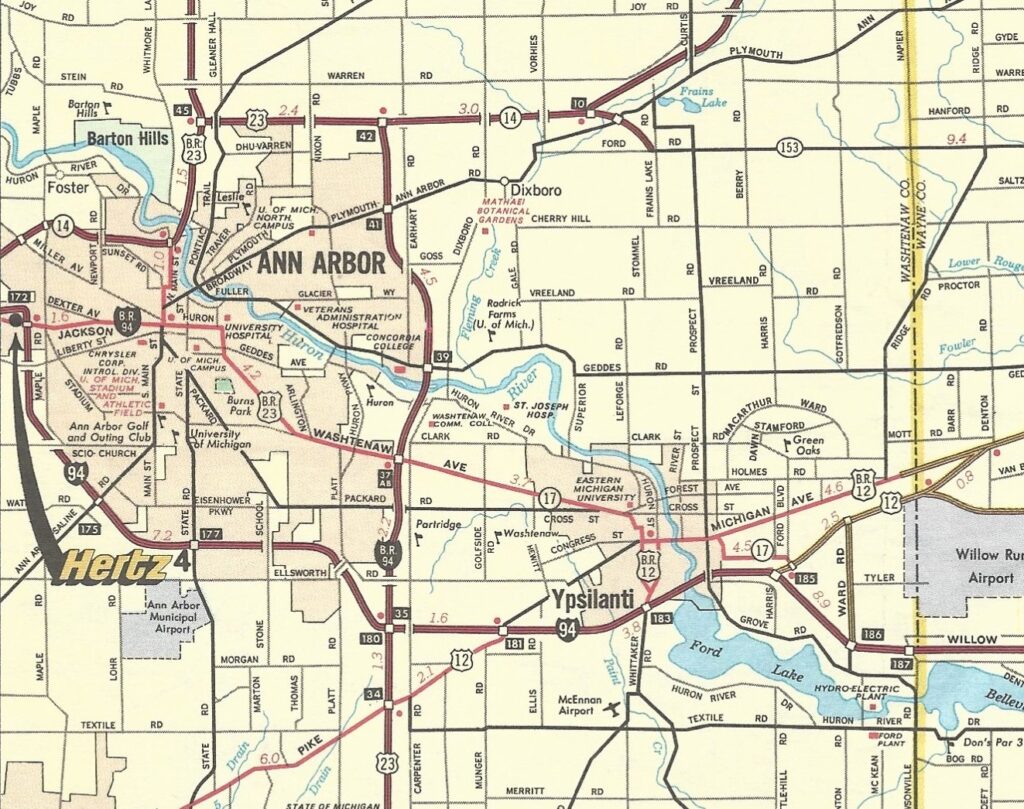
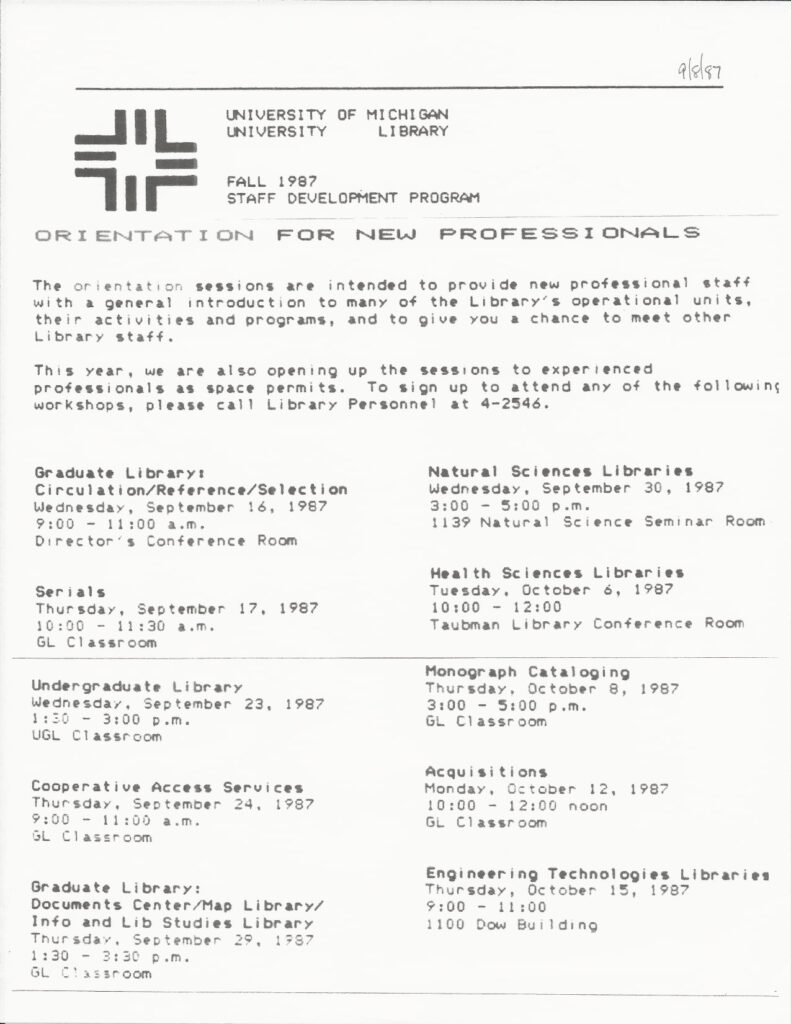
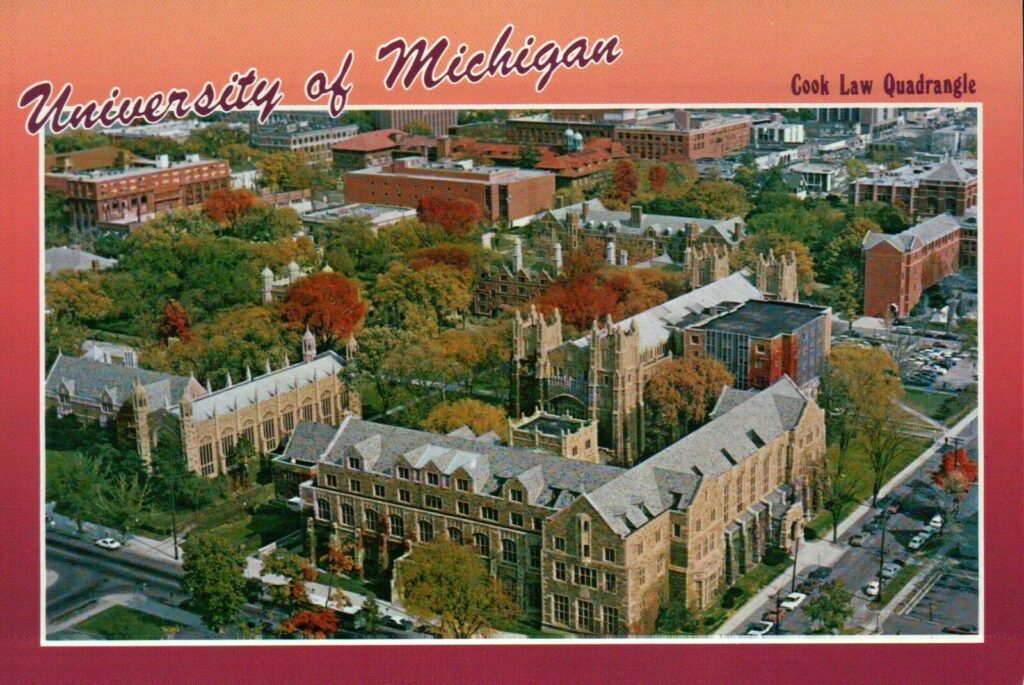
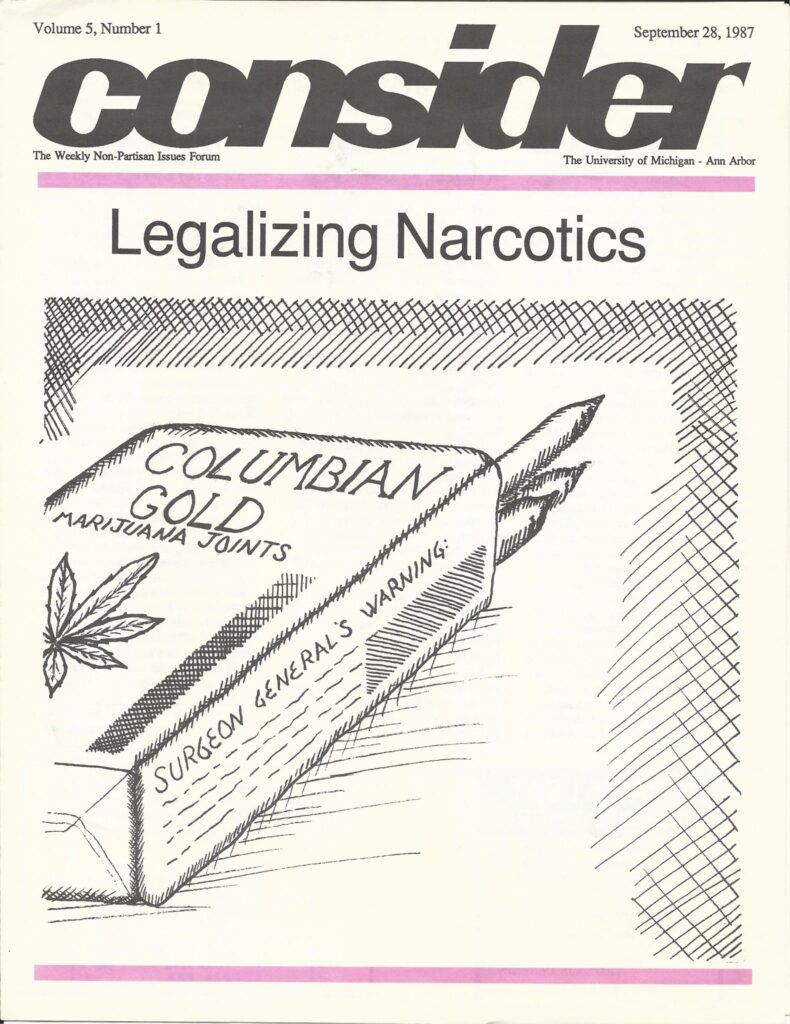
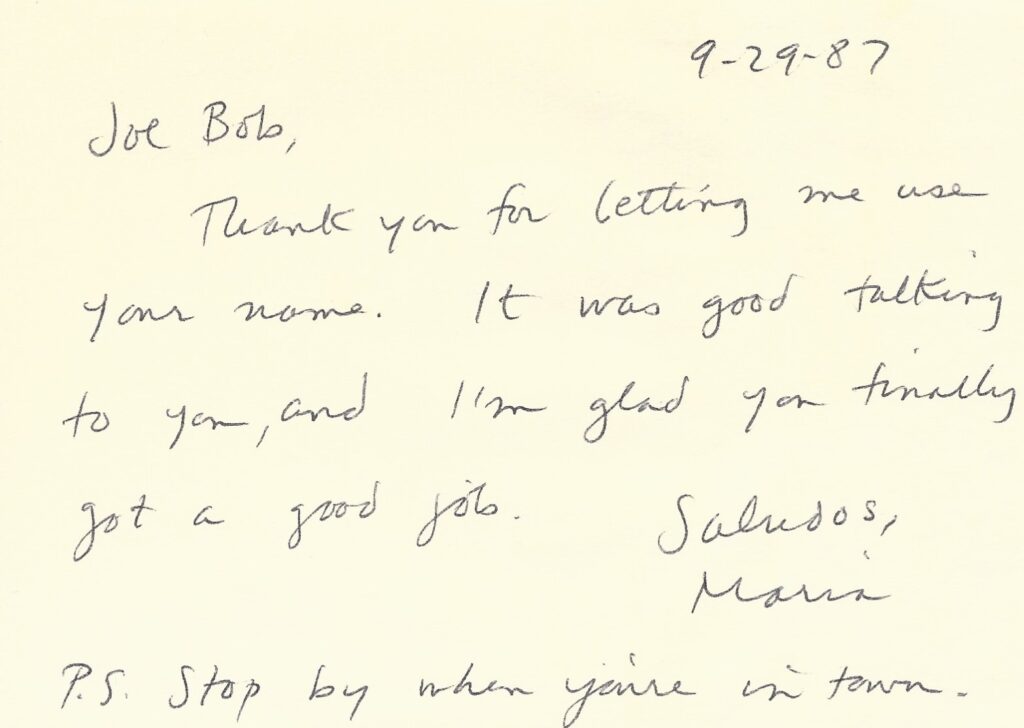
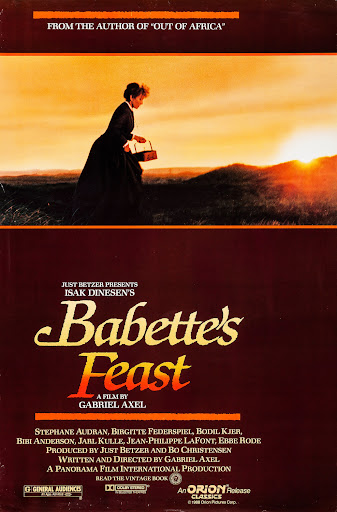
This album has so many great songs, but this one is memorable.
The first display of the Project NAMES Aids Memorial Quilt was on the National Mall on October 11, 1987, during the National March on Washington for Lesbian and Gay Rights. Composed of nearly 2,000 panels, the Quilt was larger than a football field.
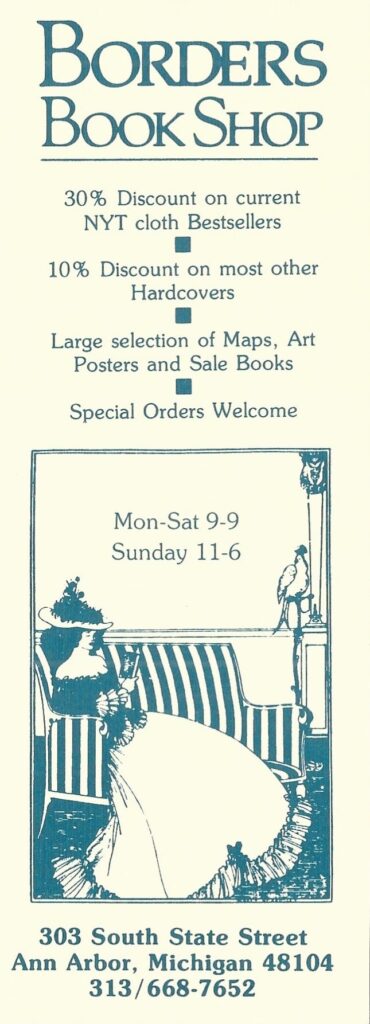
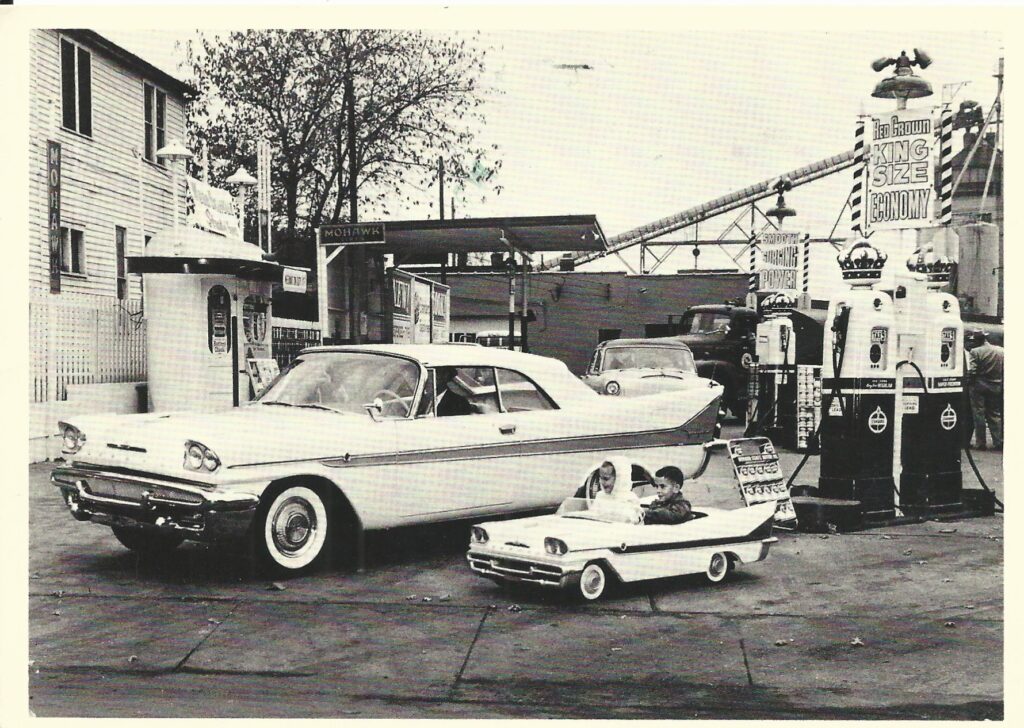
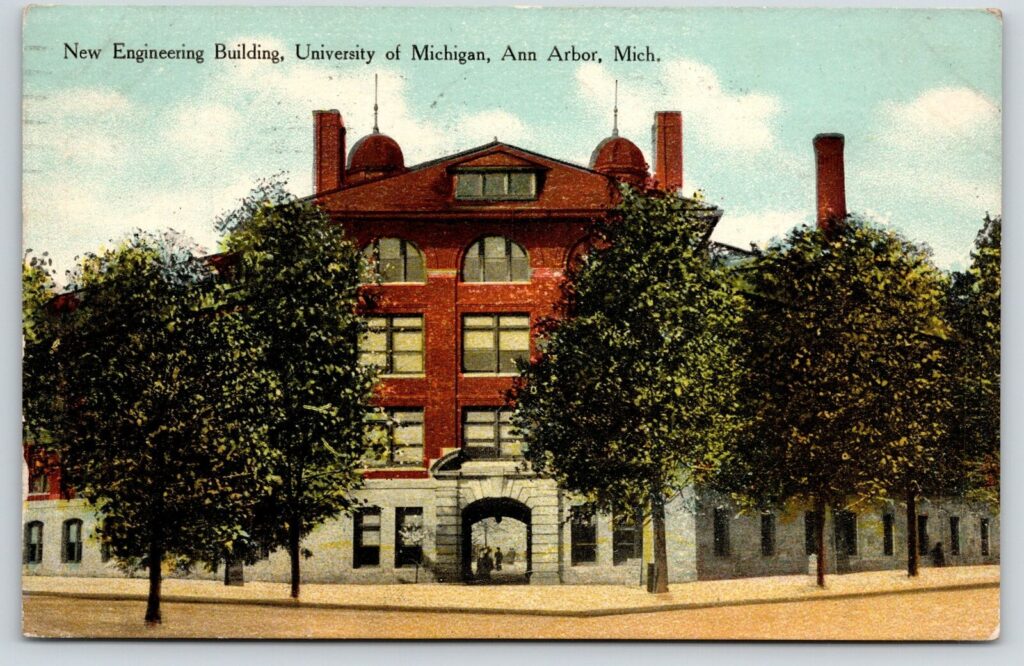
My favorite Mercedes Sosa song…
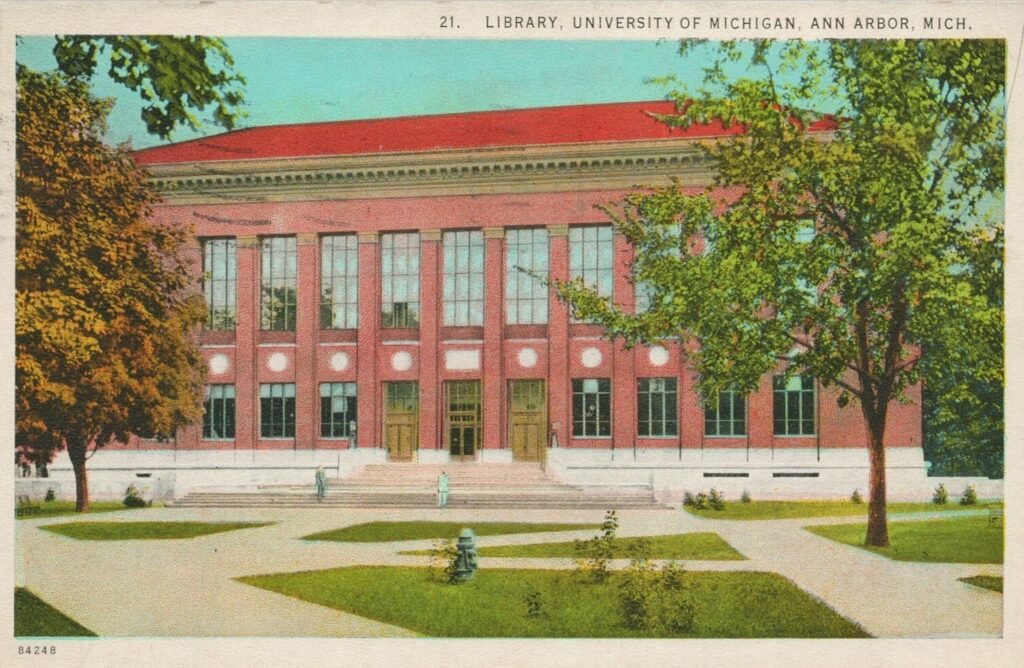
The song, “One More Try”, from this album was a gigantic hit.
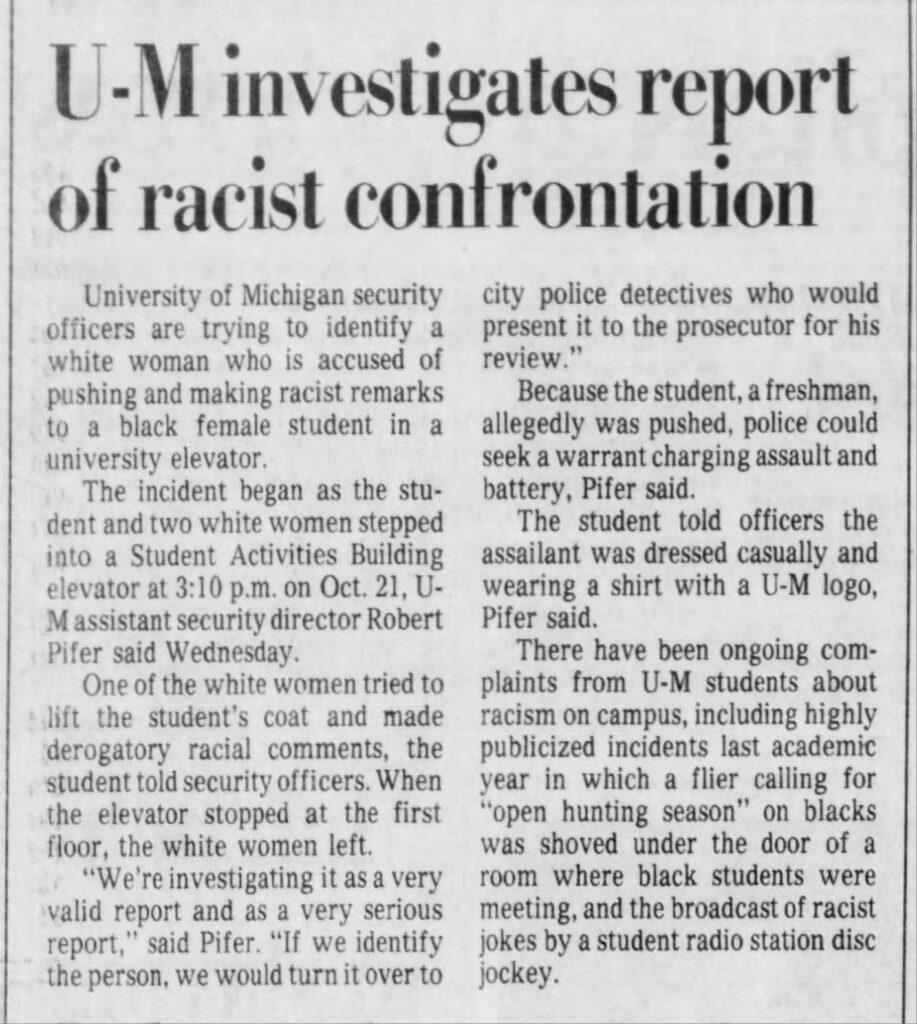

The following album by the Eurythmics was released on 11-9-87, and the song that follows, “I Need a Man”, was on it. Incredible stuff! I just love Annie Lennox!
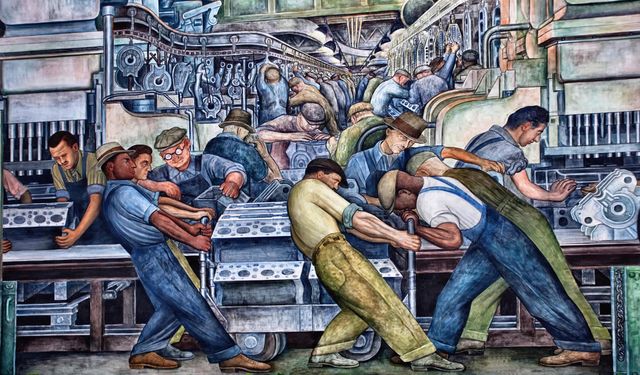
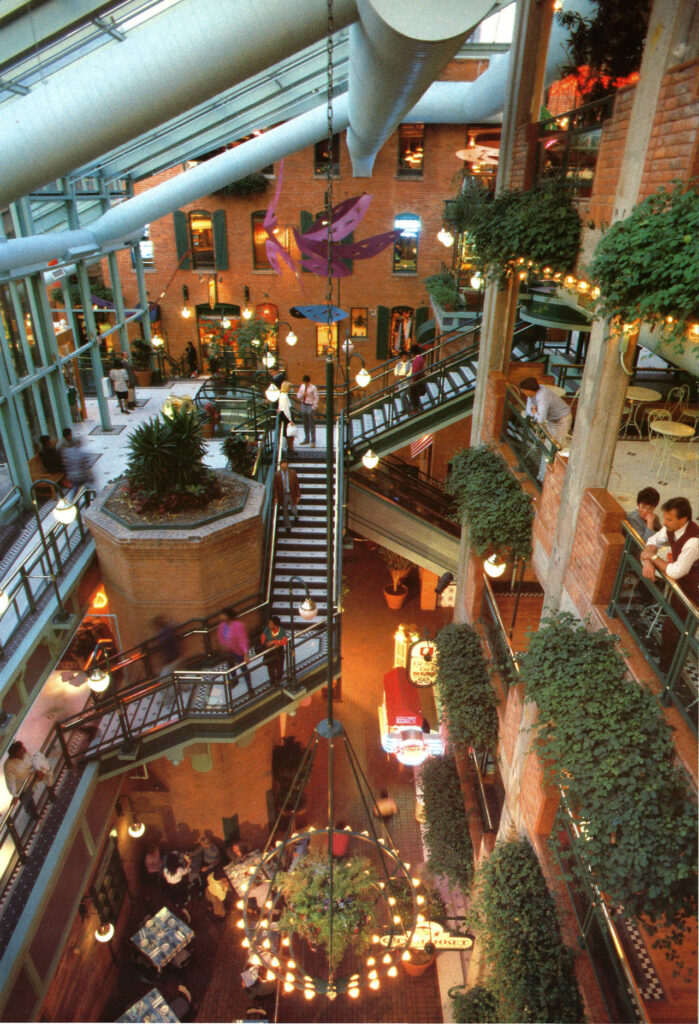
This was one of the songs my mother just loved to sing.
This is a wonderful tune.
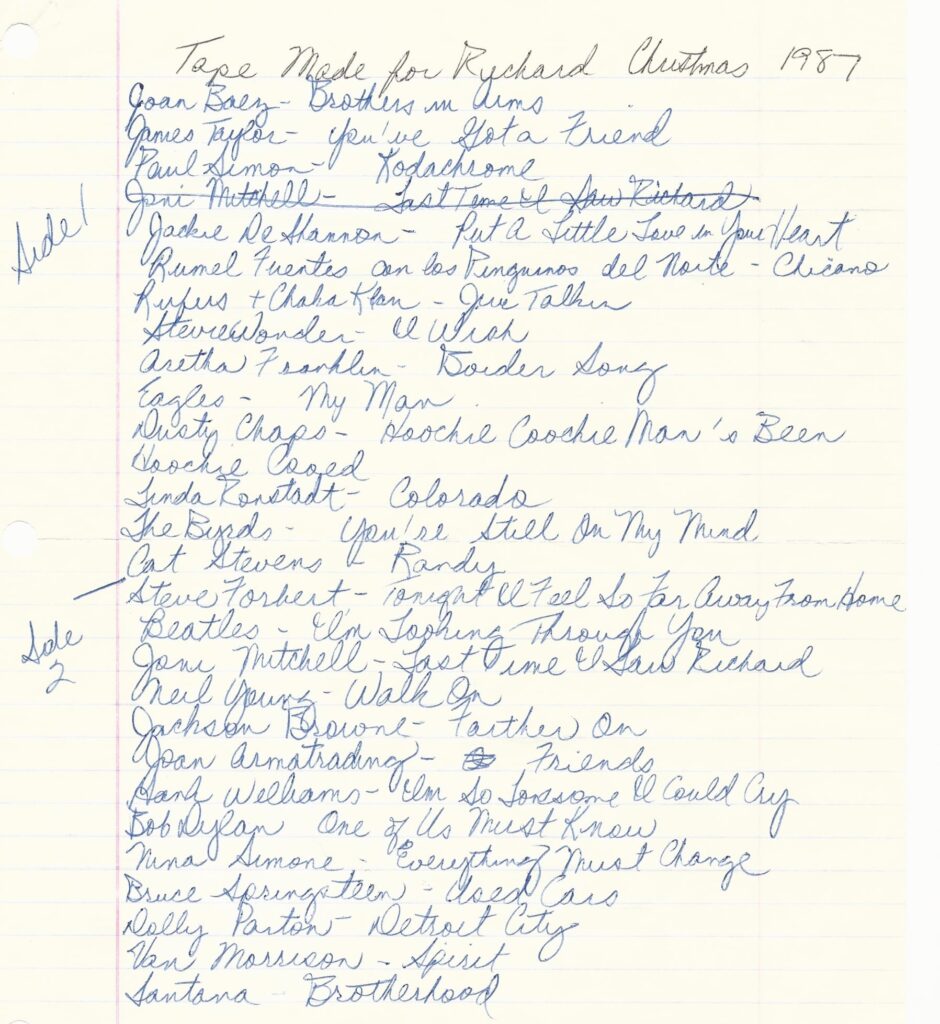
Here’s my blog entry, titled Mix Tape for Richard Elias, Christmas 1987 that includes all of the music from the tape.
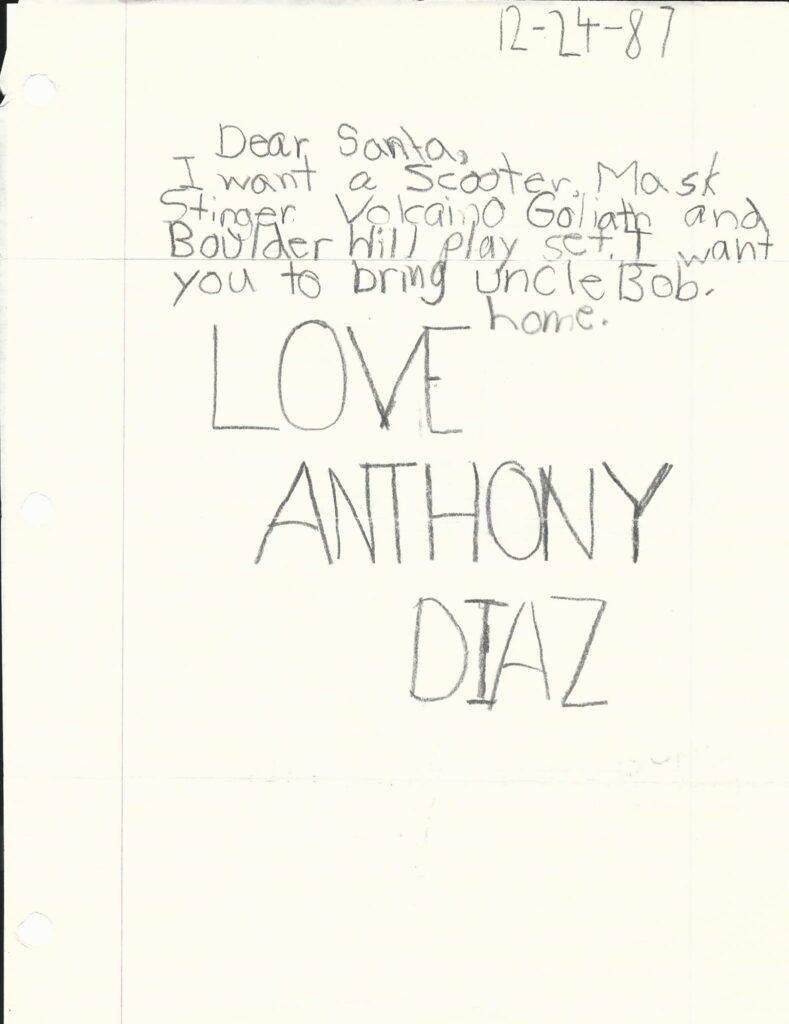
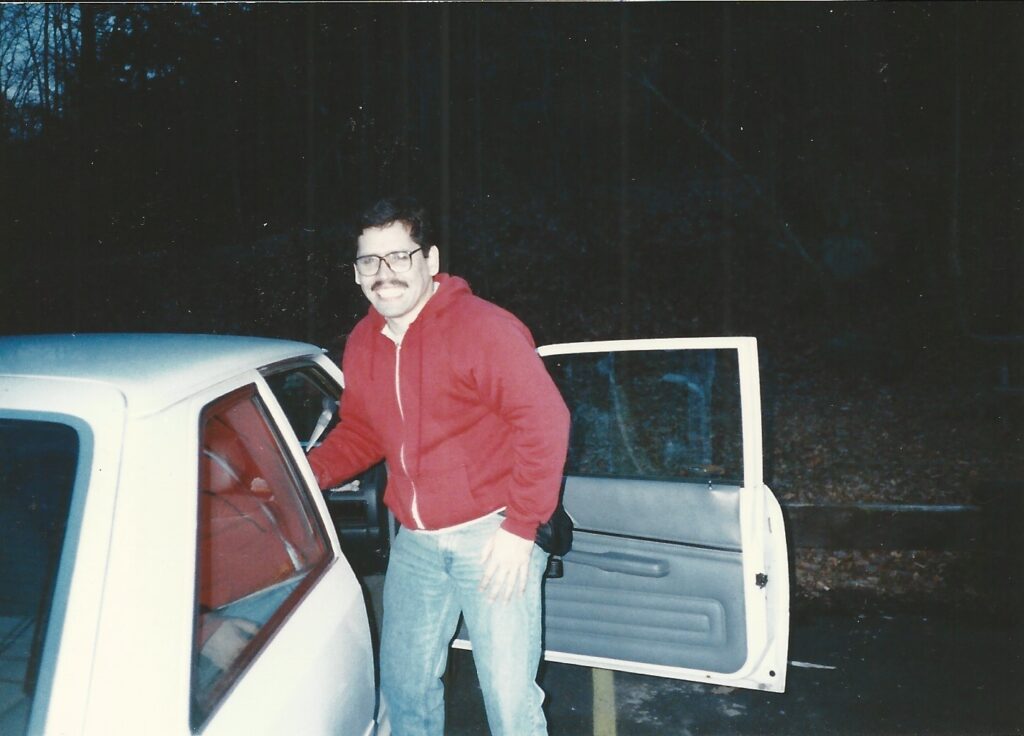
Meanwhile, in Tucson, this happened. My first Christmas away from home and it snows!
I really missed my family. Here are a few photos taken at my parent’s house at Christmastime.
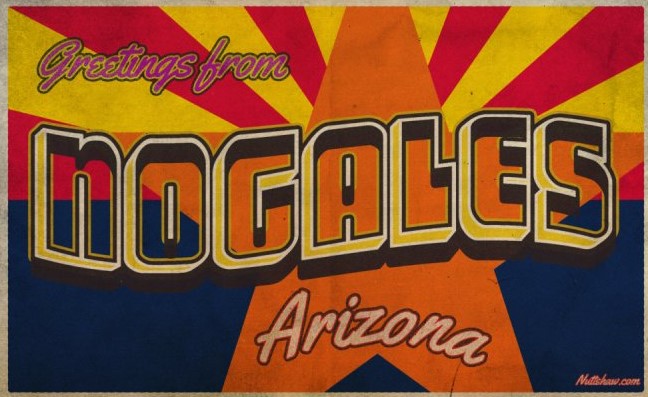
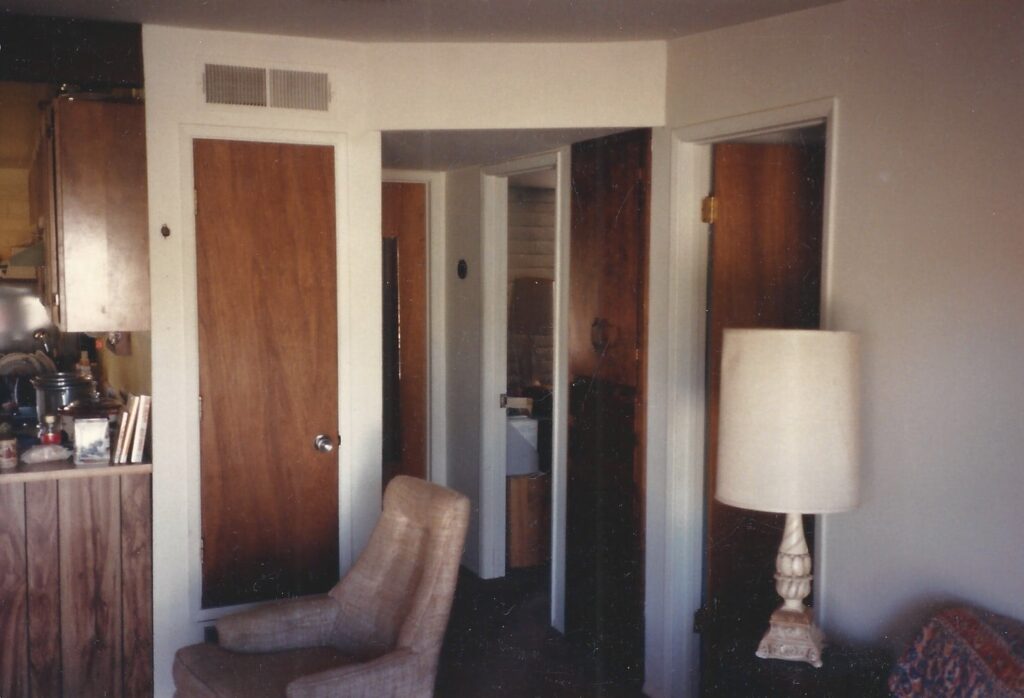
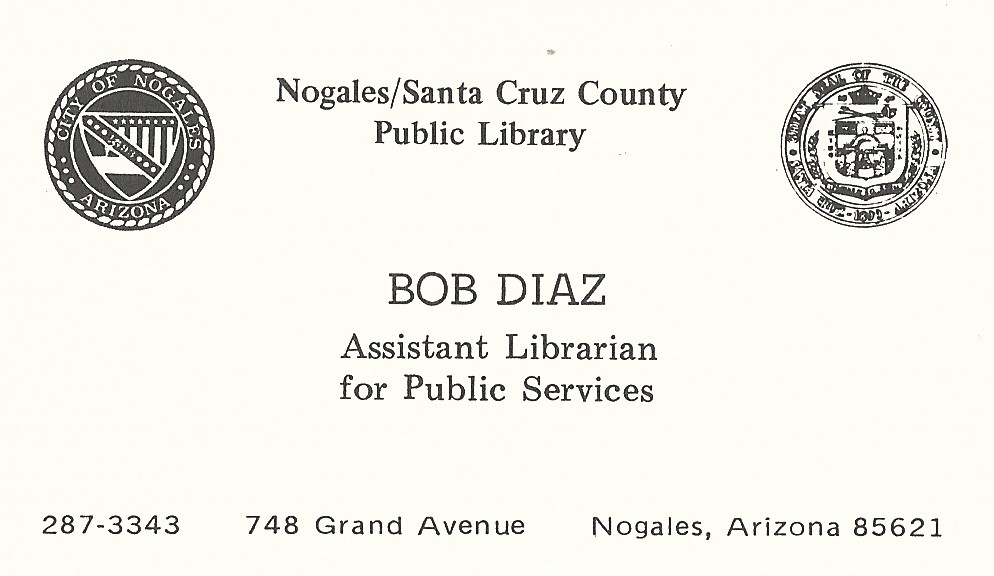
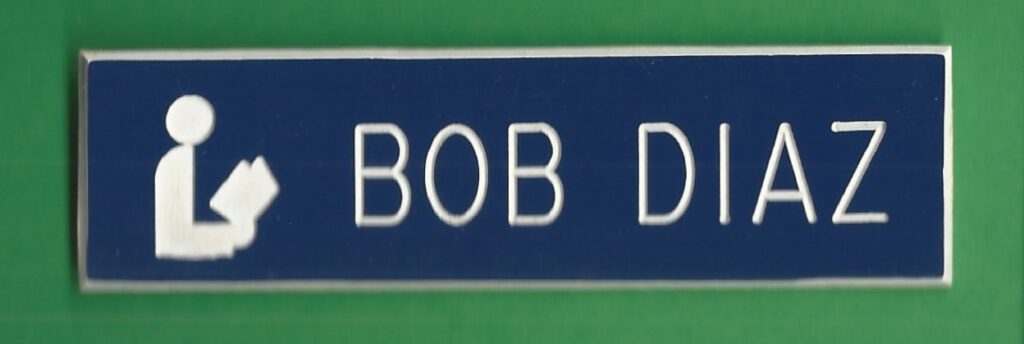
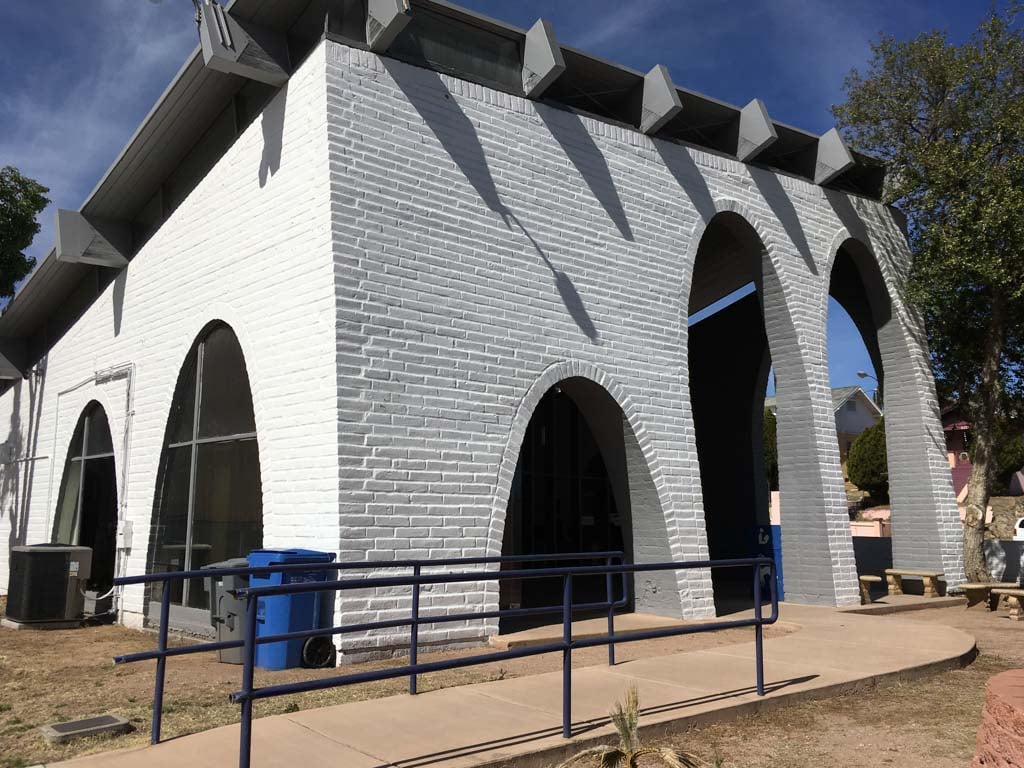
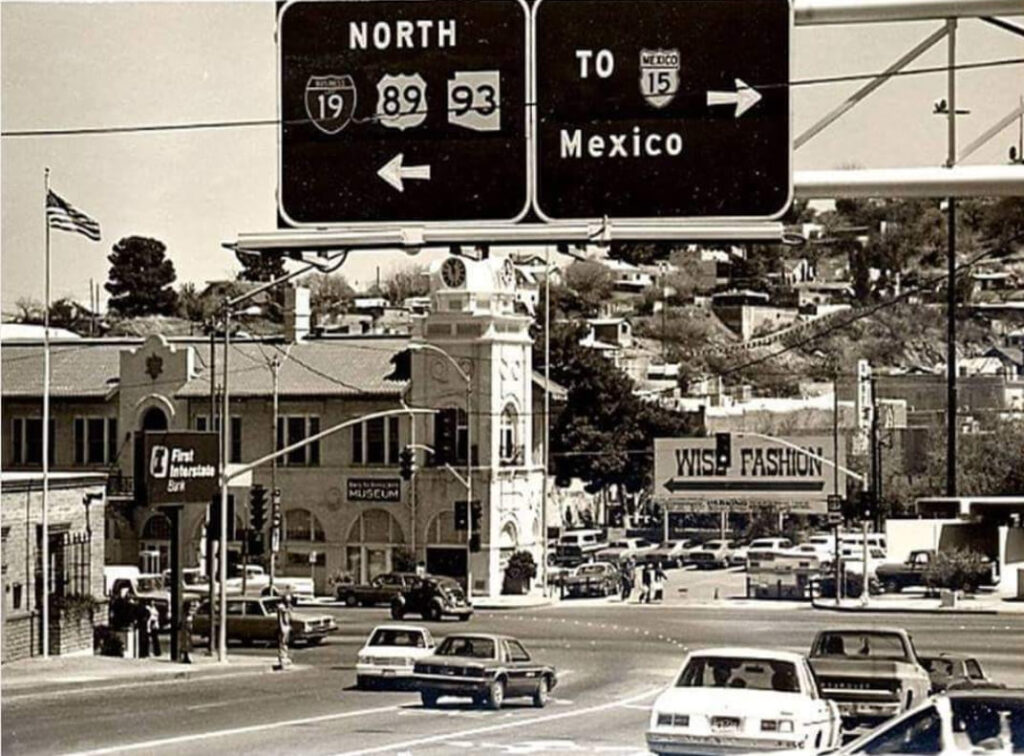
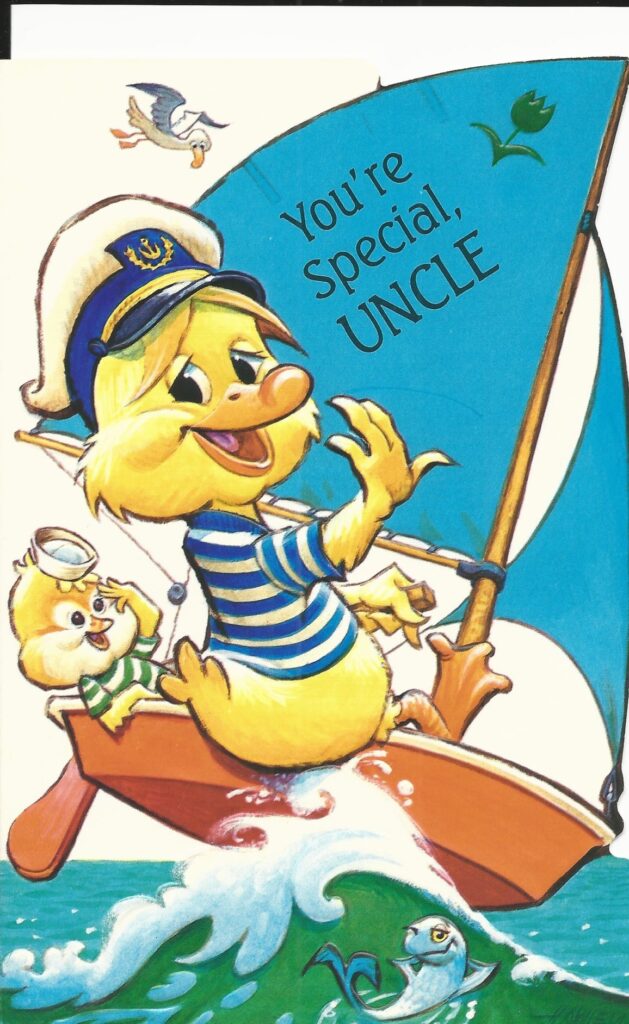
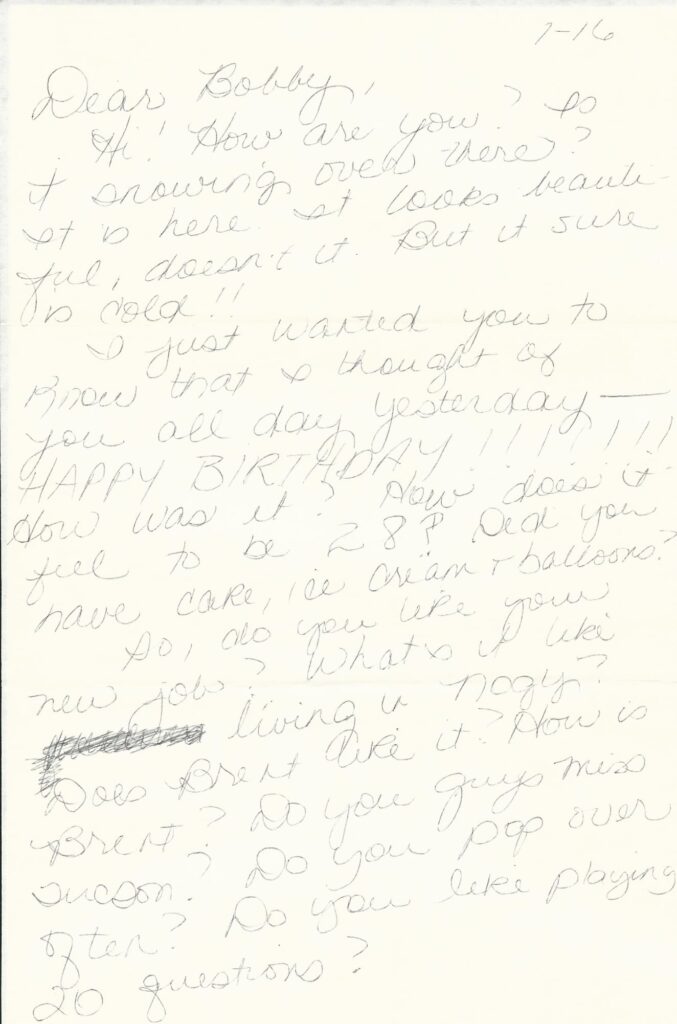
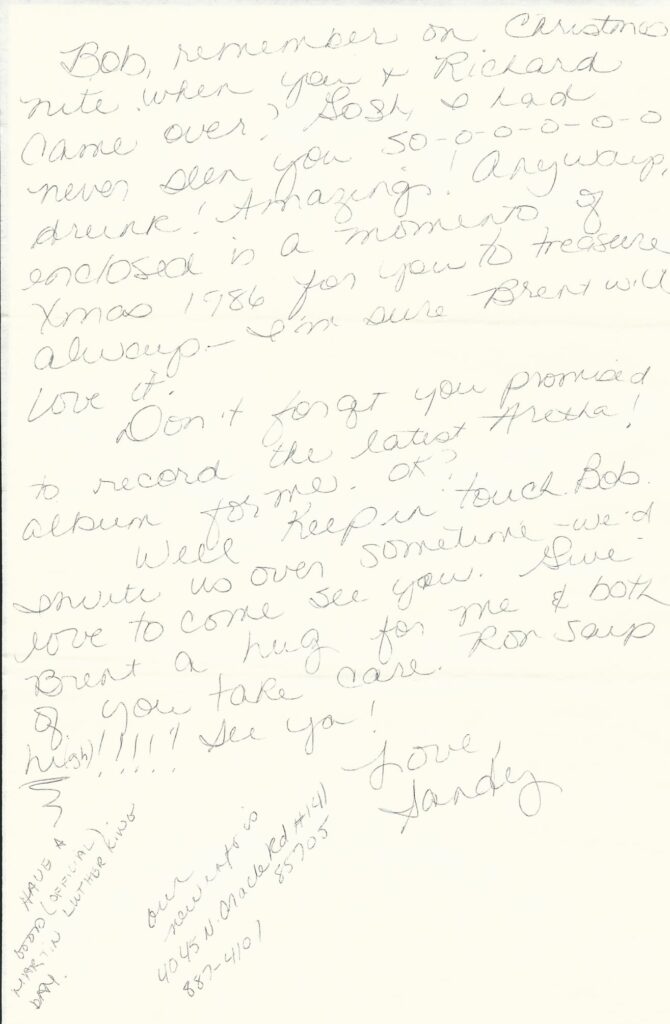
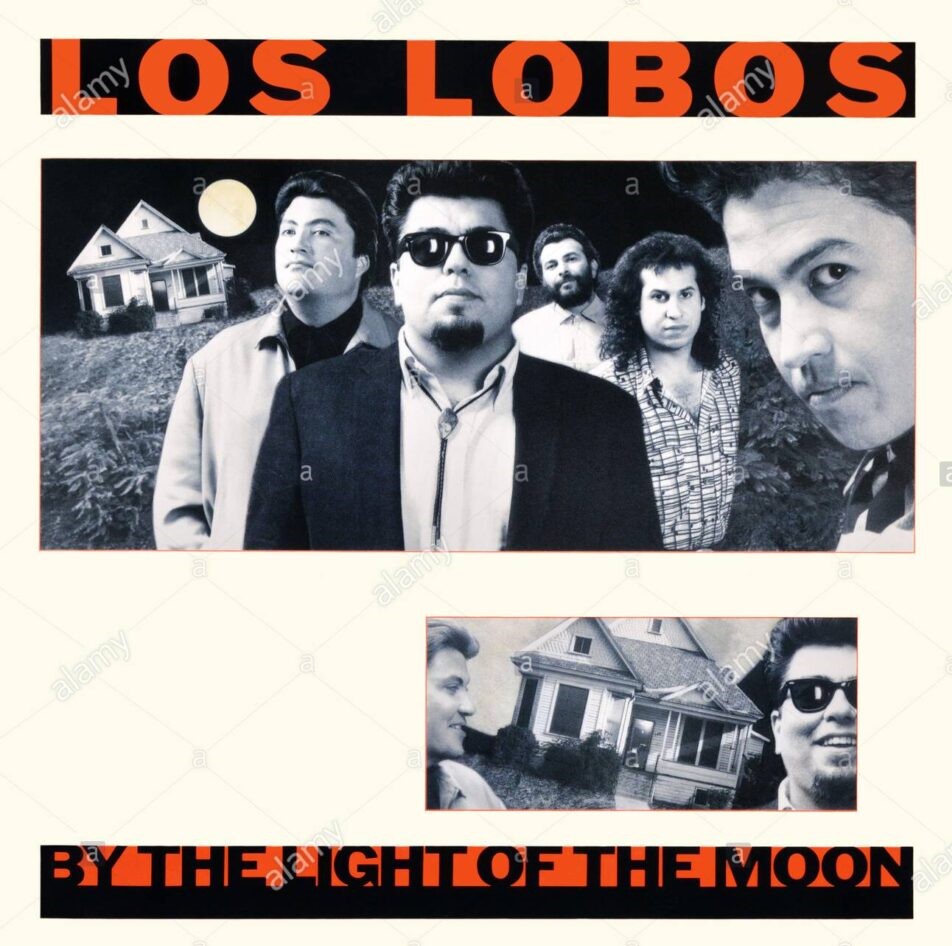
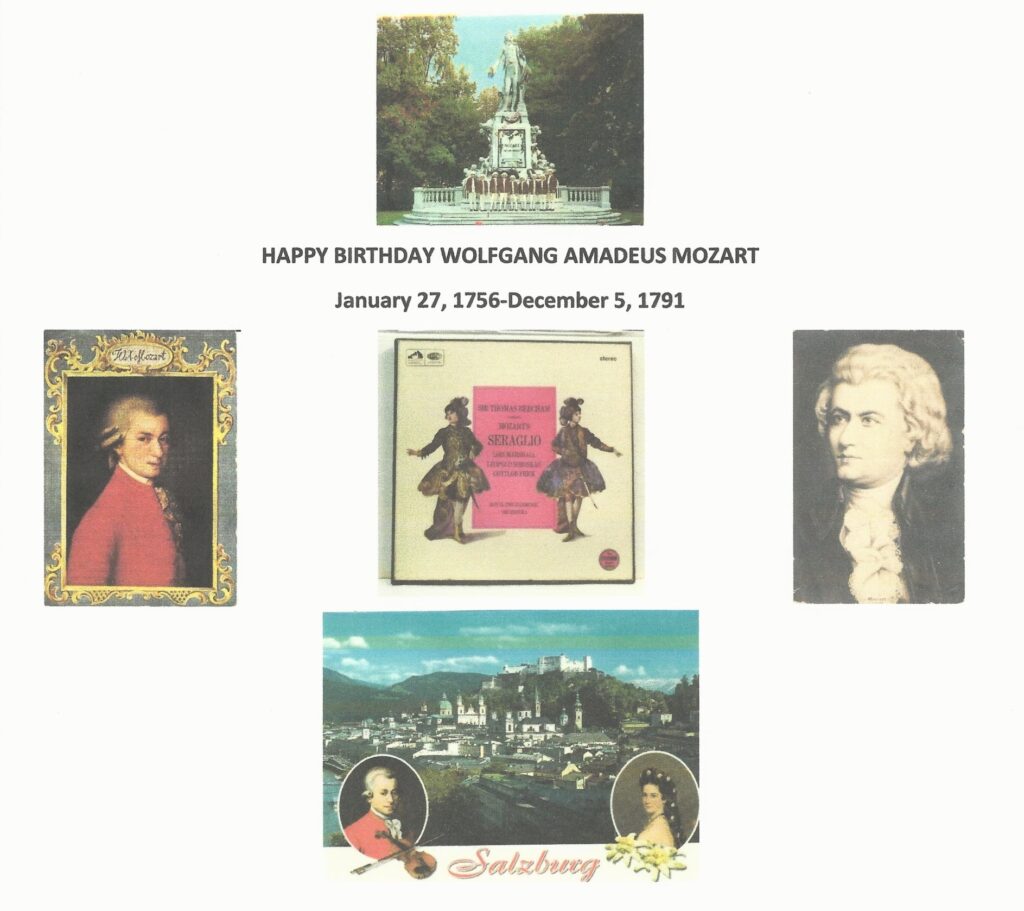
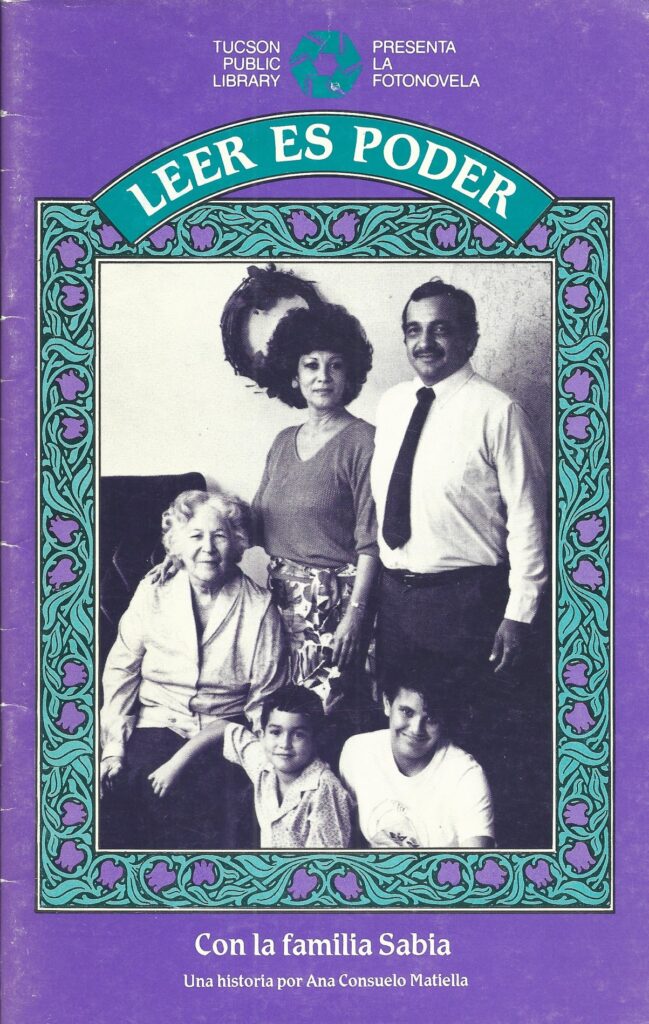
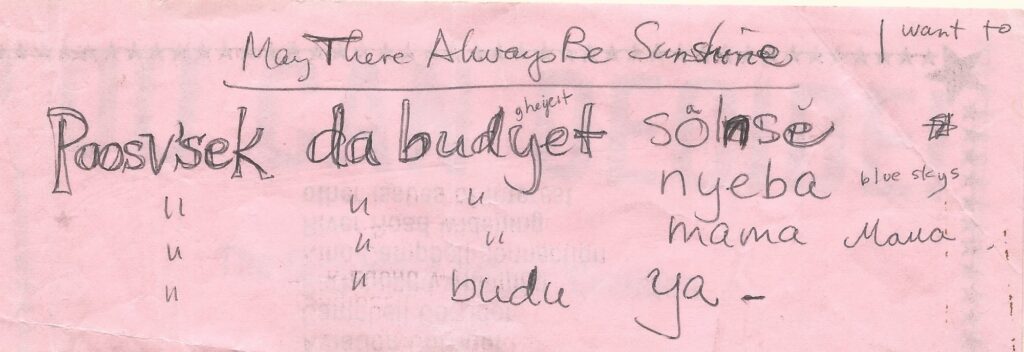
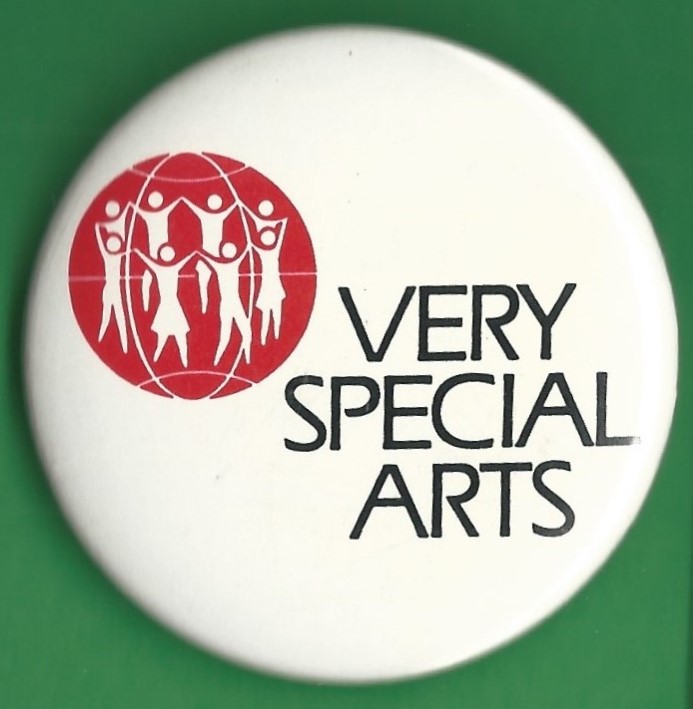
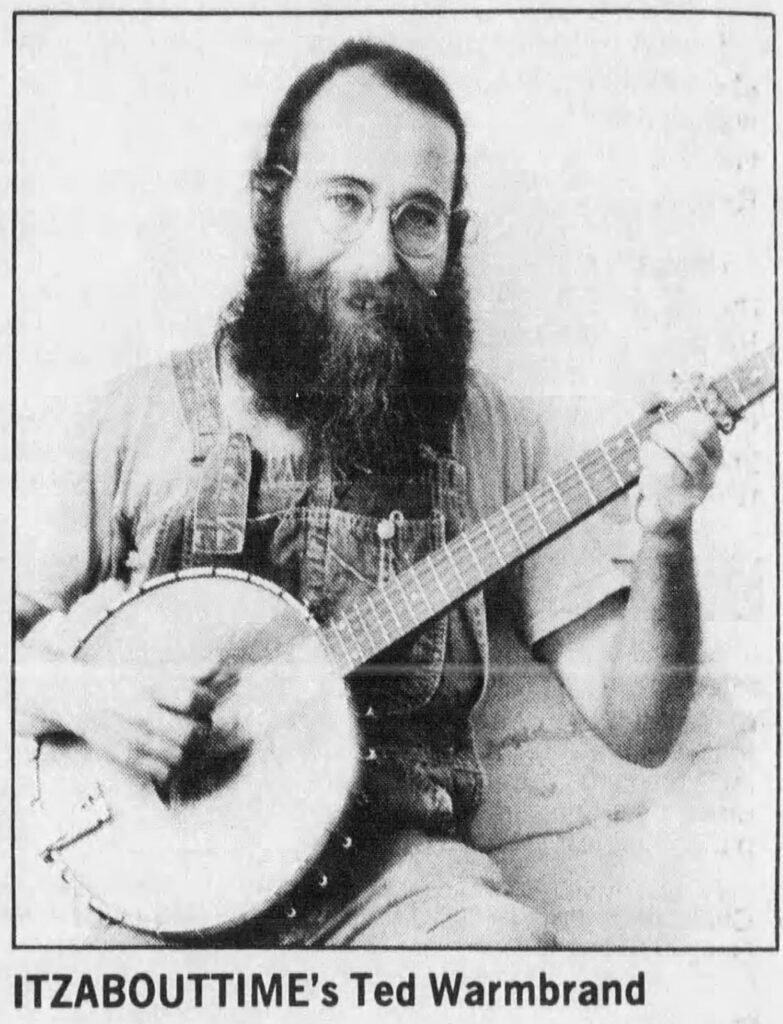
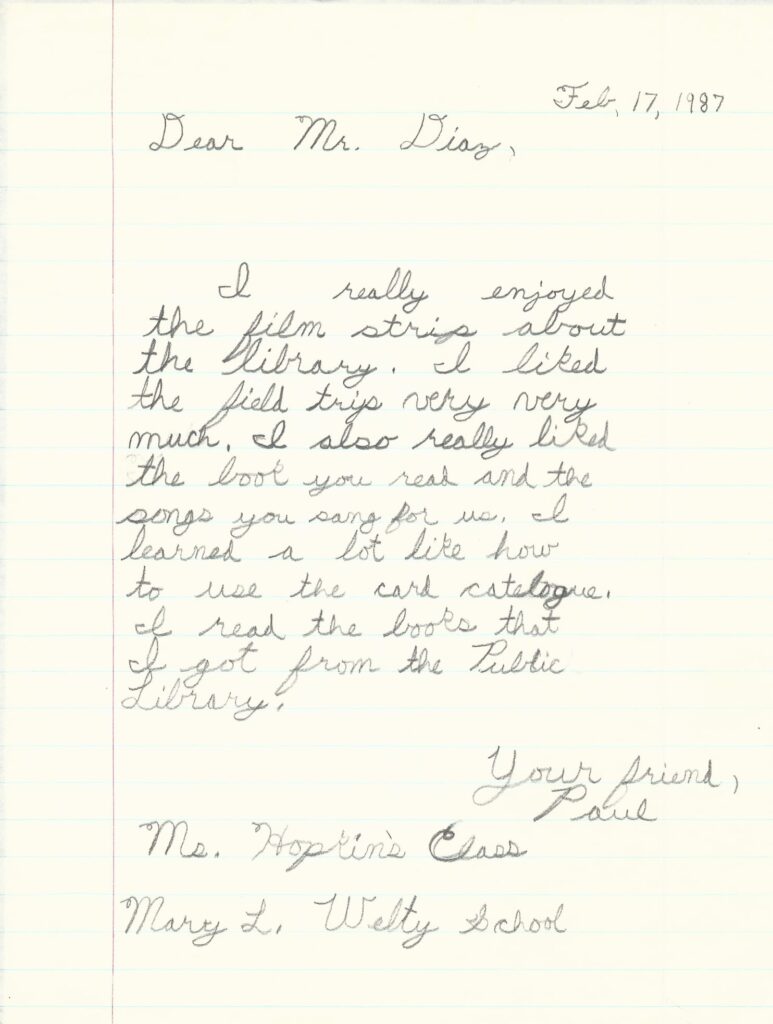
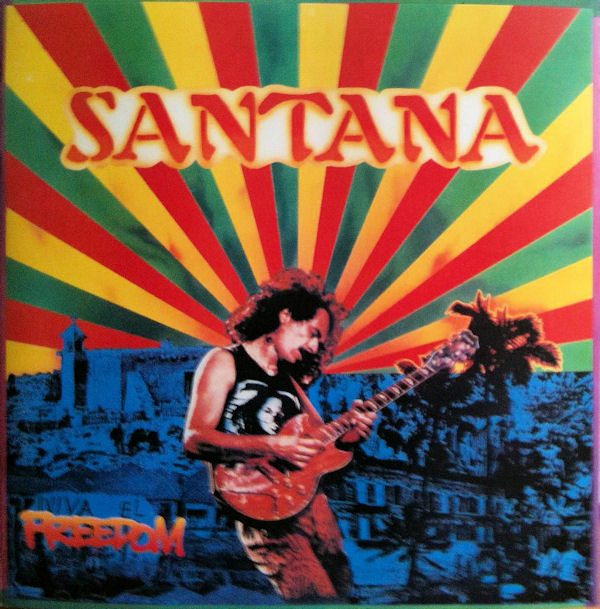
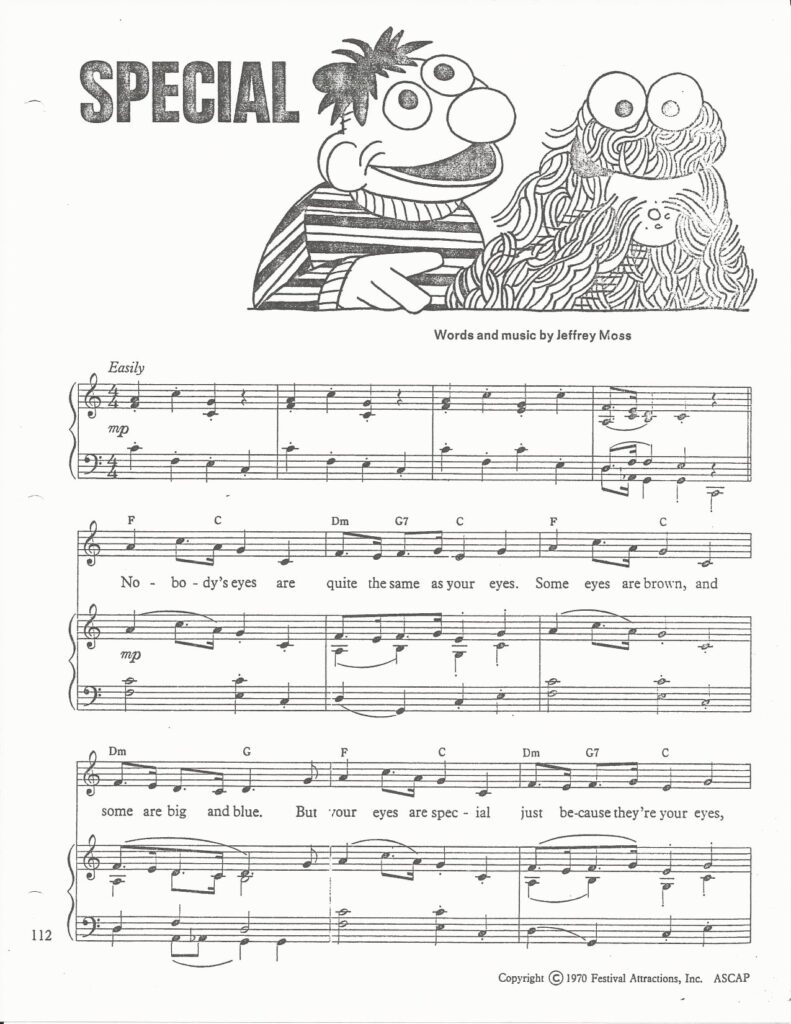
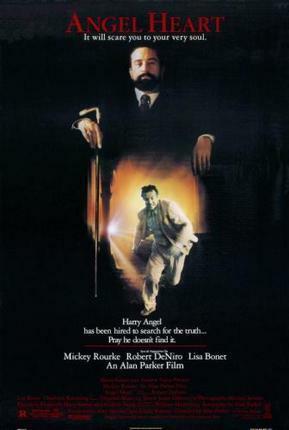
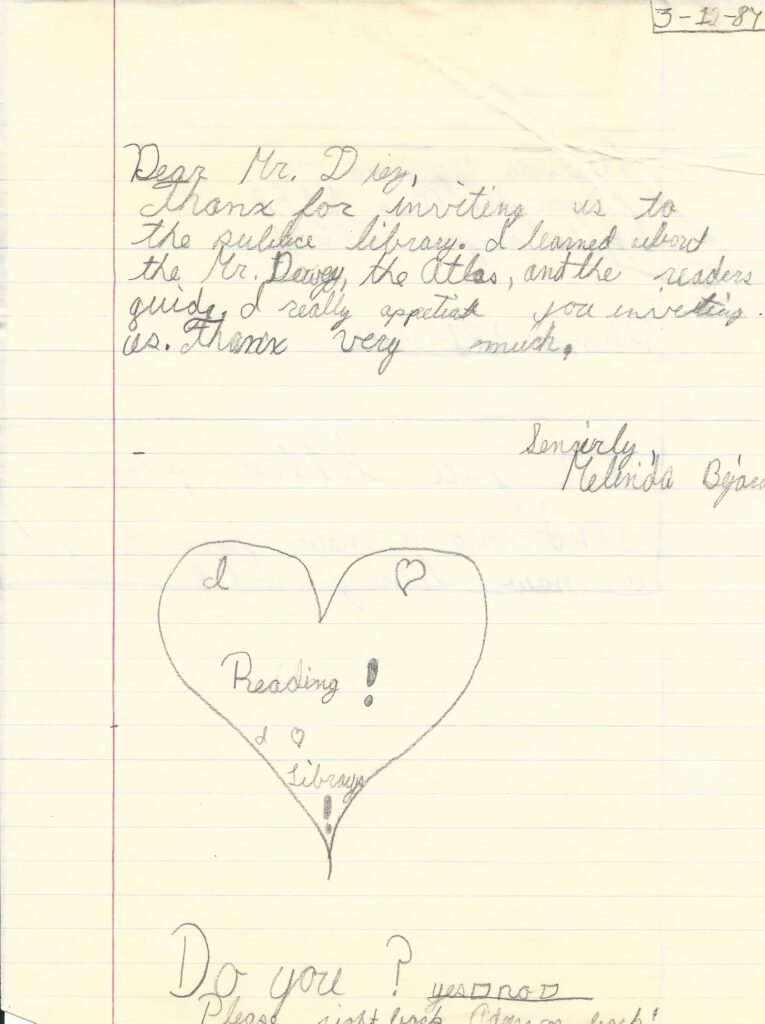
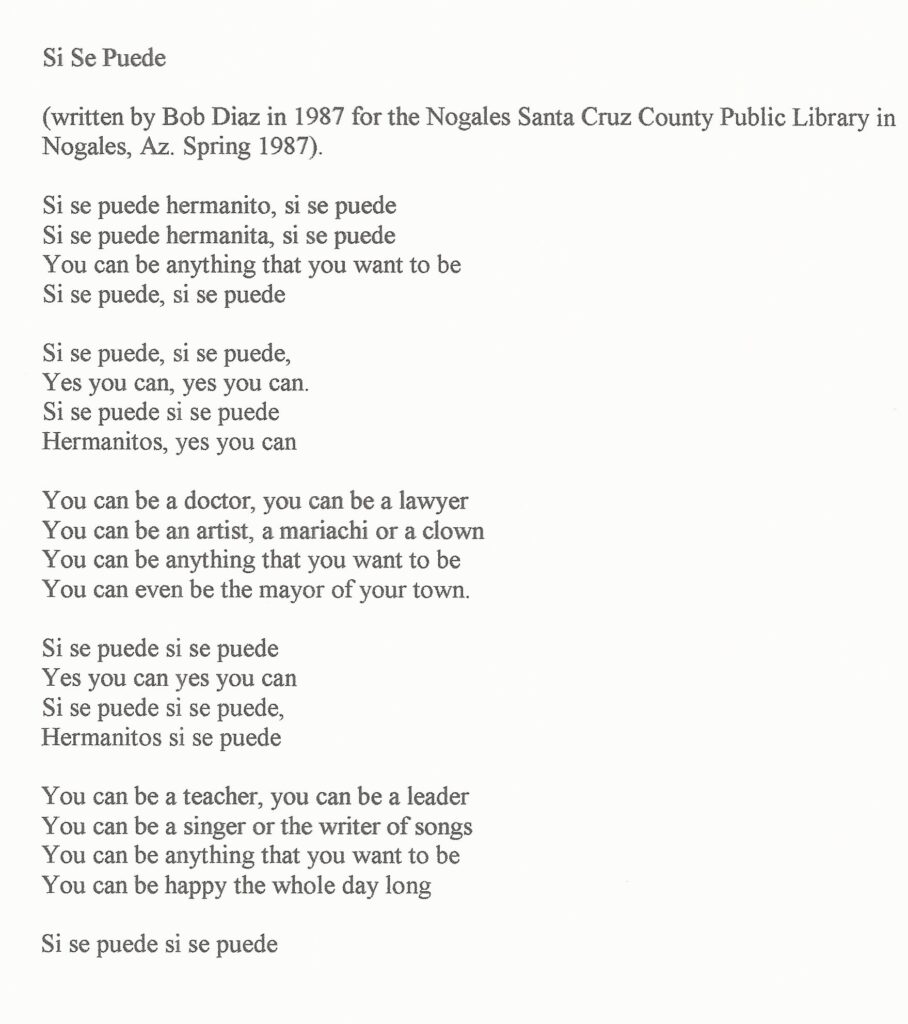
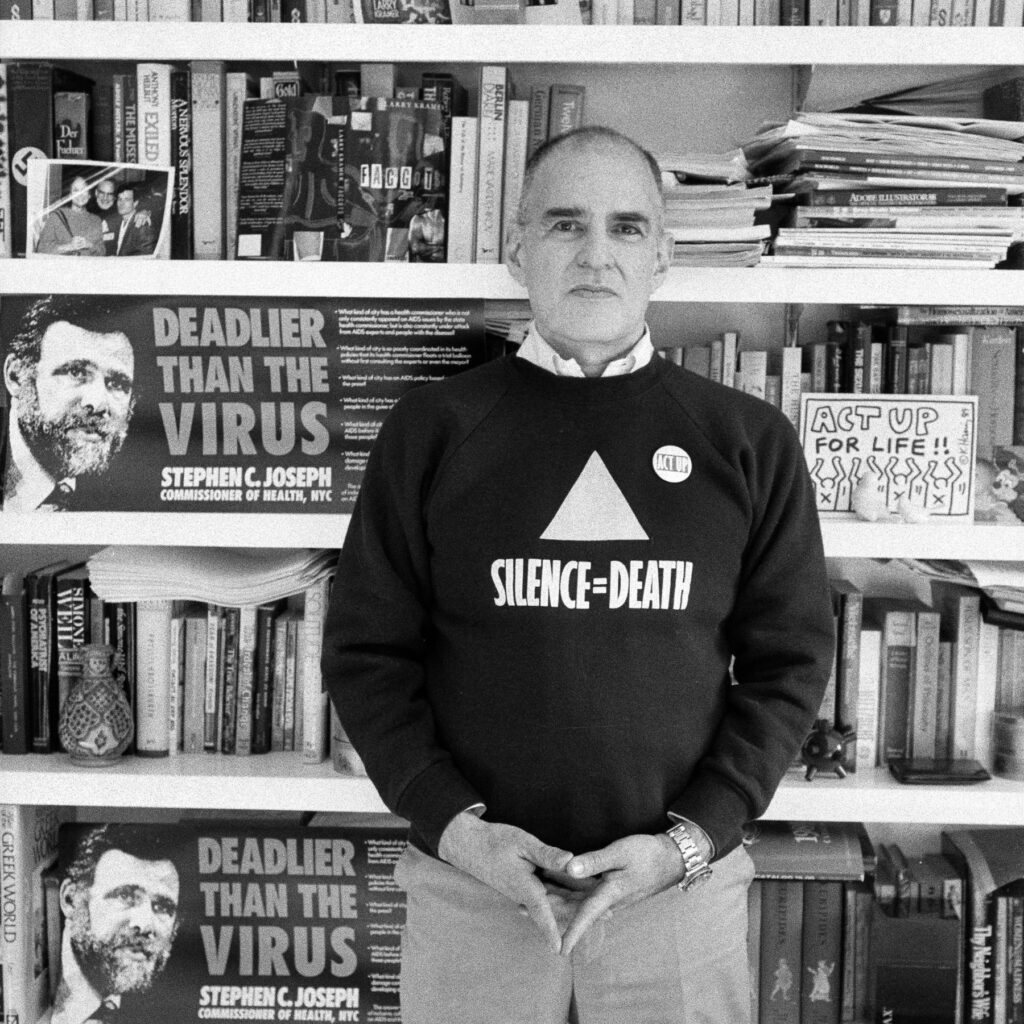
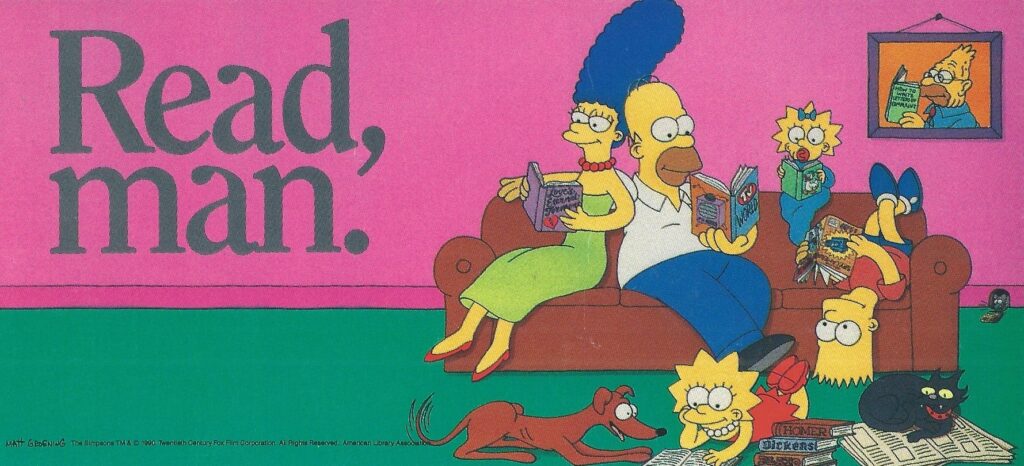
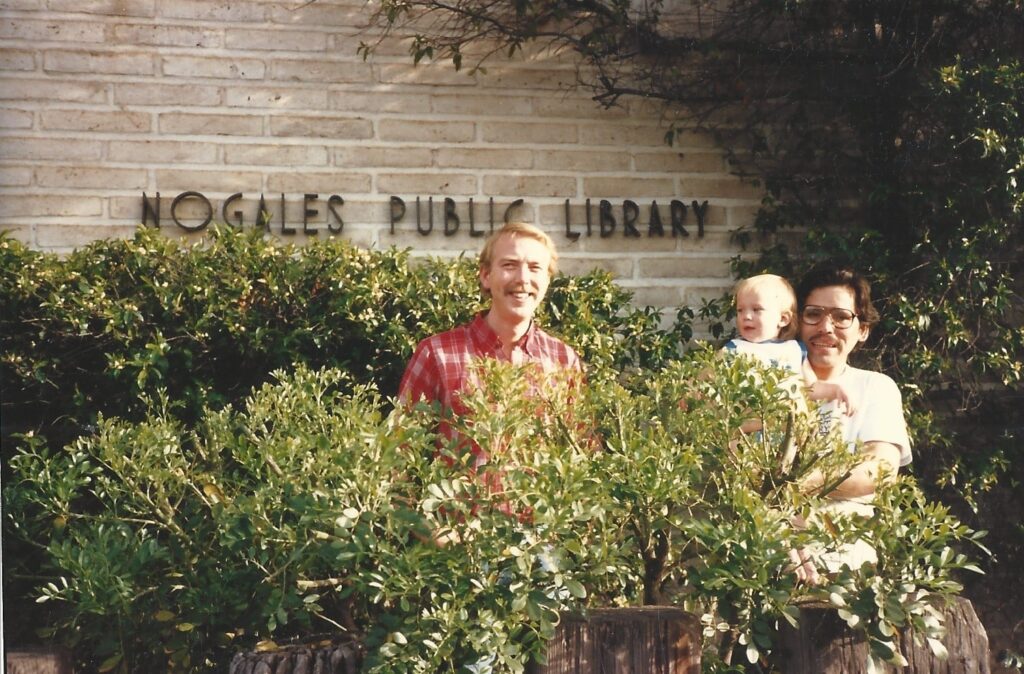
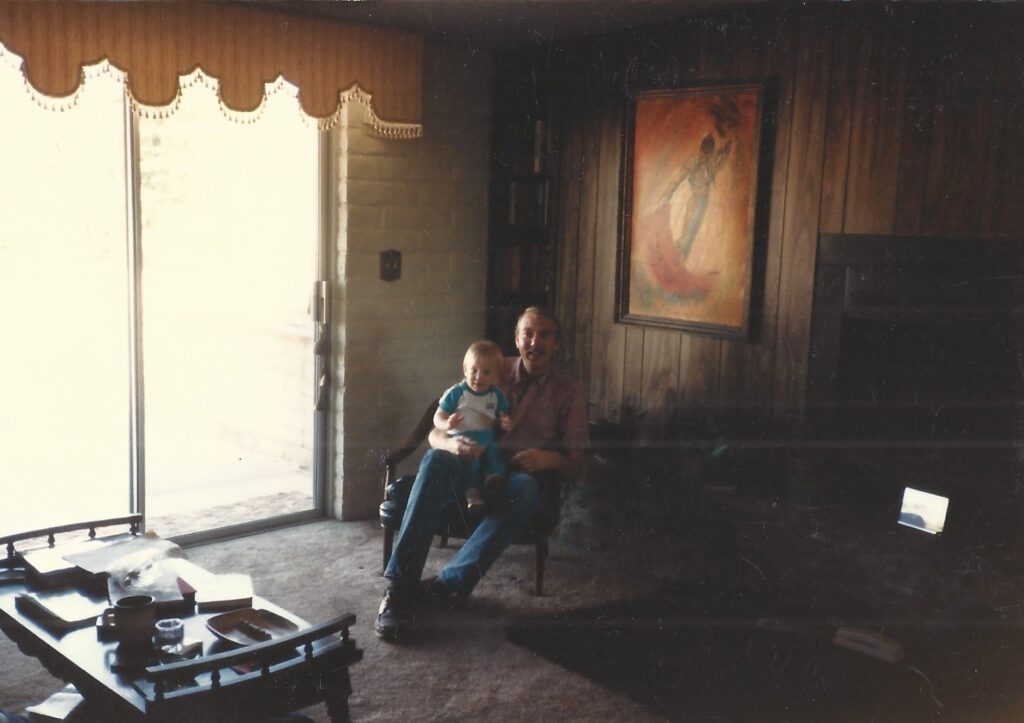

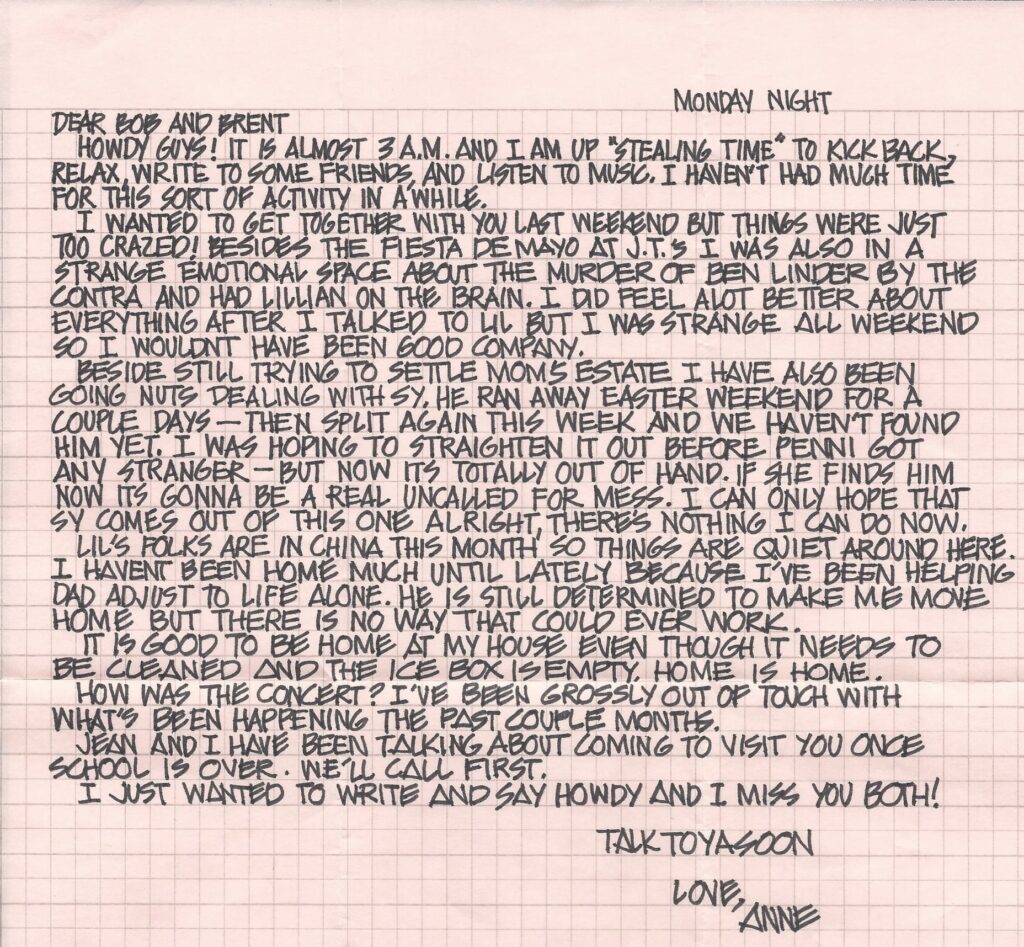
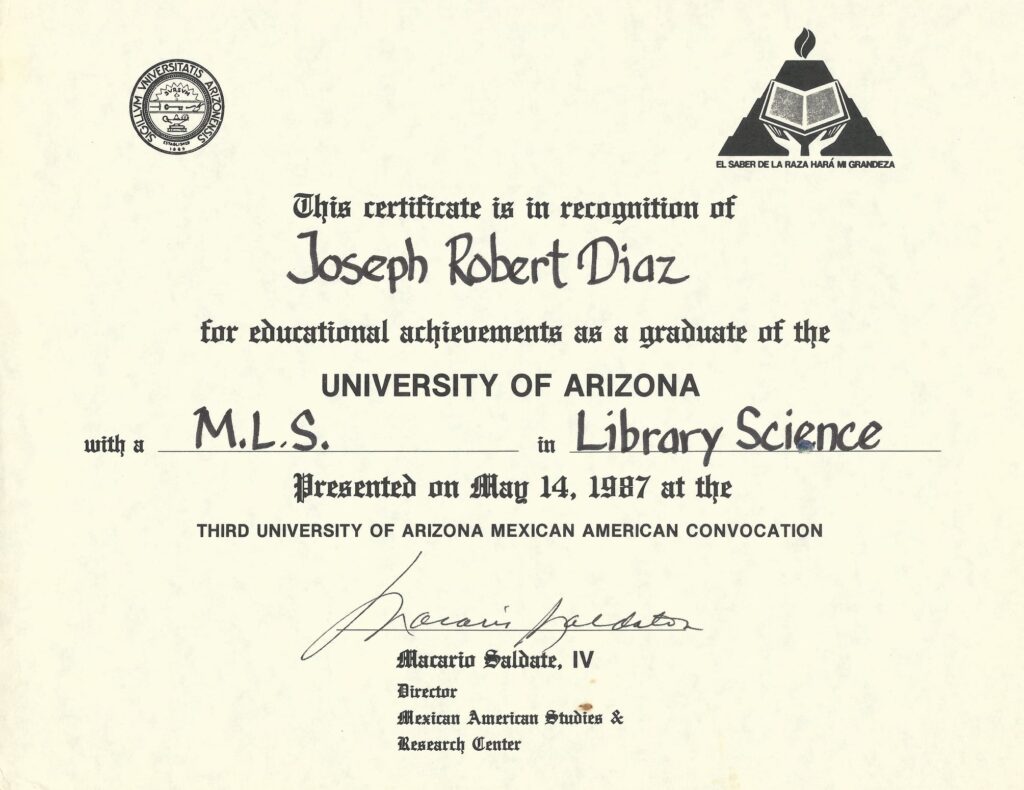
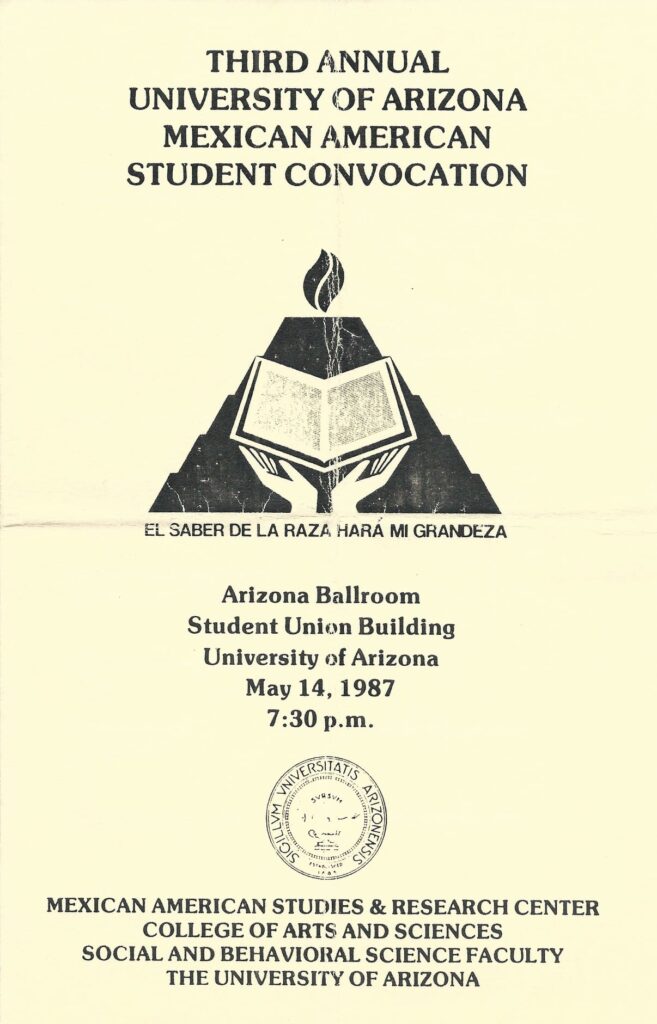
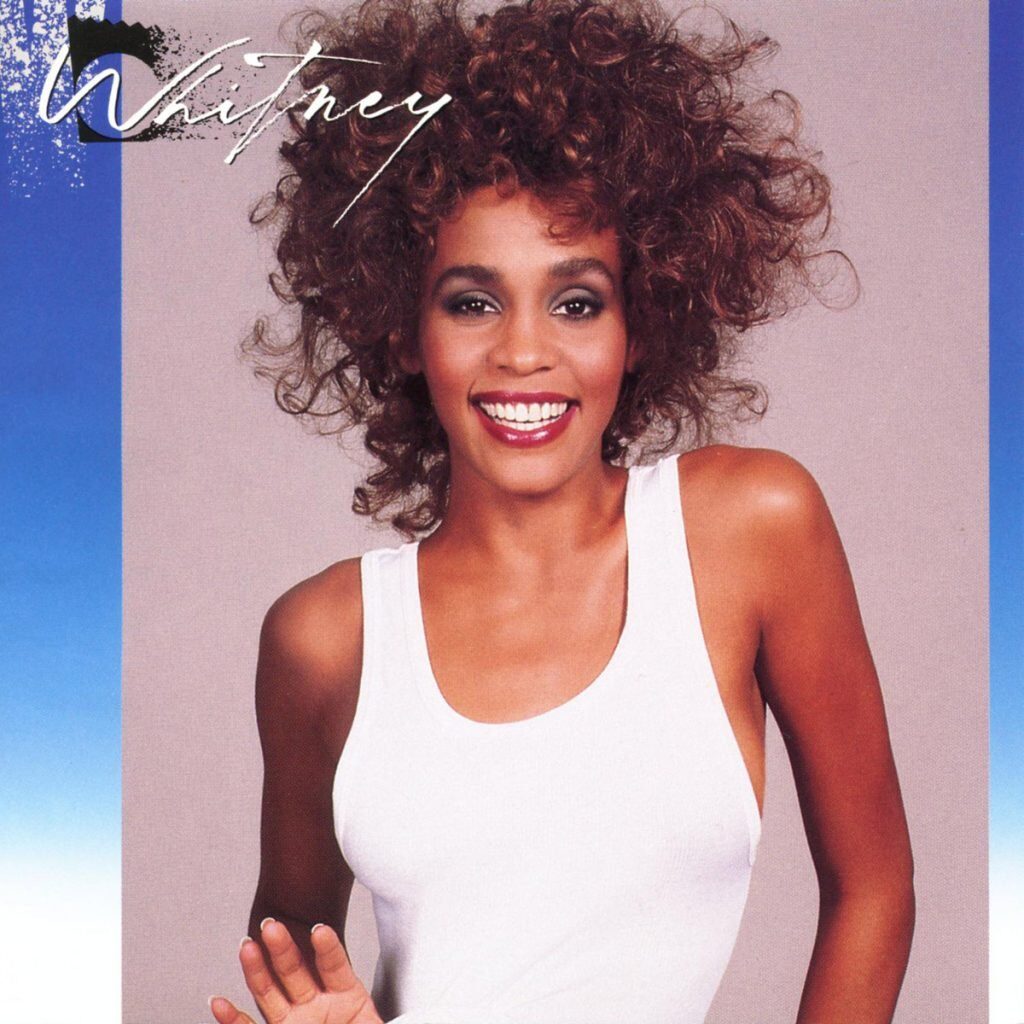
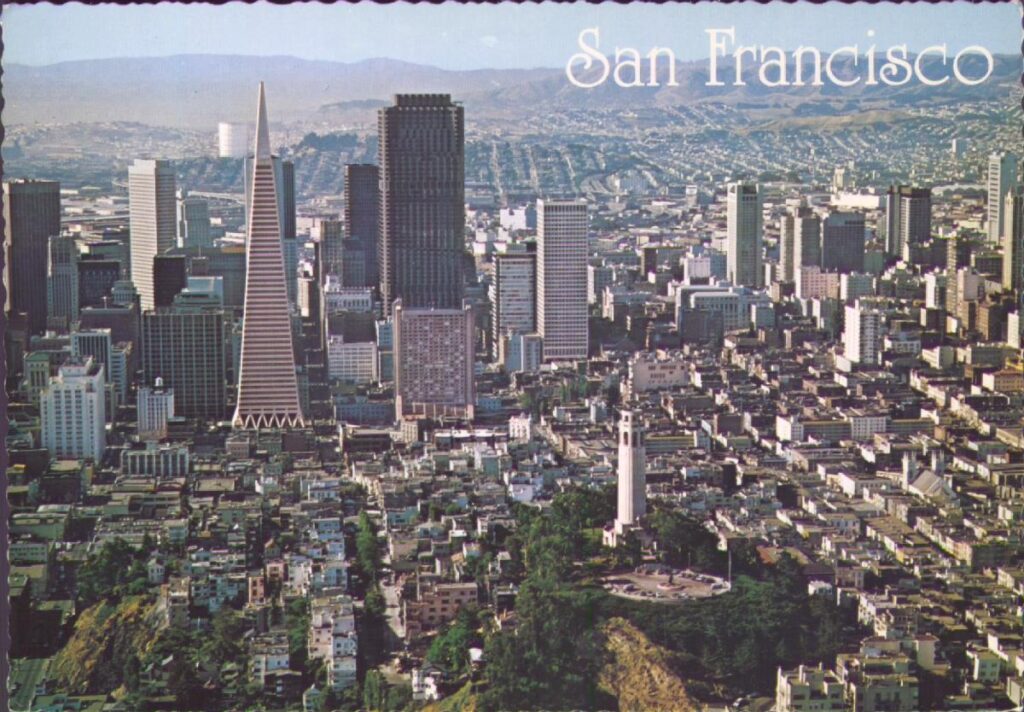
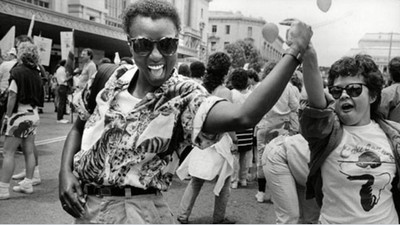
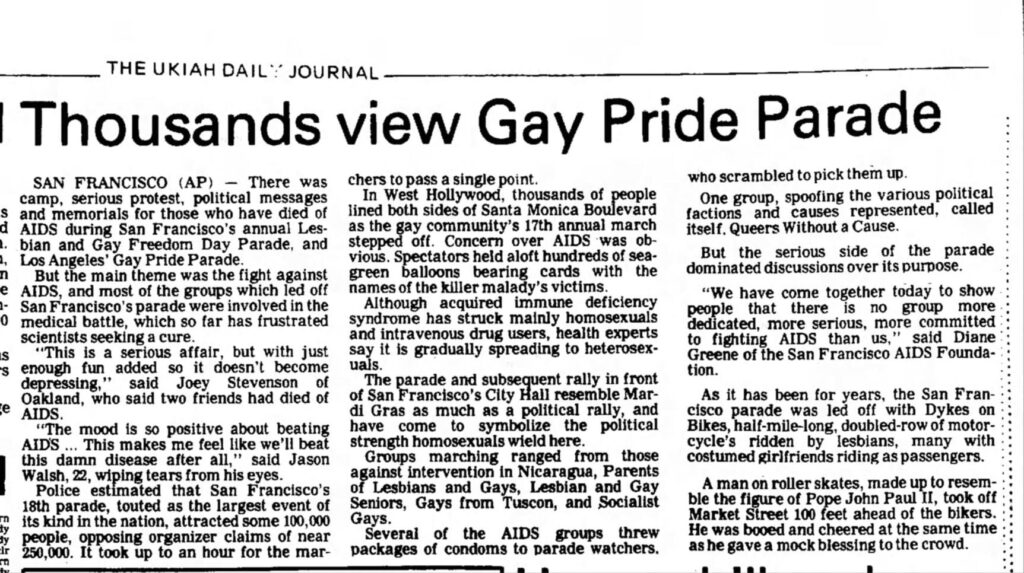
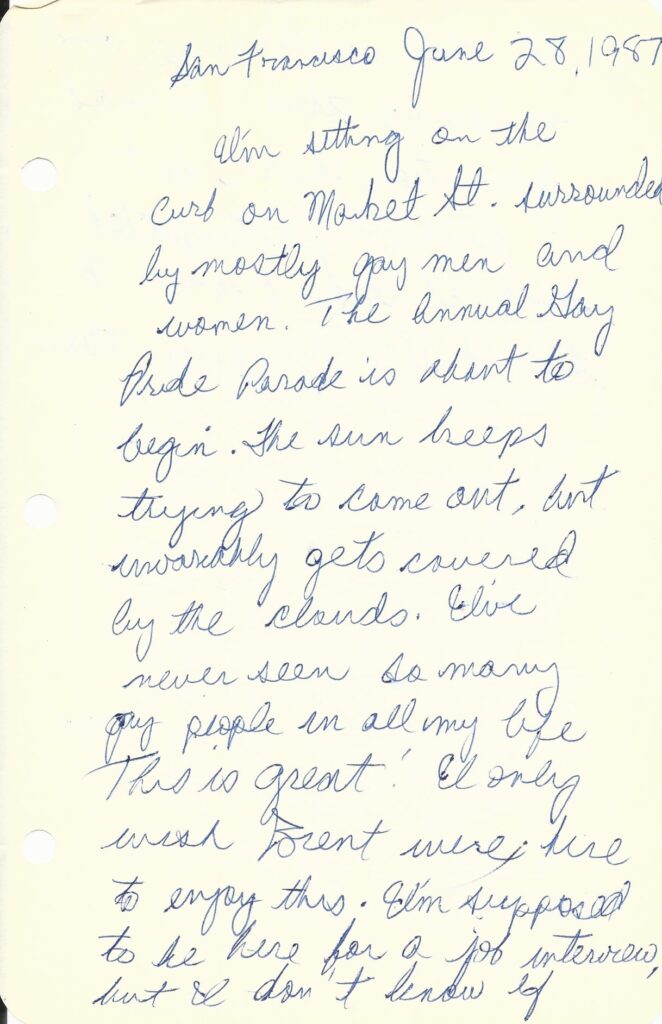
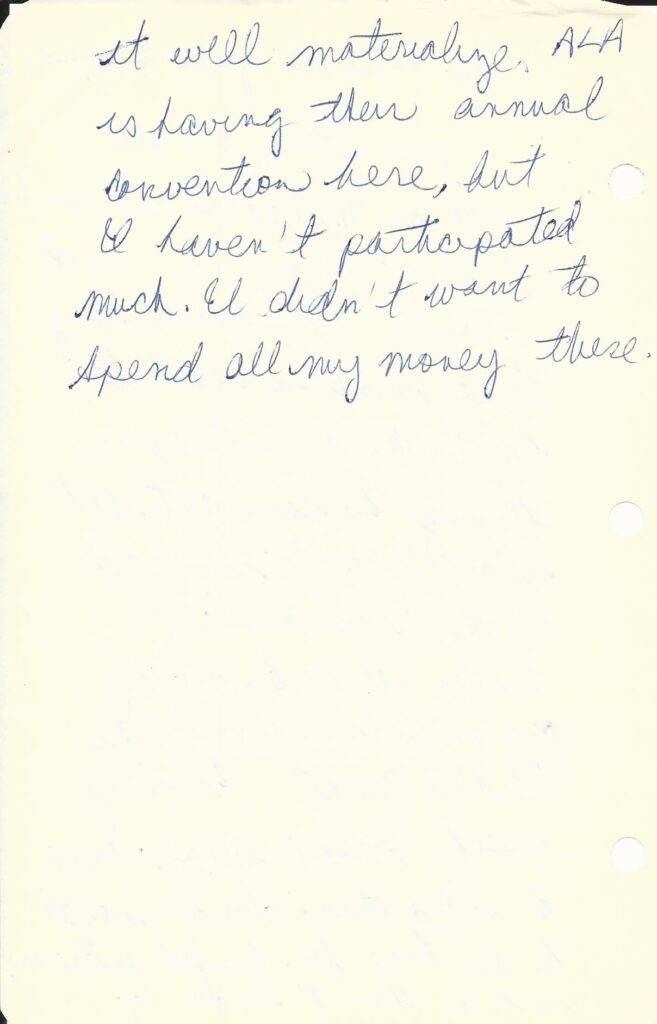
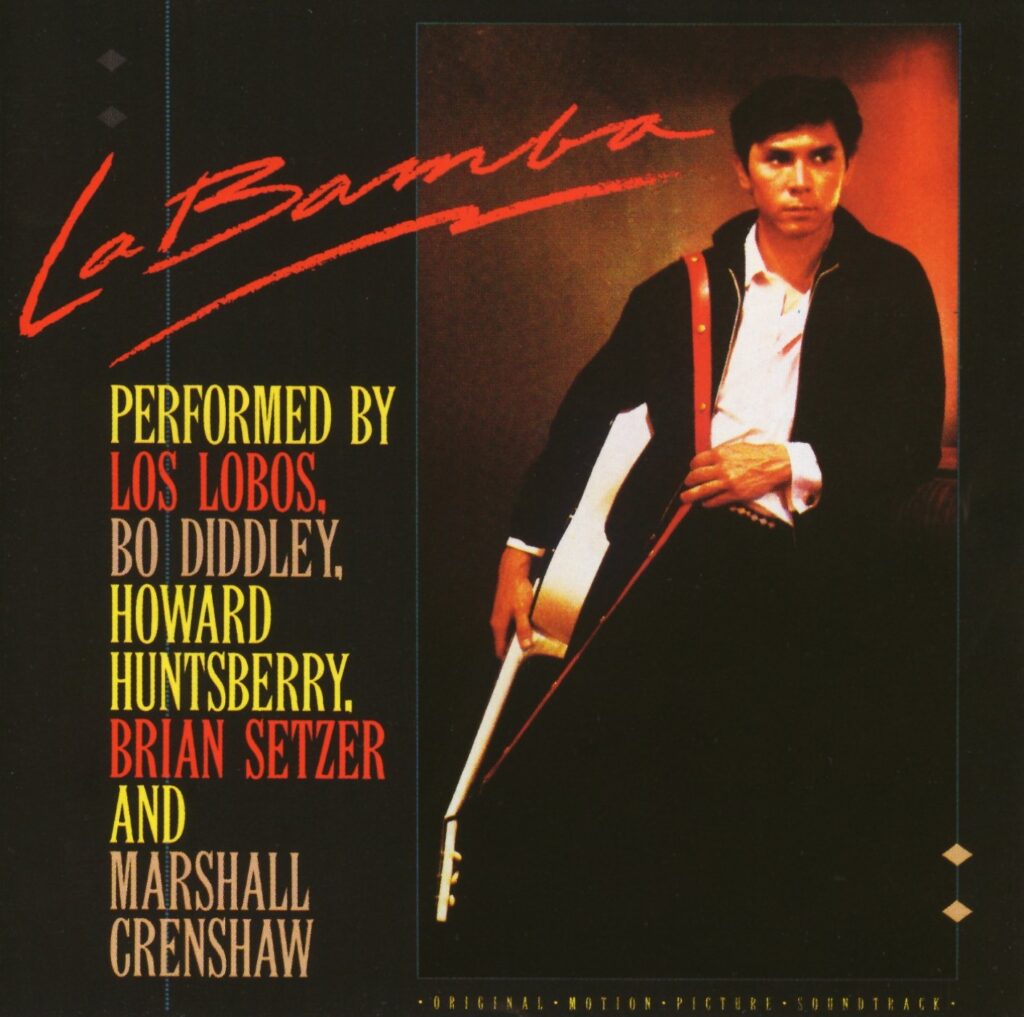
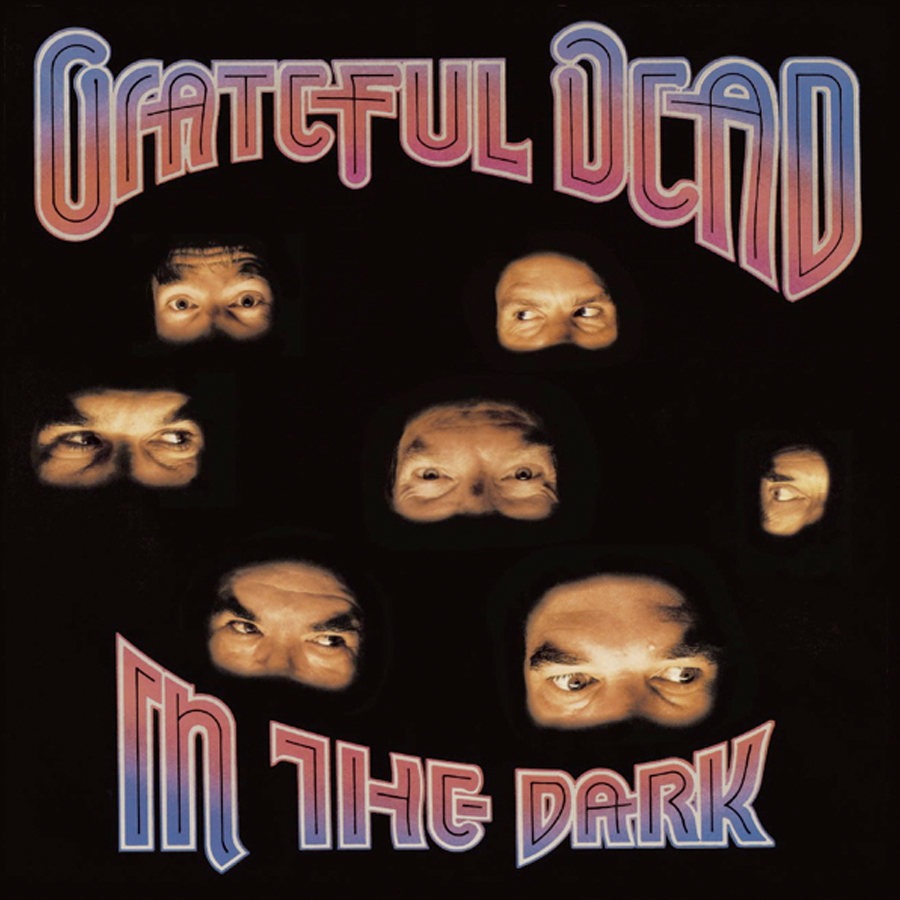
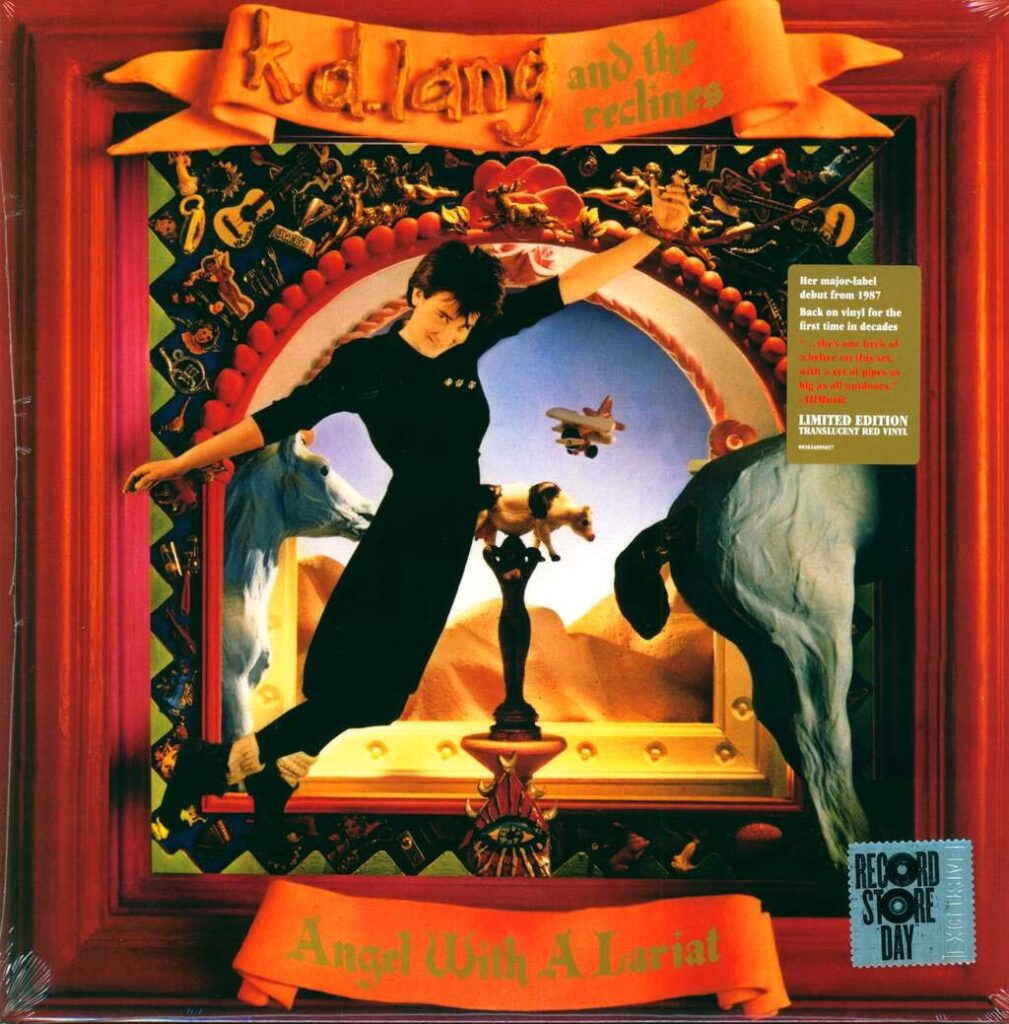
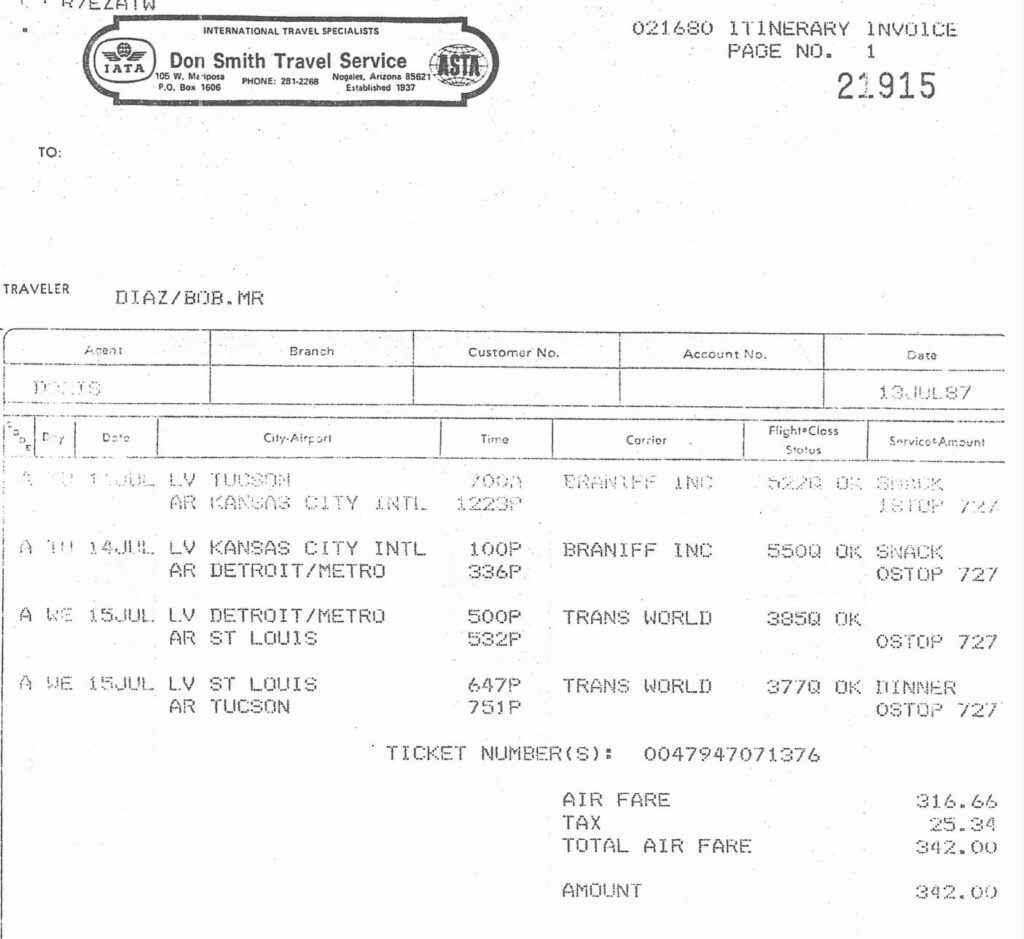
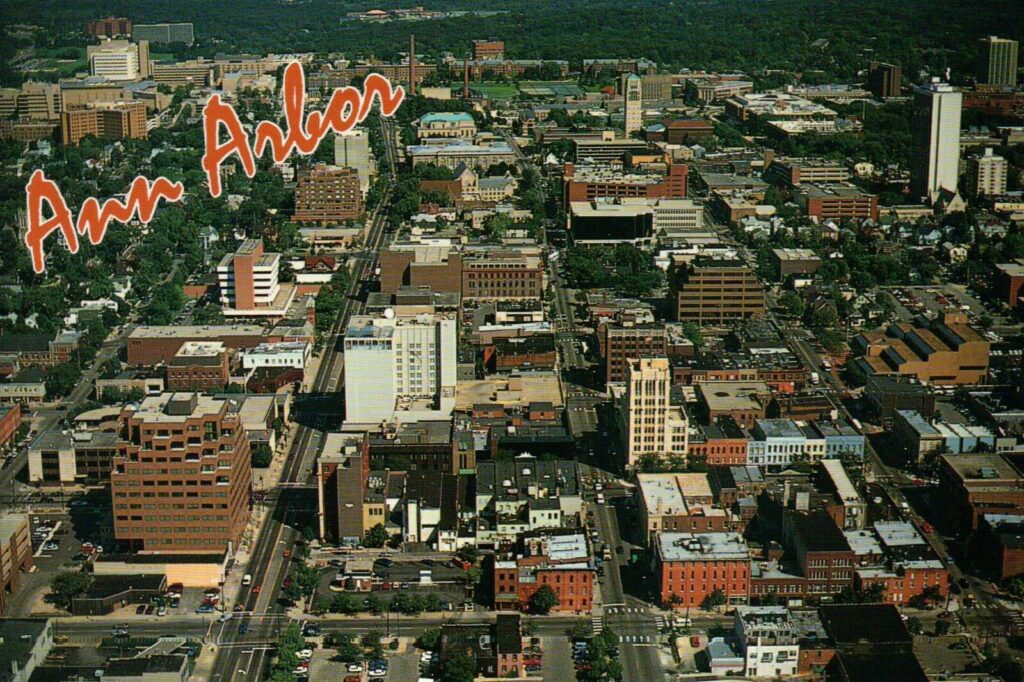
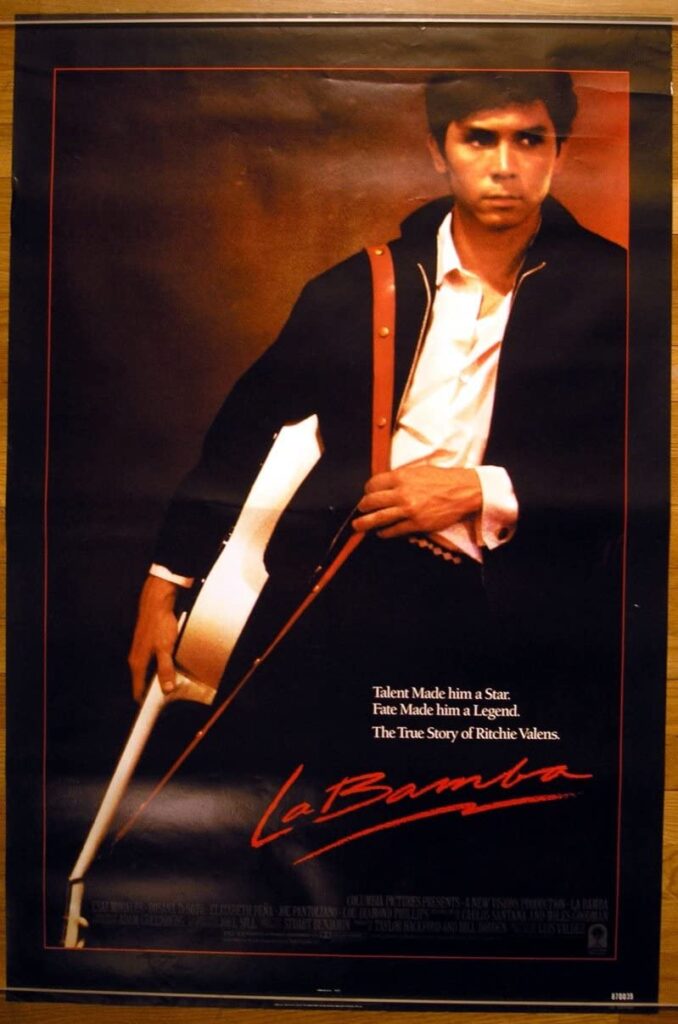
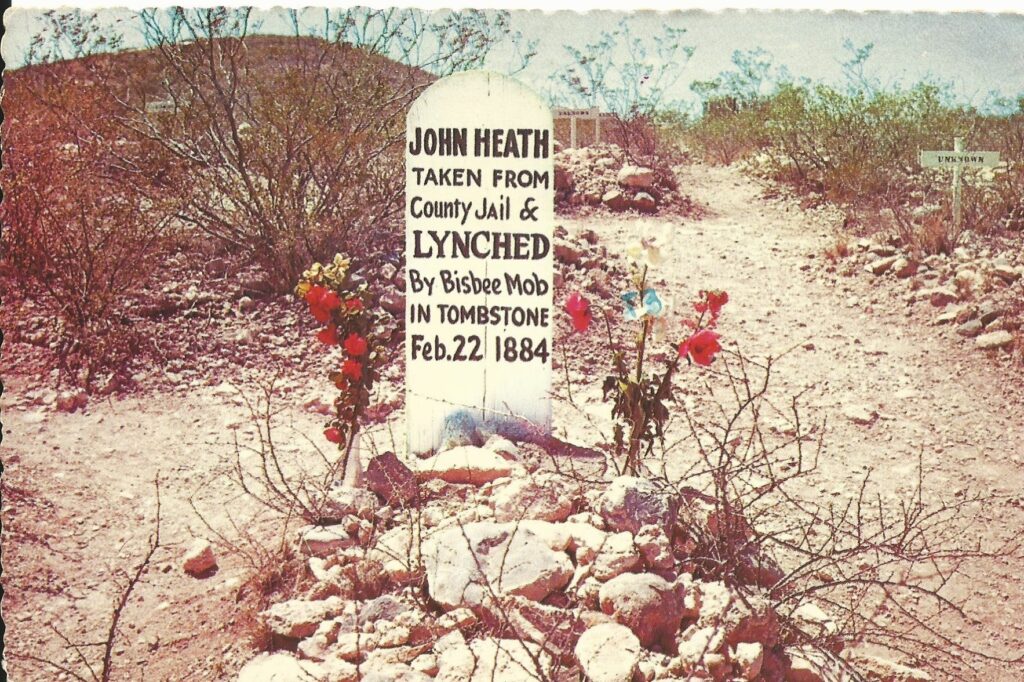
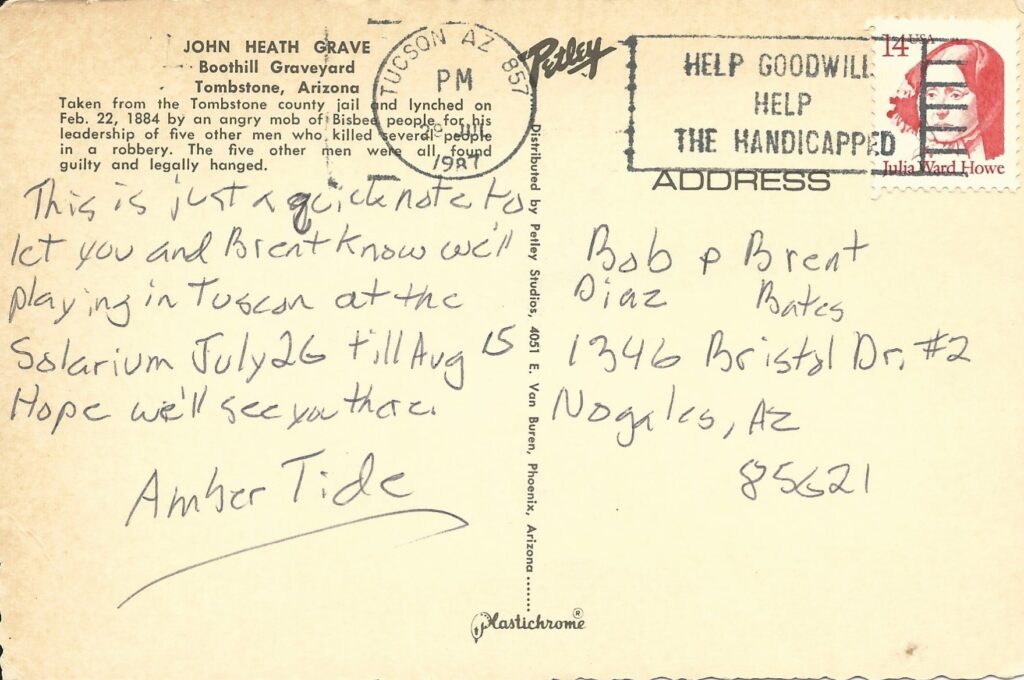
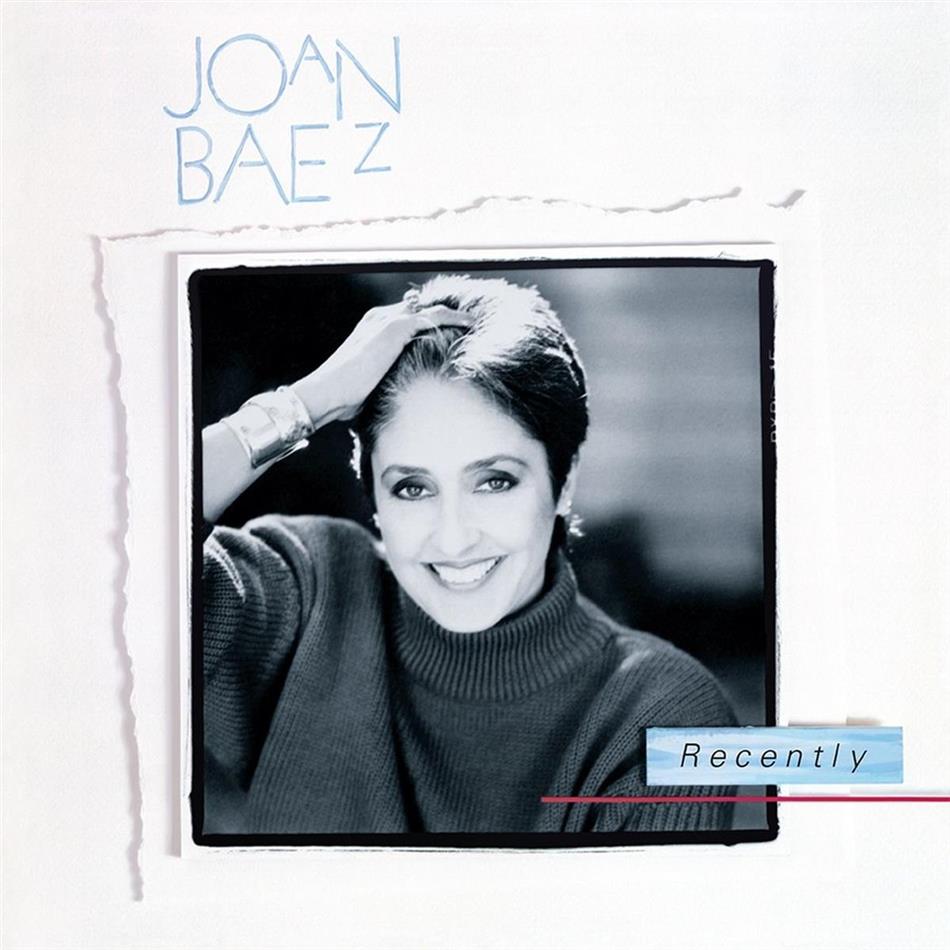
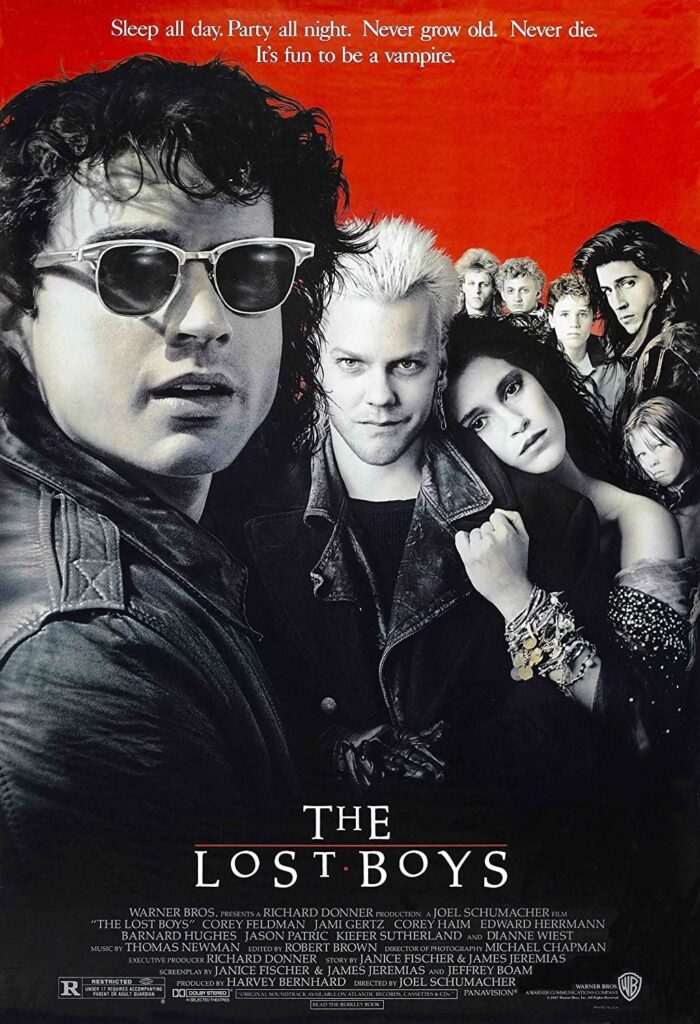
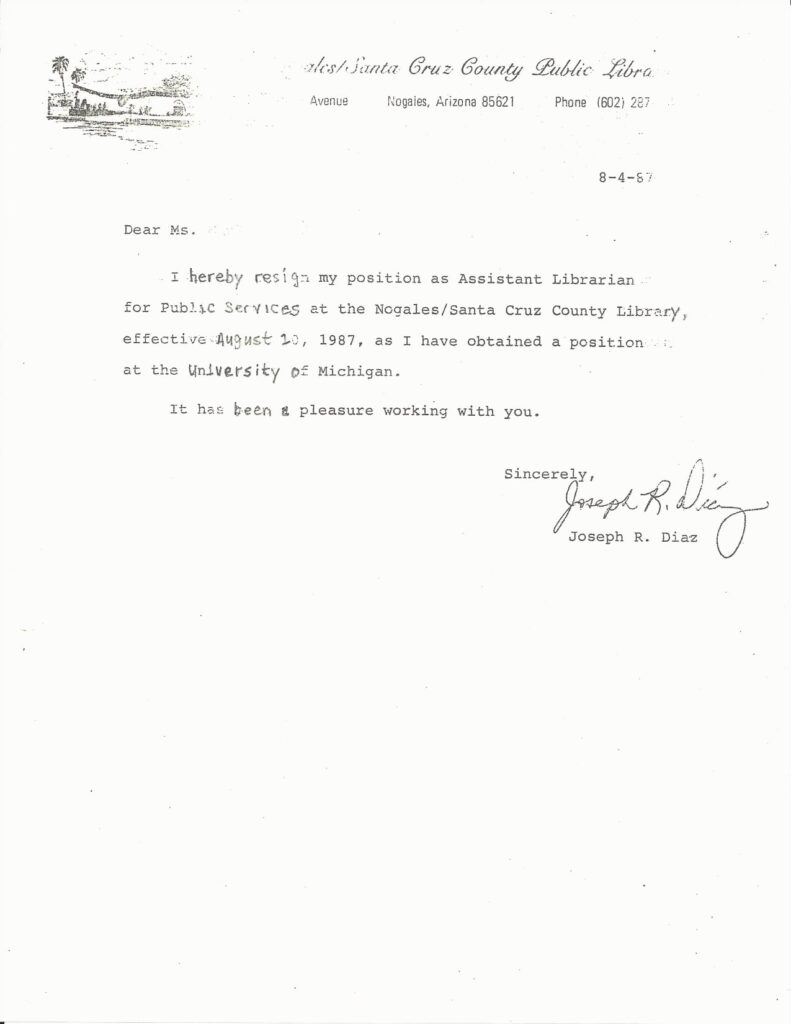
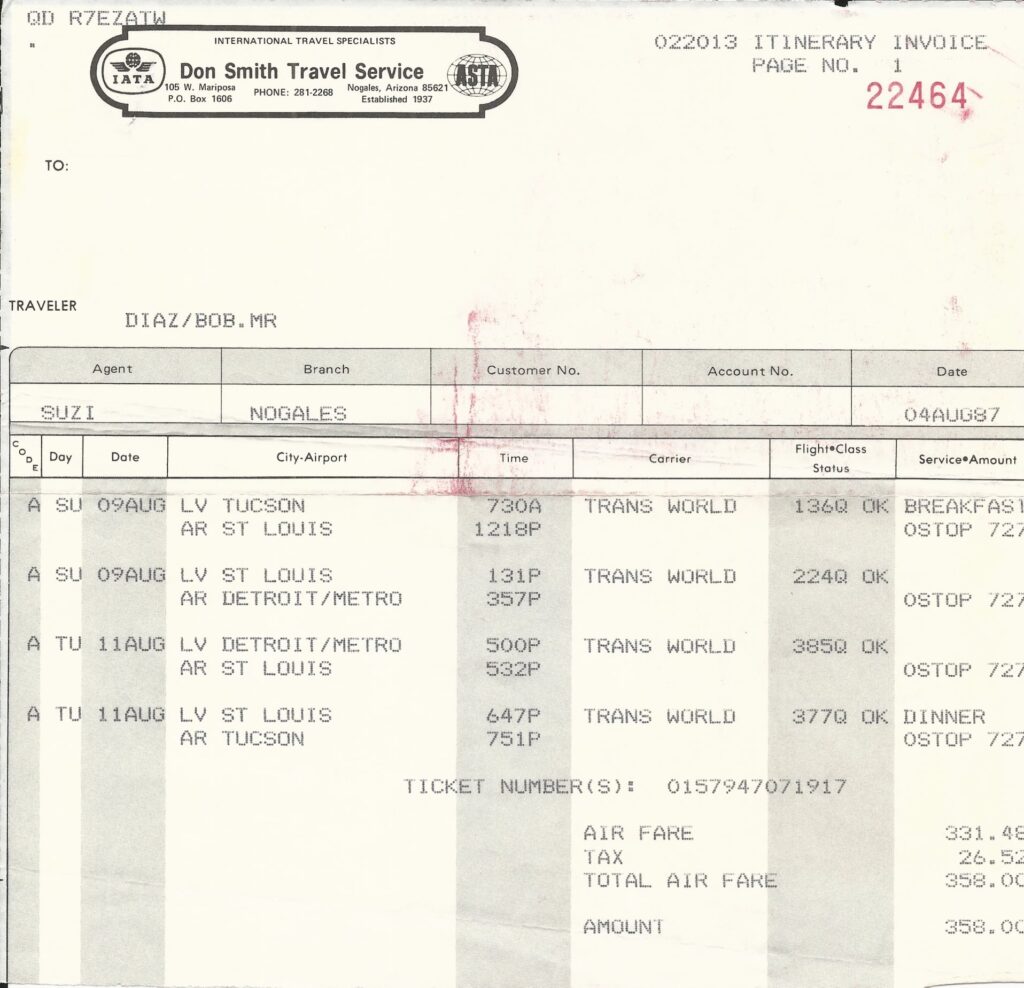
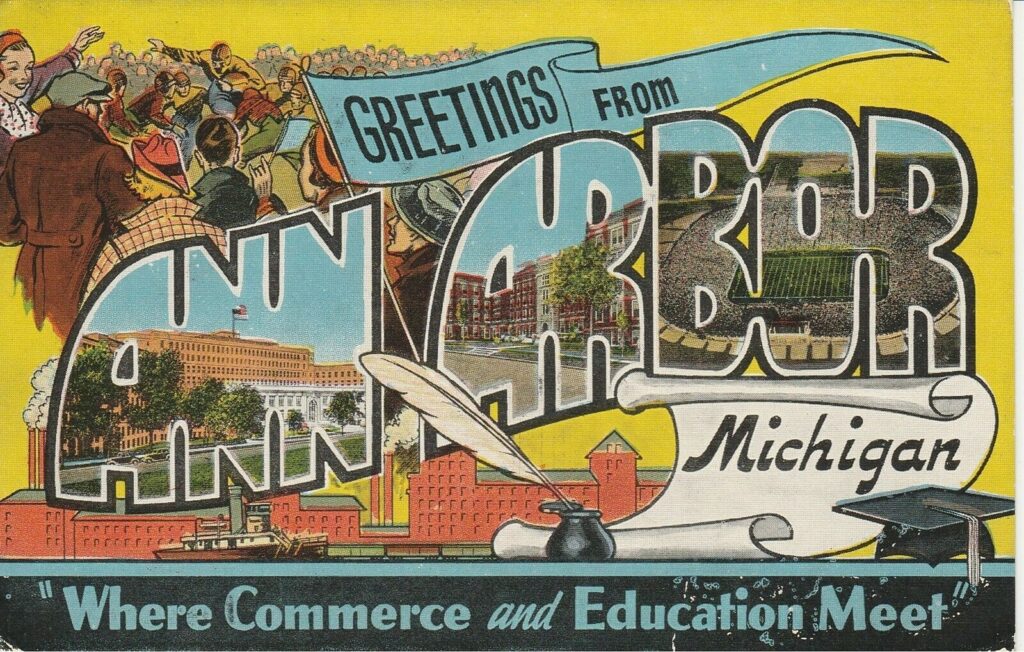
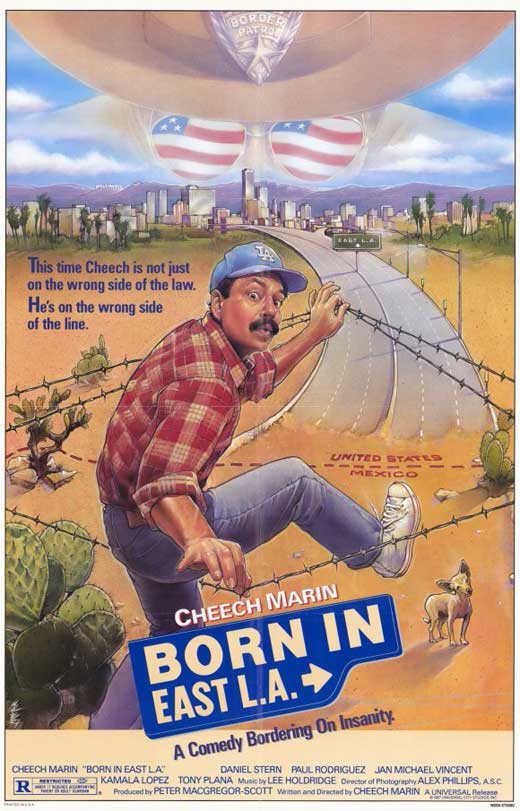
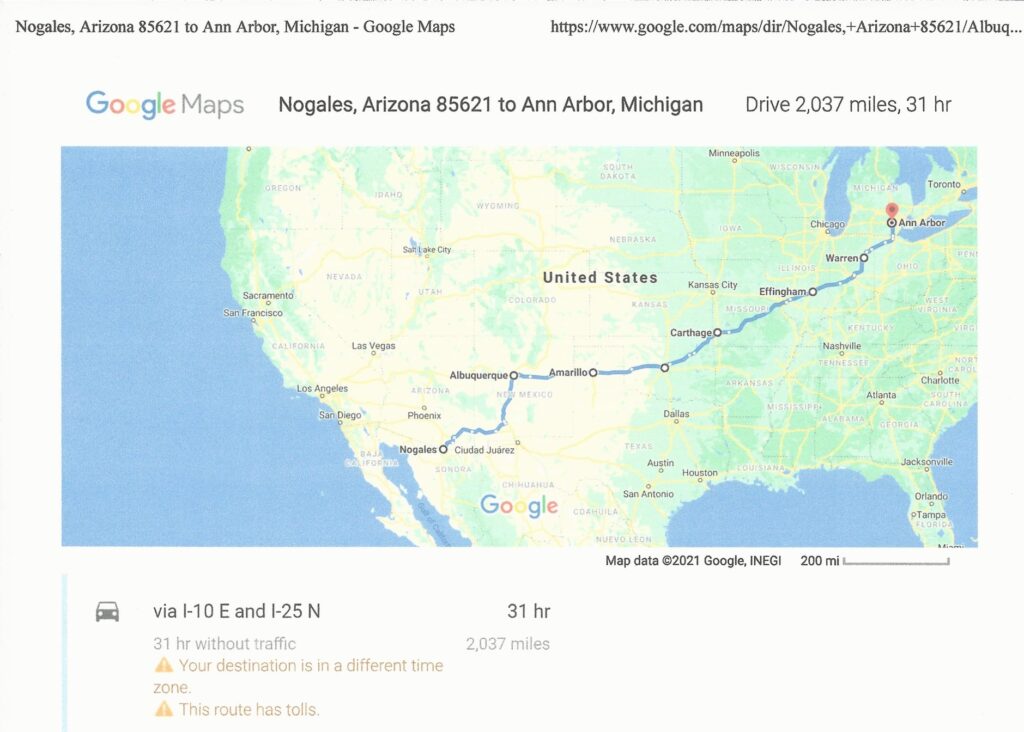
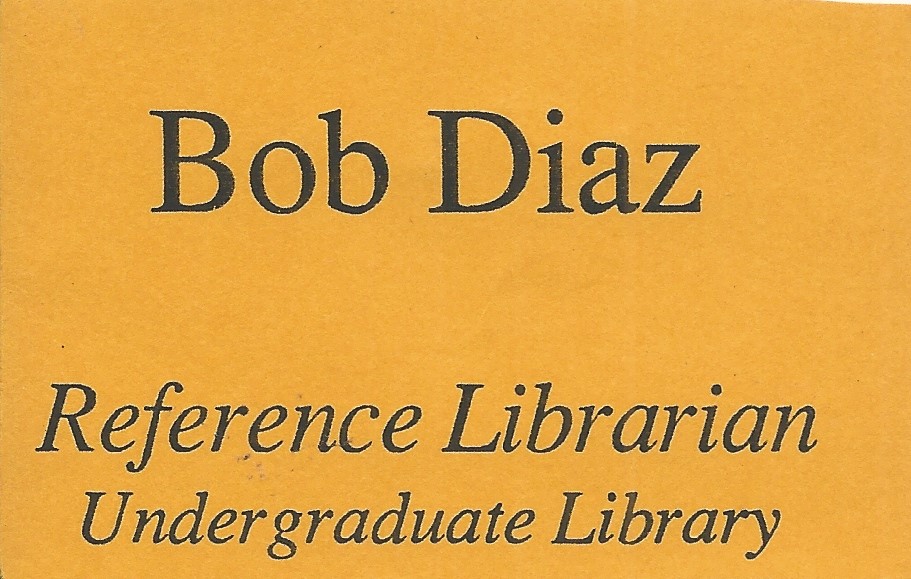
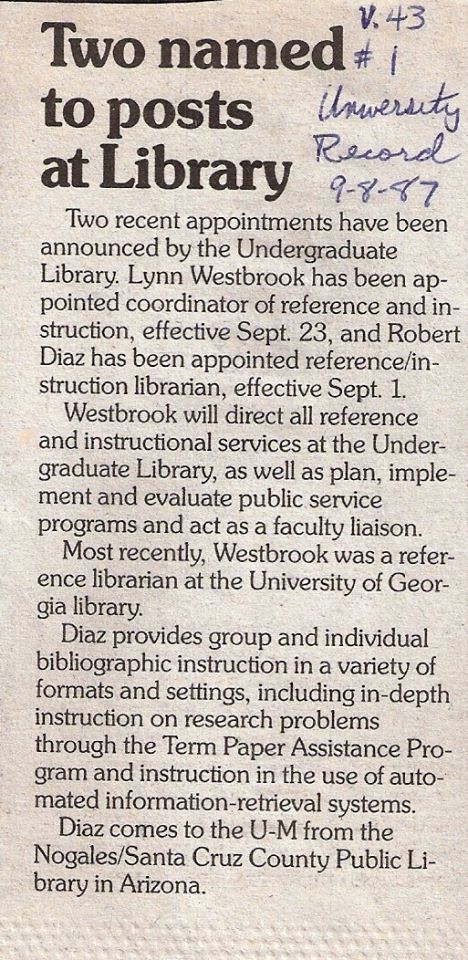
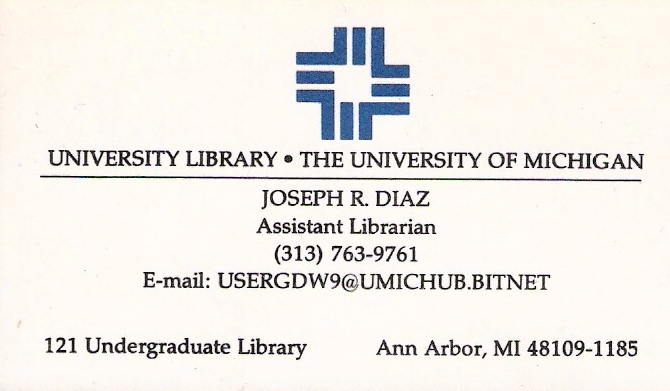
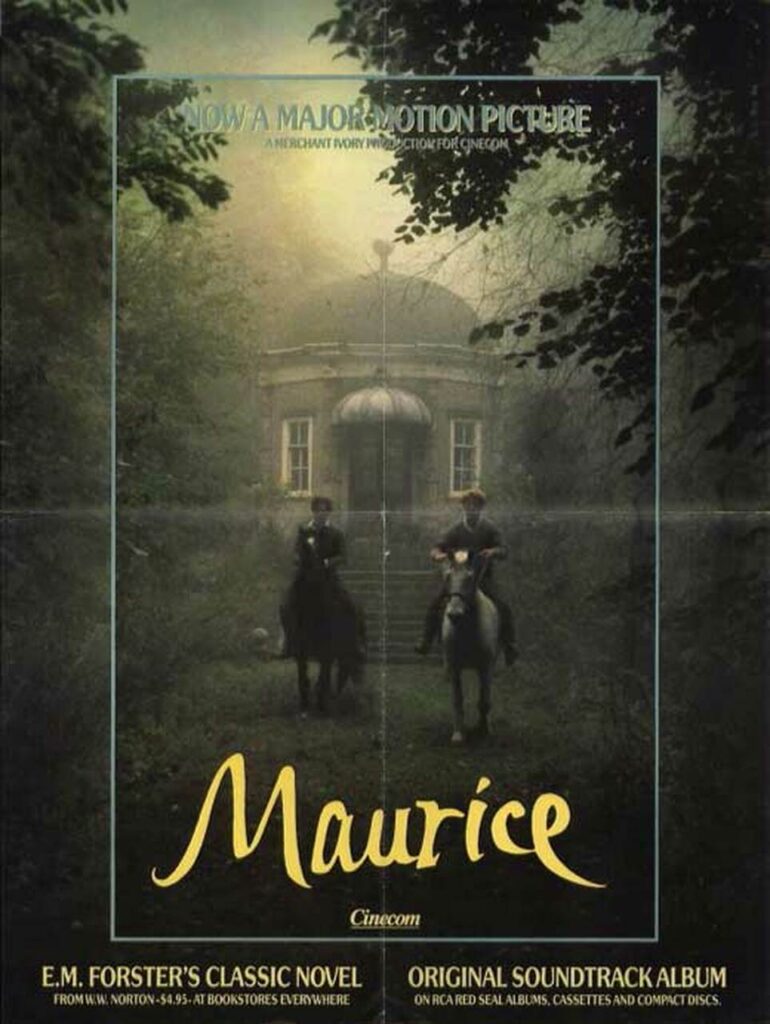
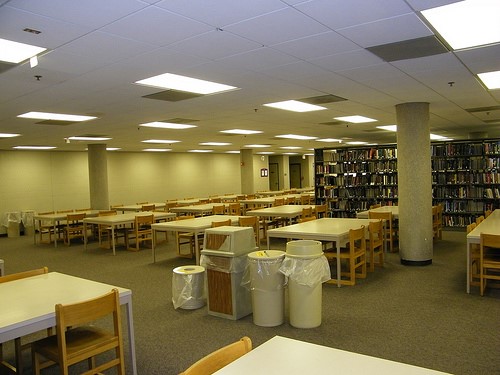
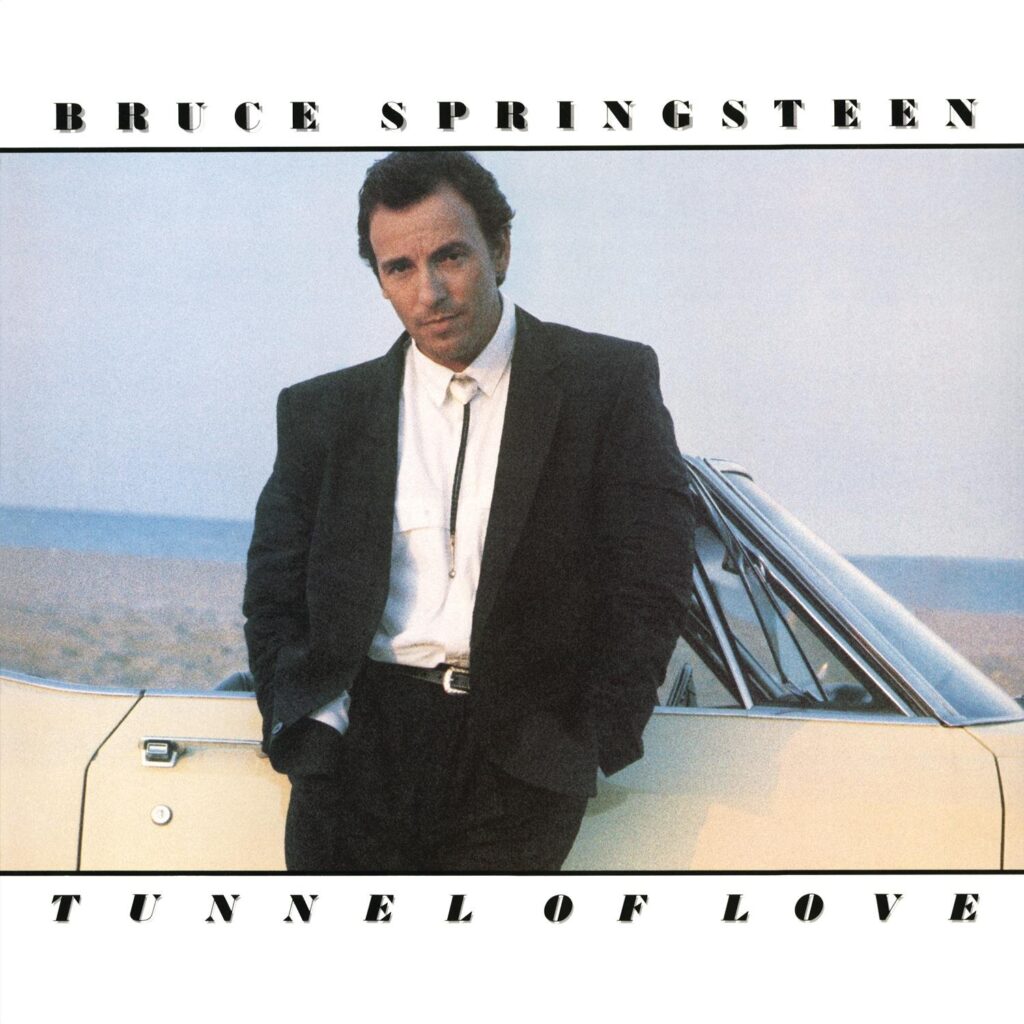
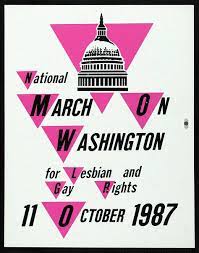
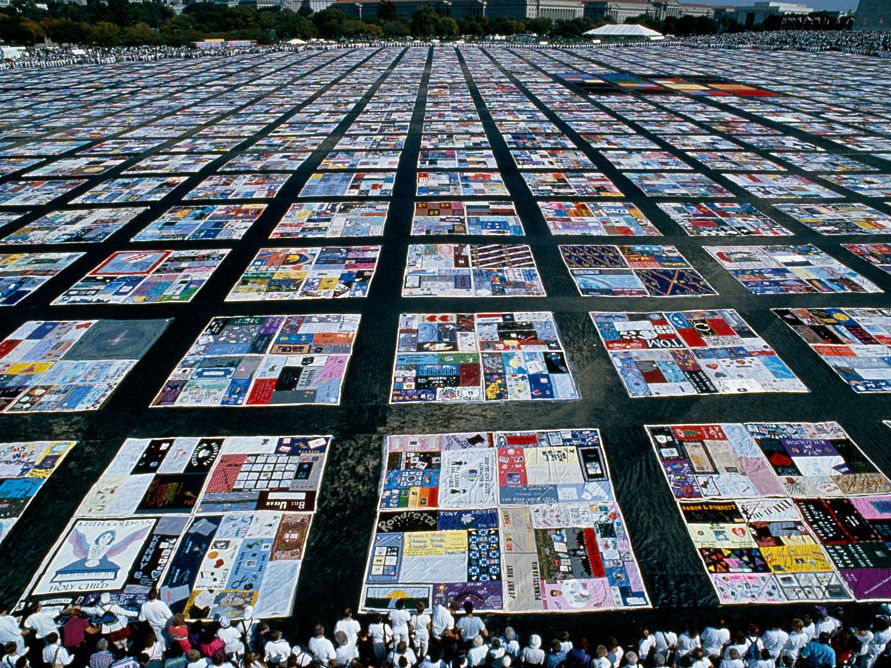
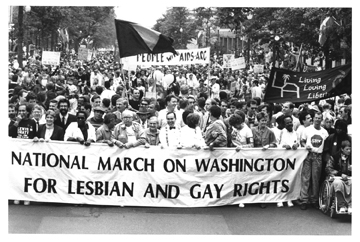
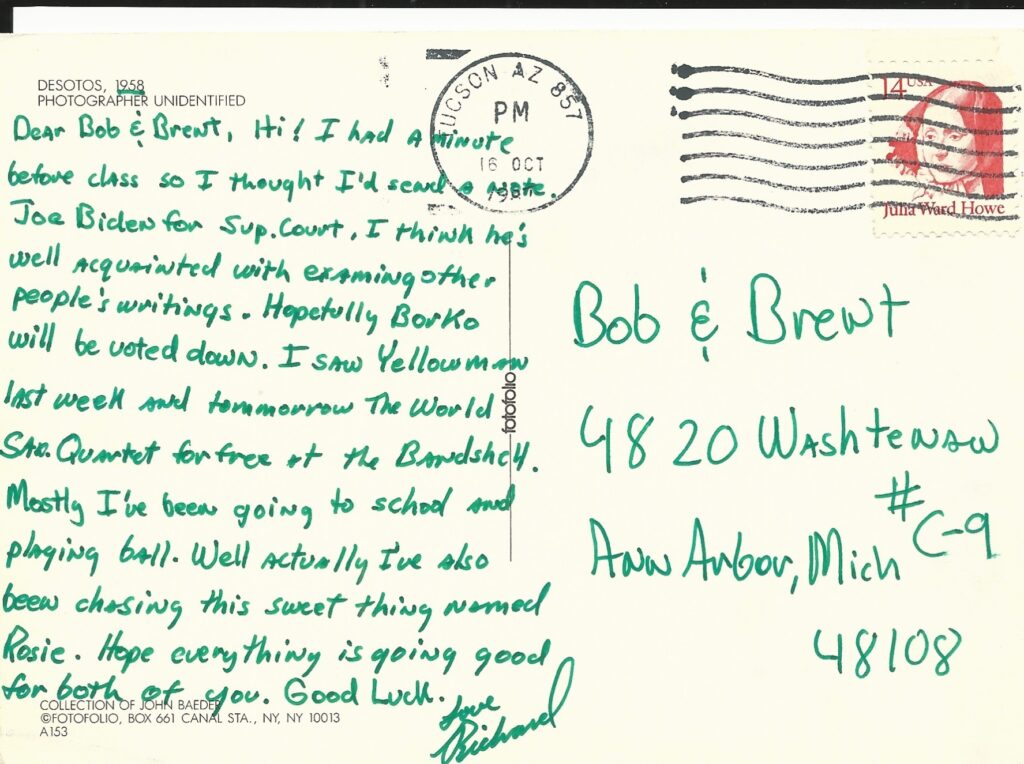
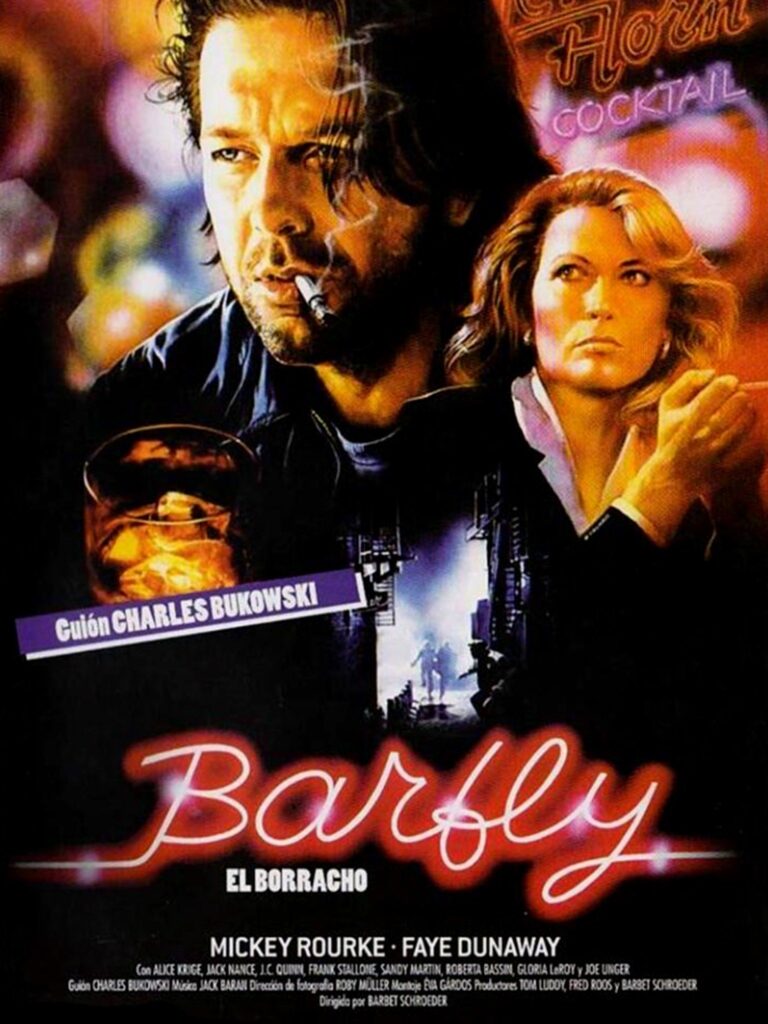
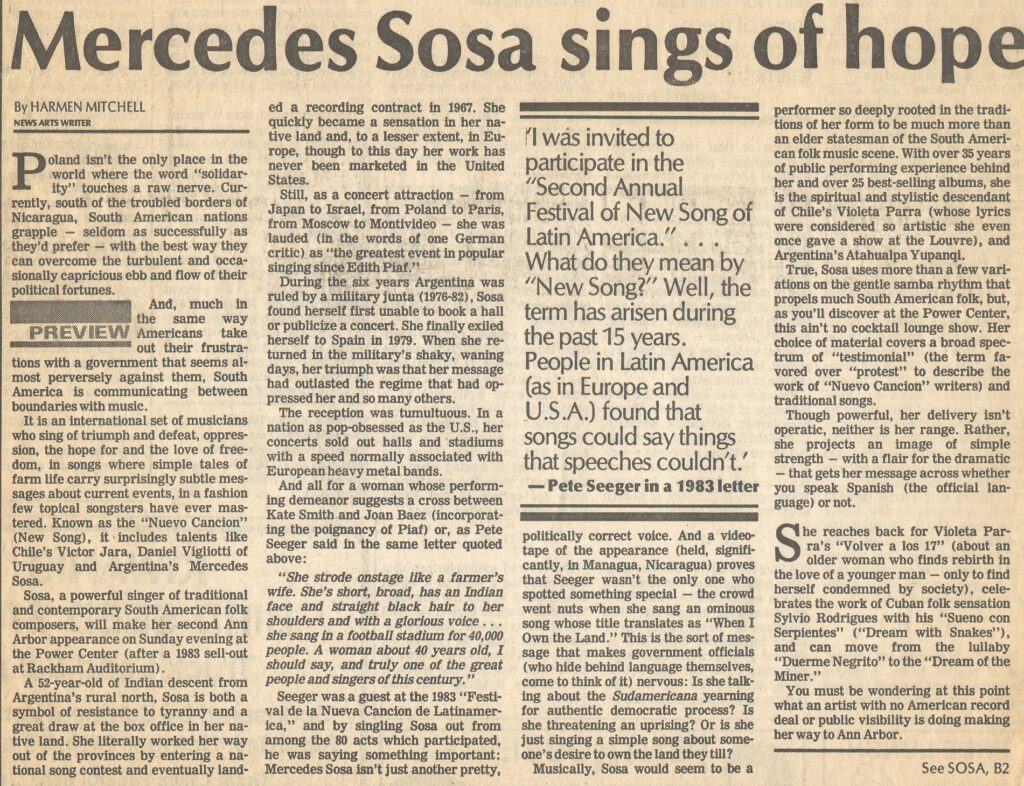
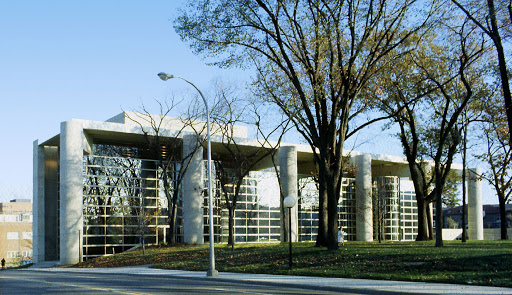
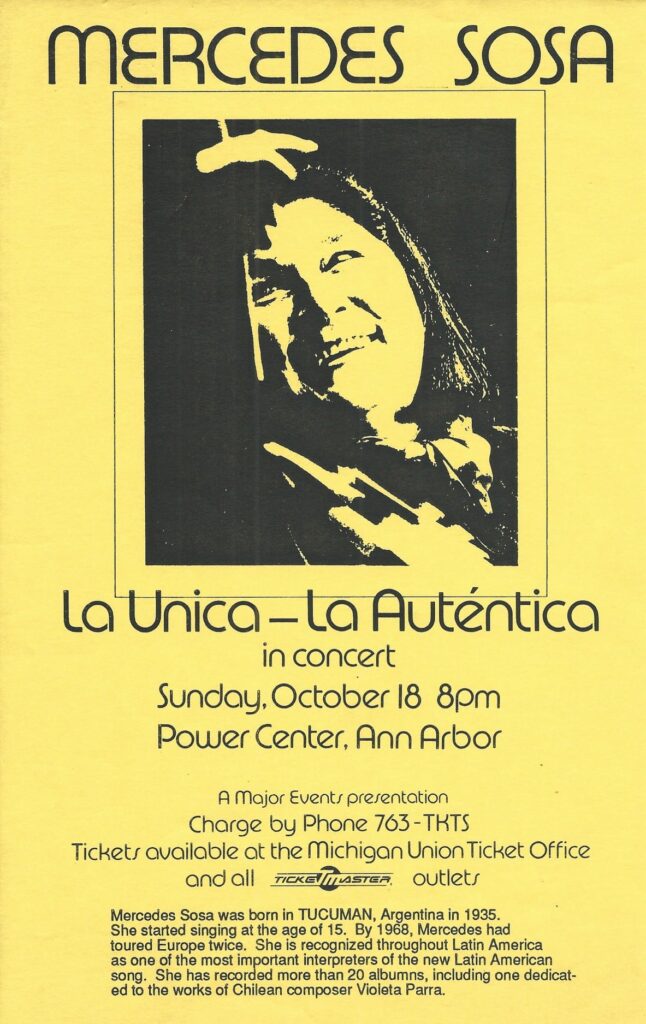
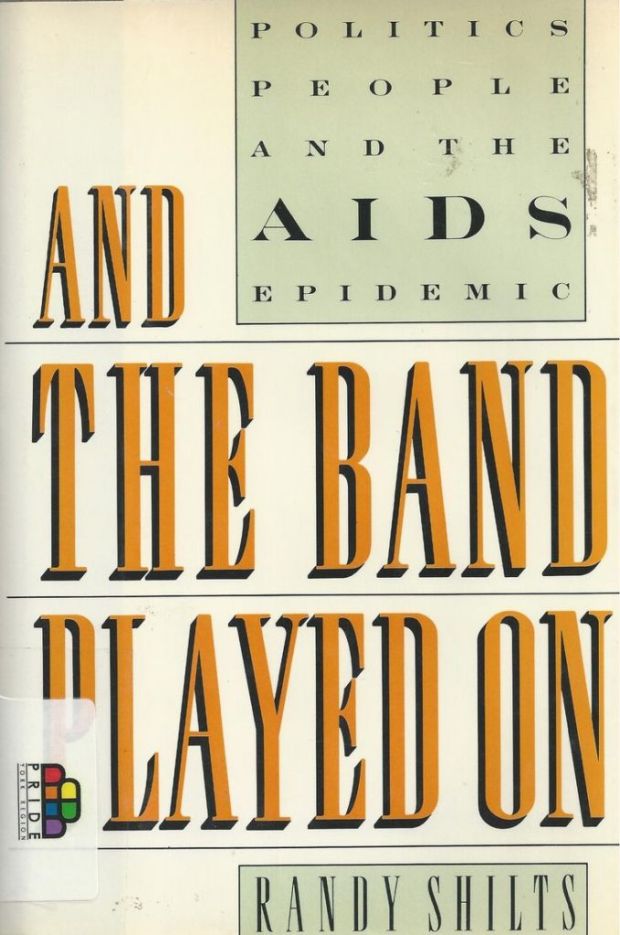

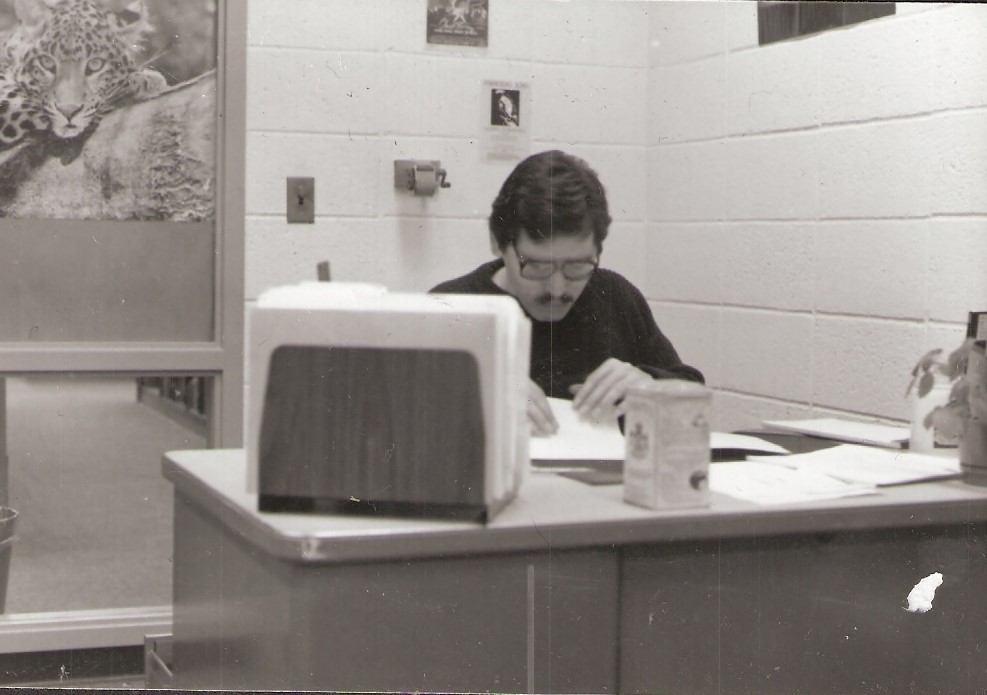
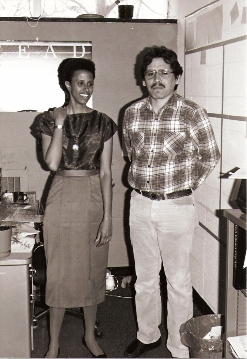
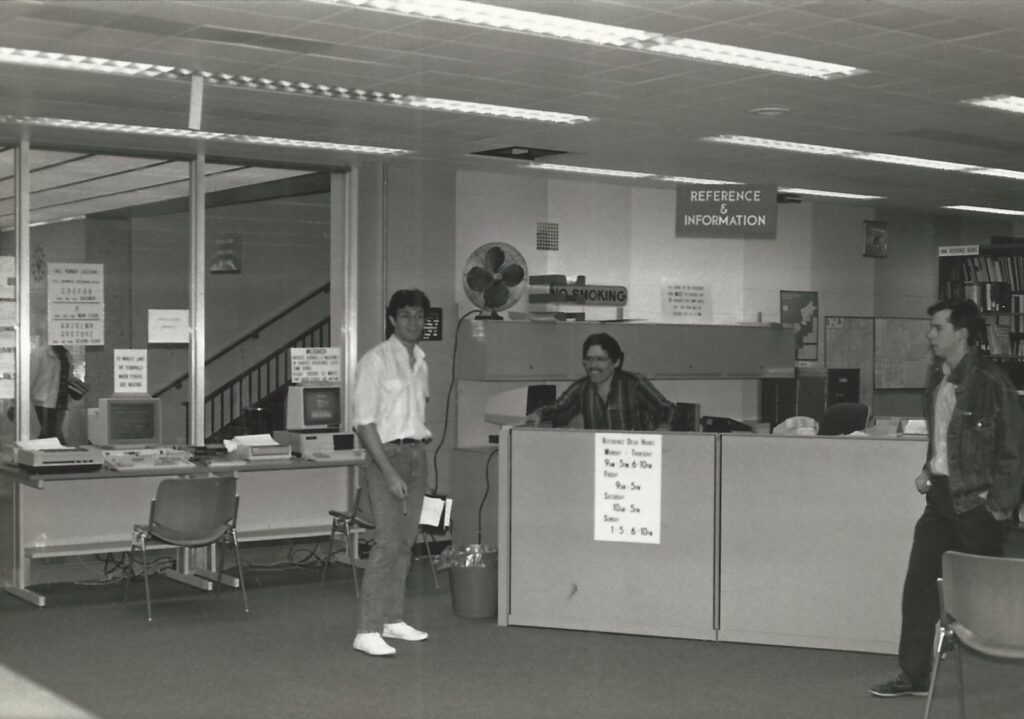
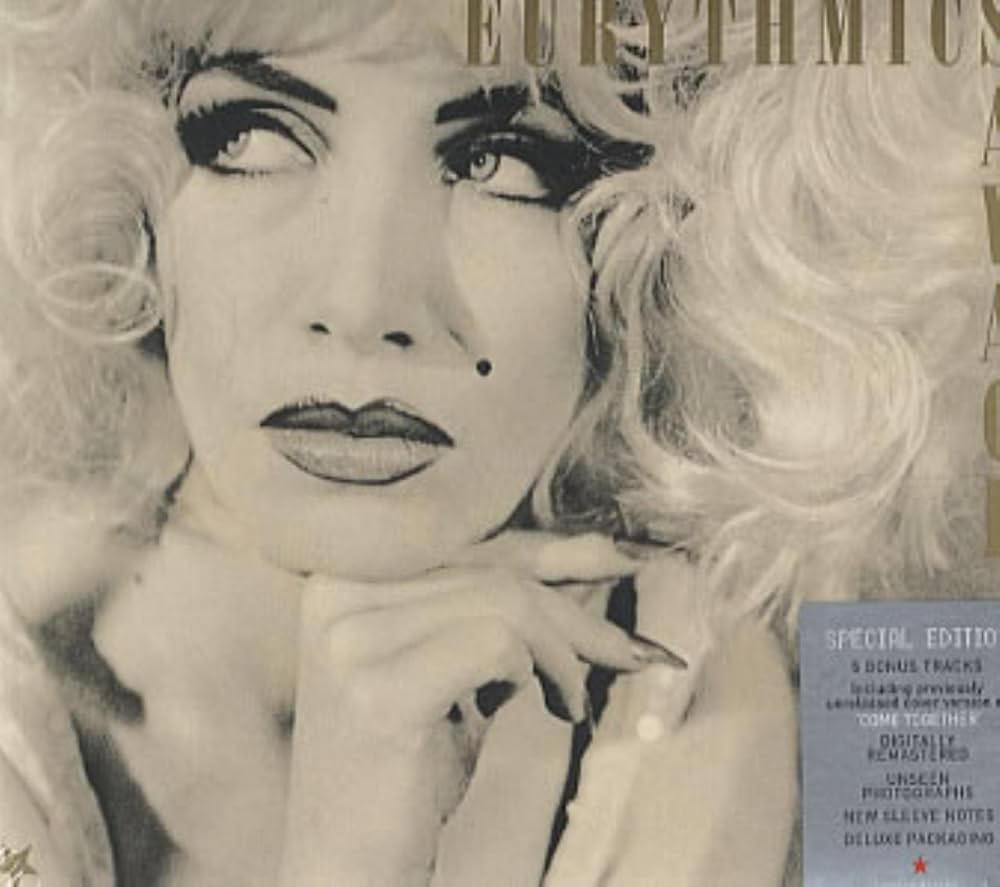
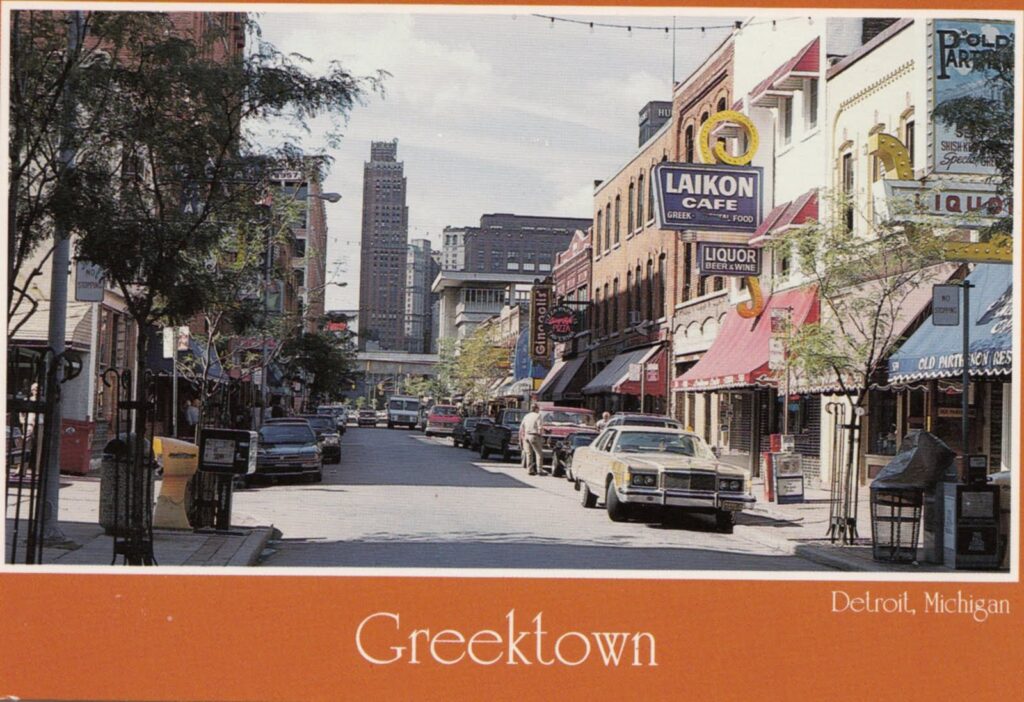
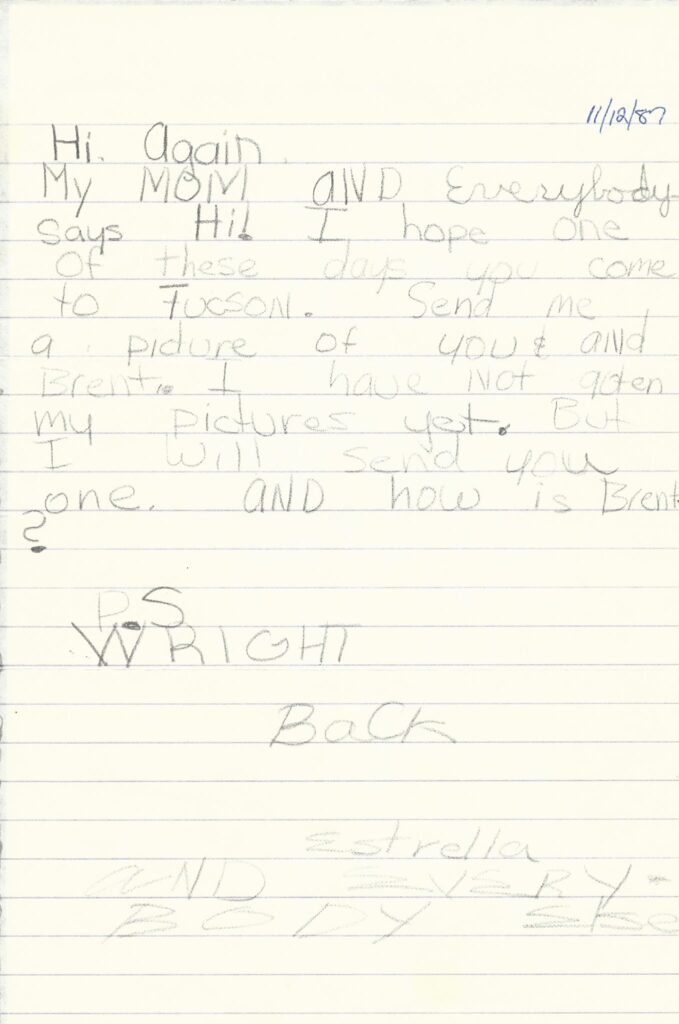
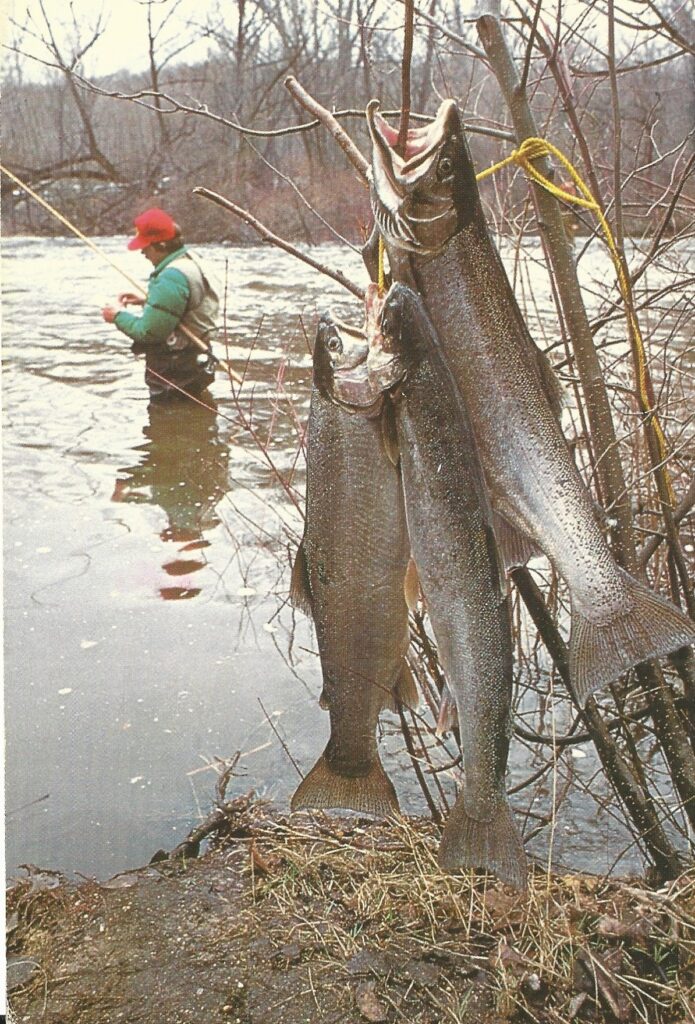
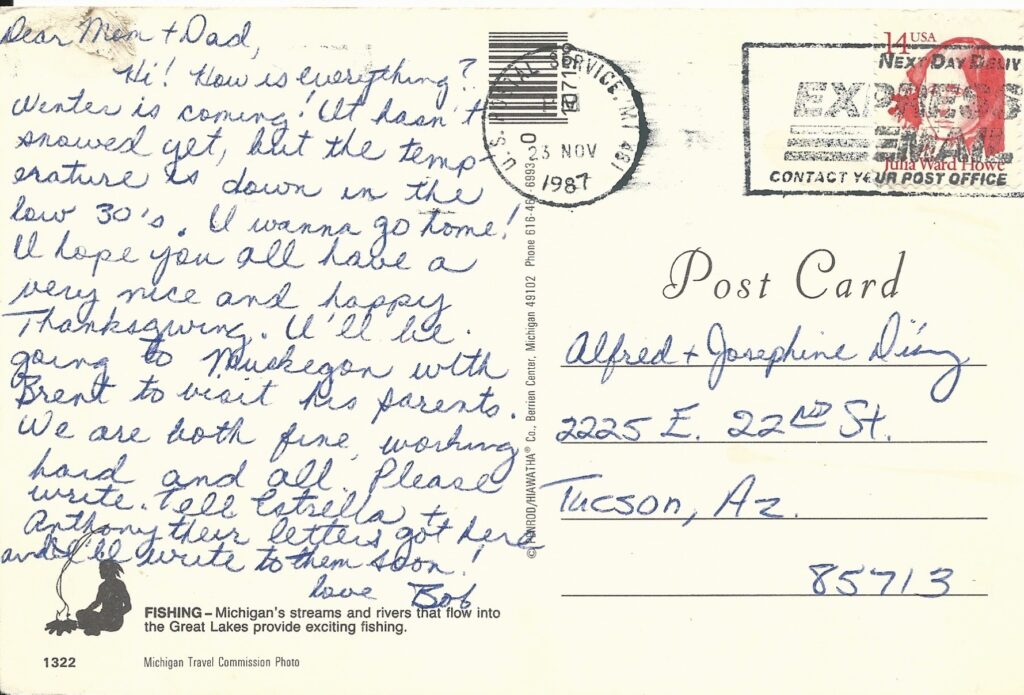

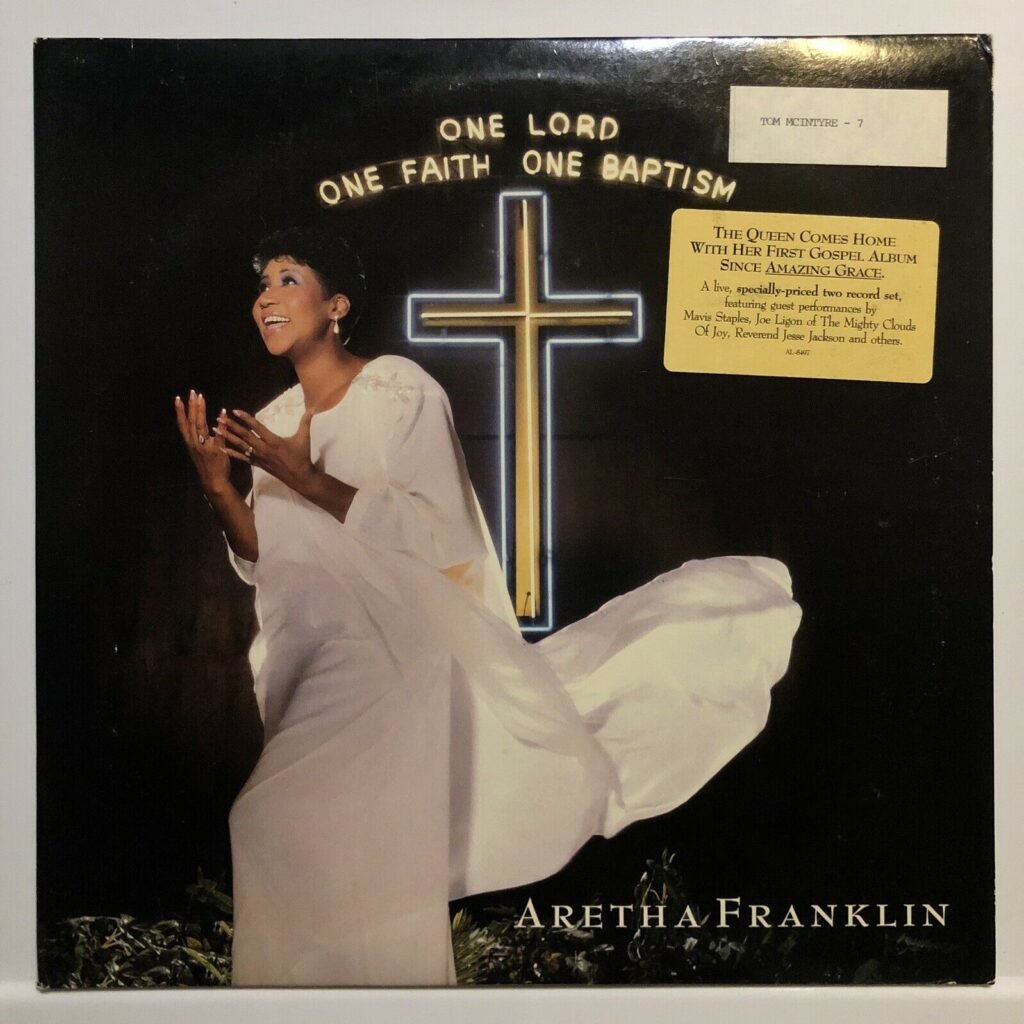
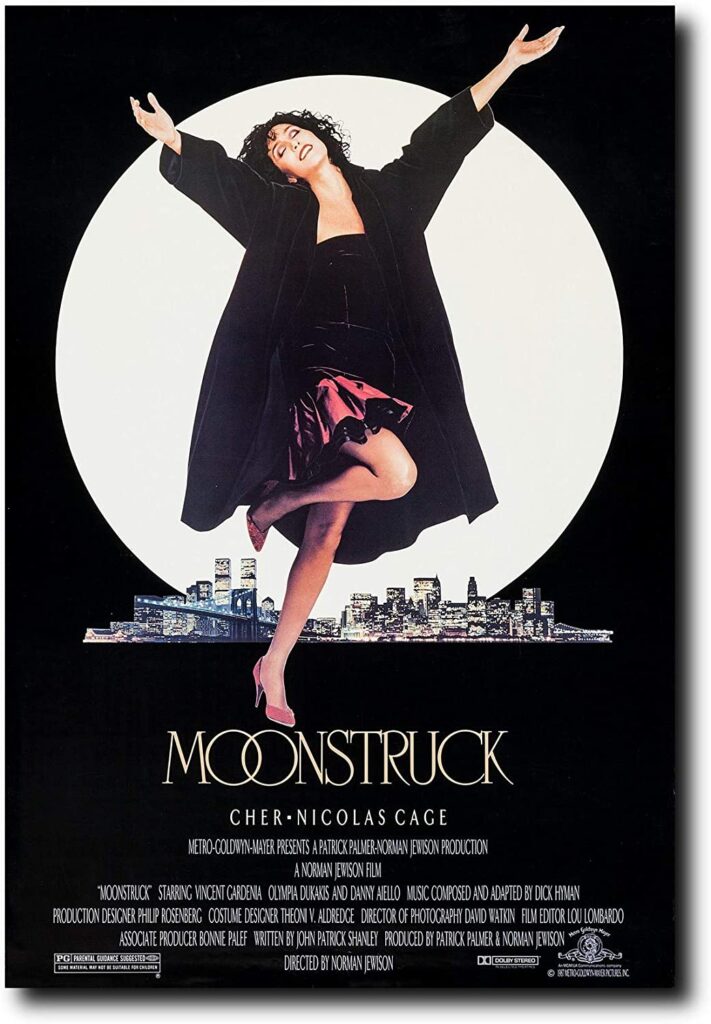
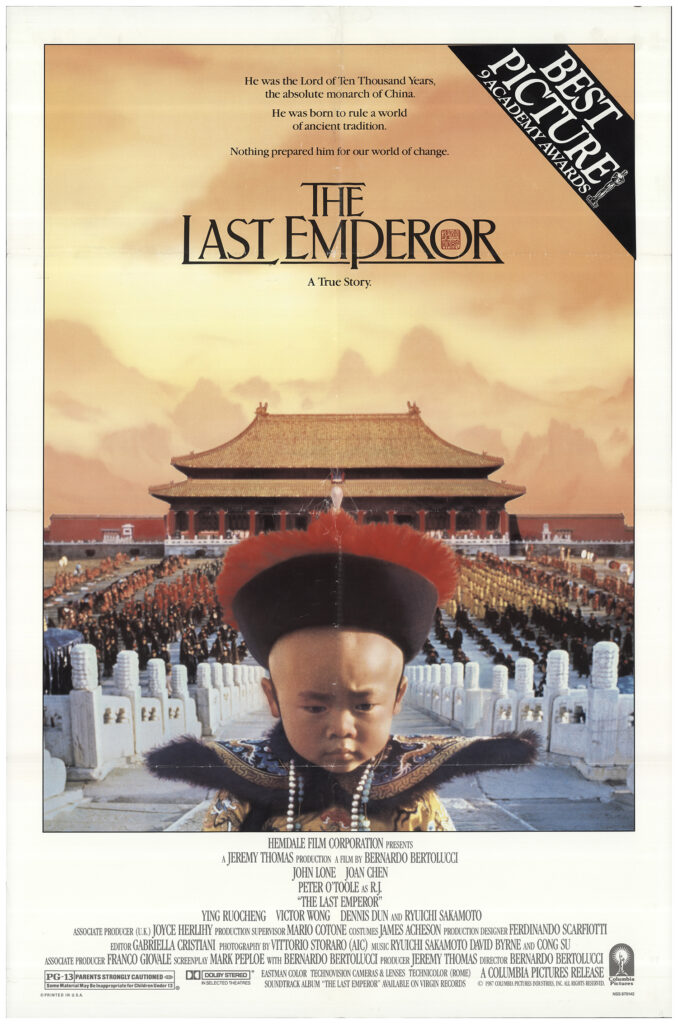

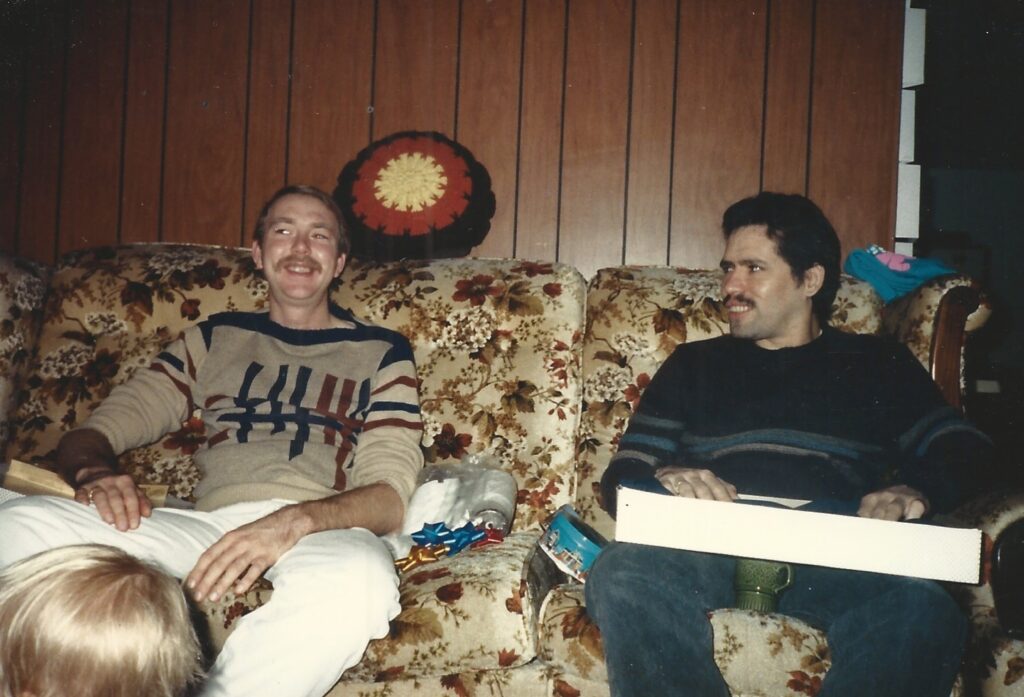
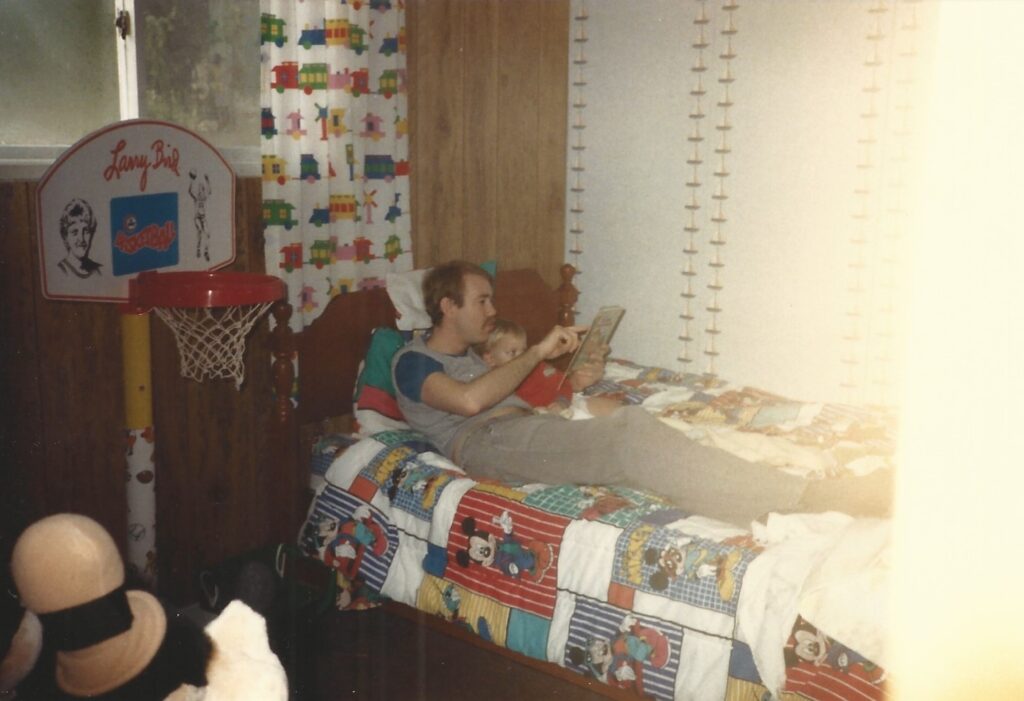
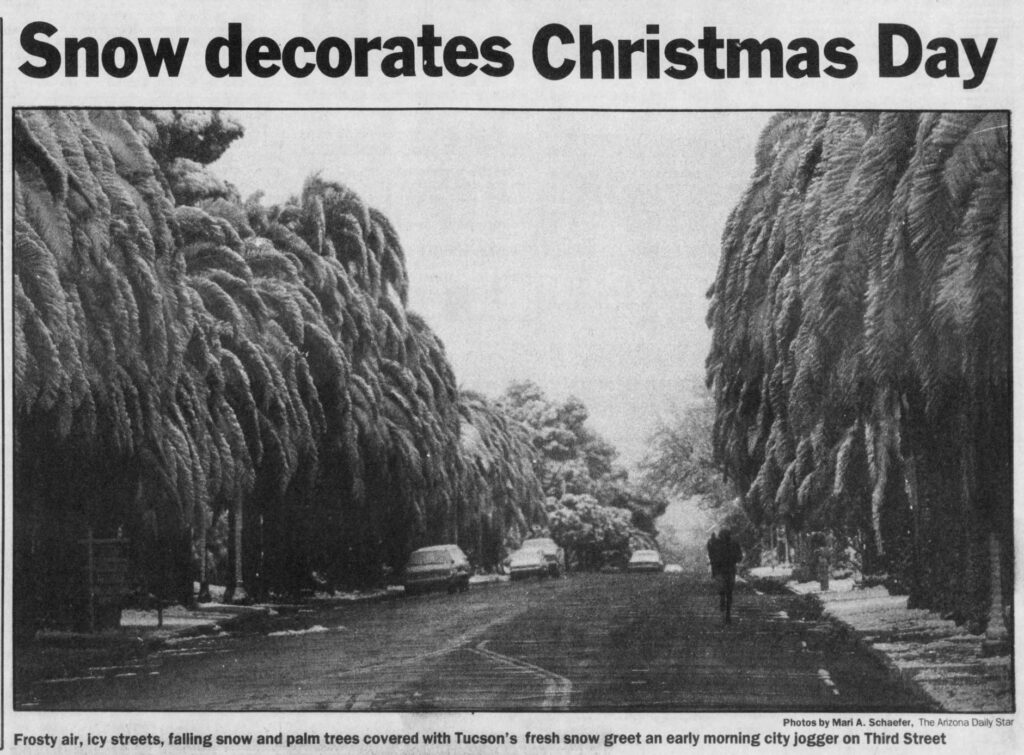
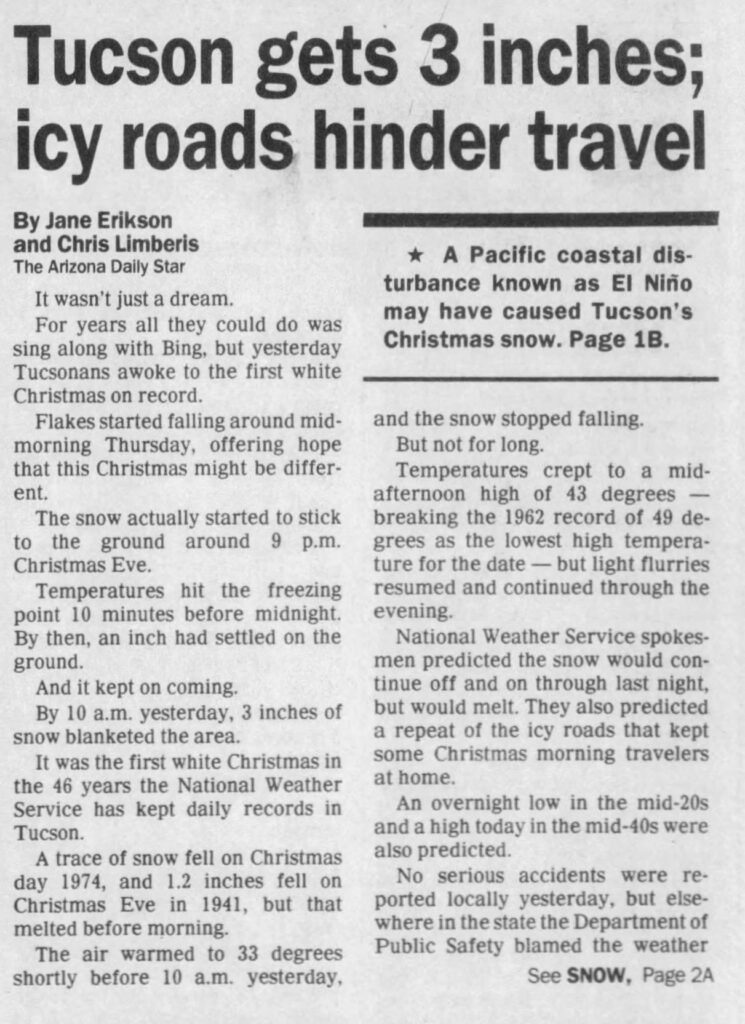
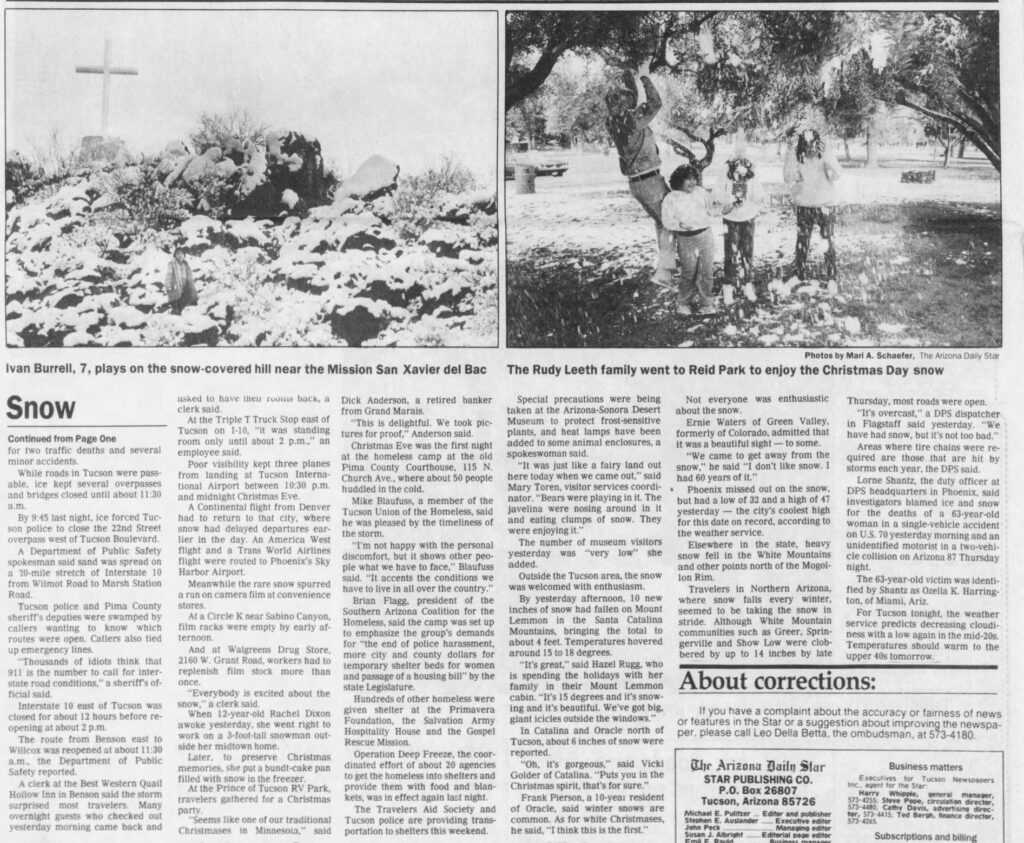
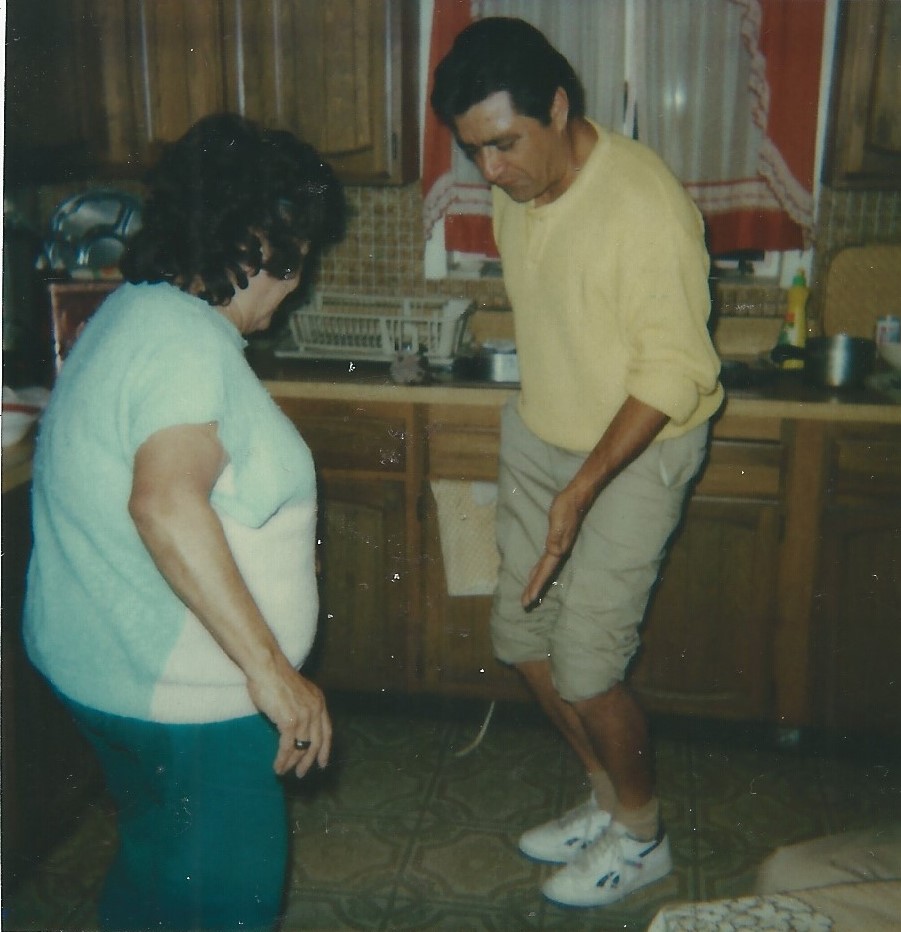
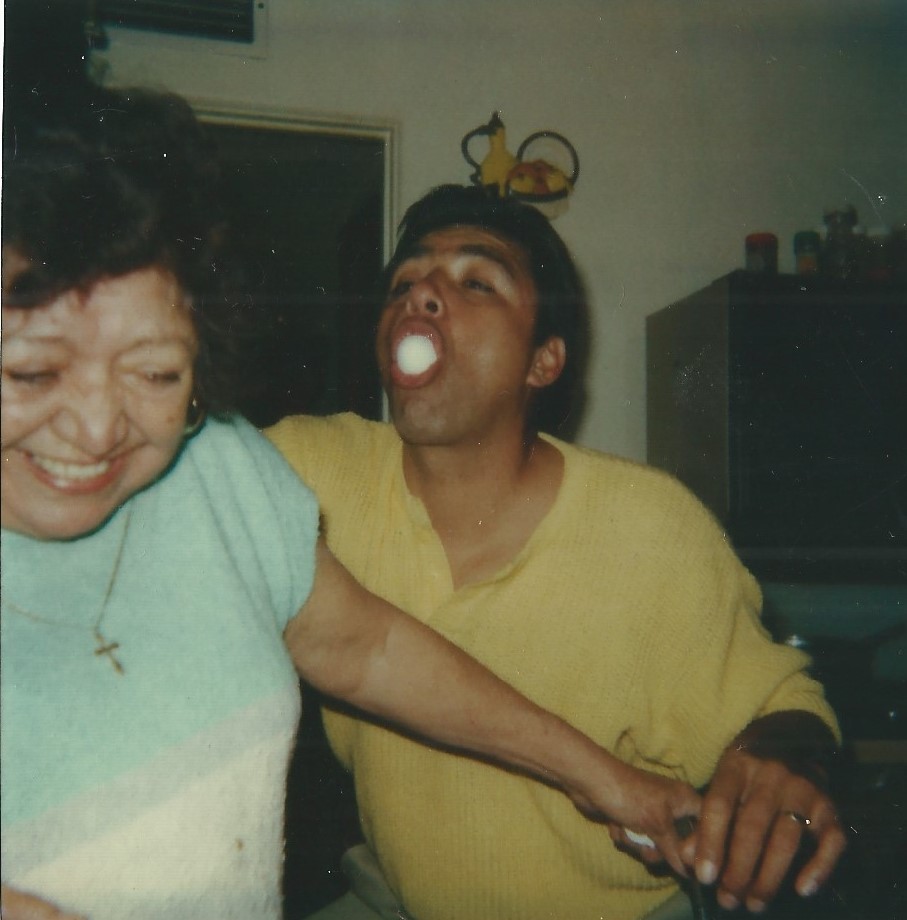
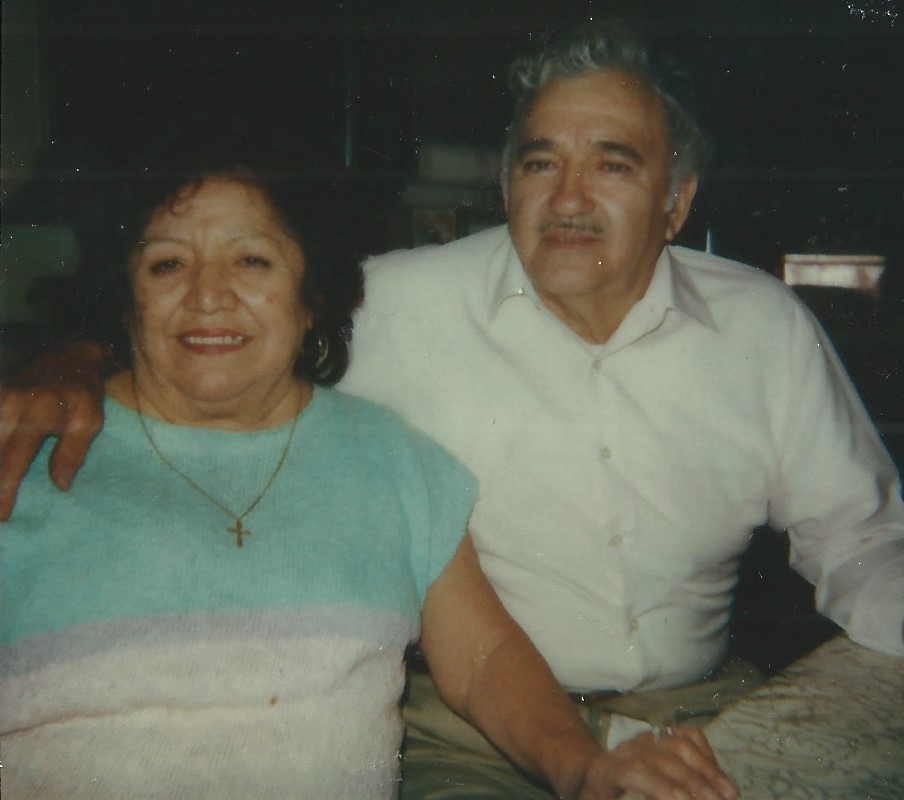
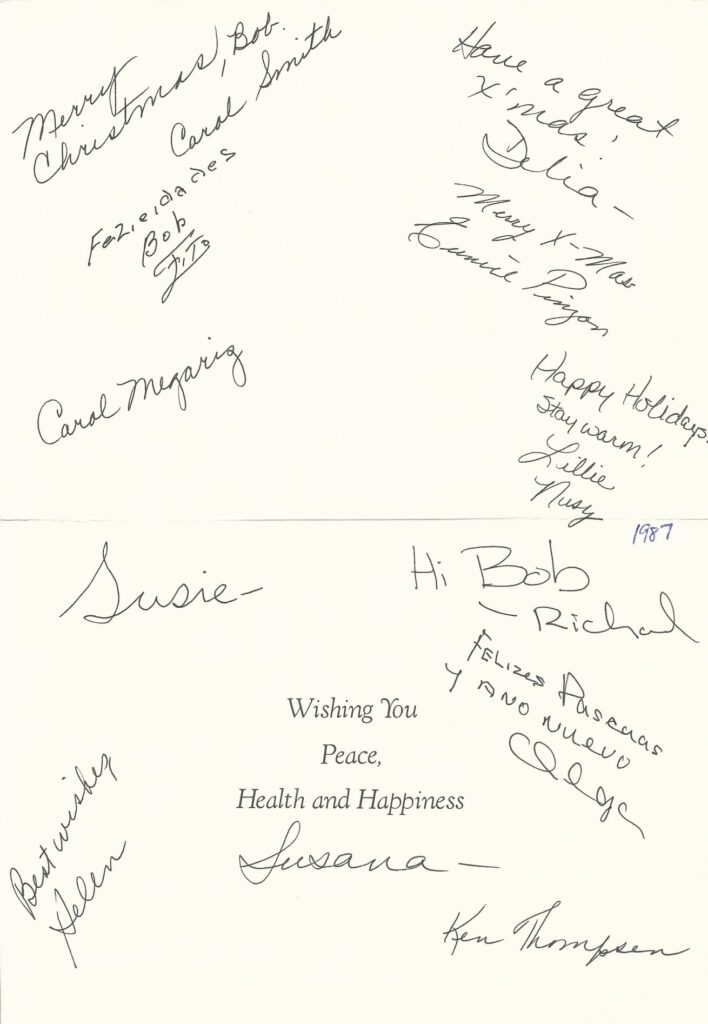
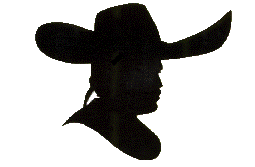
Your first couple of paragraphs got my heart beating and my blood hot – you wrote about transformation. That (can be) synonymous to education. In everything you did, but most importantly with young people, it was to provide them an environment to develop their own critical thinking, to communicate, and to strive toward conscientiousness. There are two ways to promote empowerment – from within and from the outside in. Both work. We have done both, you and I. But I have witnessed the transformations over and over through the process of education. You couldn’t possibly say you didn’t make a difference. A library card, a bookmark, and song. . . It all makes a difference. You have an unshakable ethic, and your modeling has impact. I am honored to know you and to have been part of your life. 💜 Your words and actions have impacted my life. Gracias.